REQUIRED READING: 71 pages. (Skip Chapters VII, IX, and XI. )
Chapters VIII; XIII-XVI, pp. 88-96; 105-179.
Please Clap (timestamp (00:29)
PAY NO ATTENTION TO THE PERCENTAGE OF YOUR GRADE ON CANVAS. IT HAS NO RELATION TO YOUR FINAL GRADE.
YOUR FIRST ASSIGNMENT is due Tuesday, January 14 by 5:00 p.m.
Due 5:00 p.m: After you watch The Wicked Lady, write two Discussion Questions (DQ) on the film (200 words max) and describe any three shots of your choice with three film analysis terms (100 words max).
The Wicked Lady (dir. Leslie Arliss, 1946) is on youtube on the link to your left. It may be on Swank Digital Campus. You can see a much better source print by renting the film on amazonprime.com. By "better," I mean the image quality is clear, not blurry. The sound quality is better too. You can also see the film on the Criterion Channel.
The Wicked Lady Trailer
Post your DQs and shots BOTH on Canvas AND this Google doc. Do not post your DQs in the comments box on Canvas. I will see this message across my screen: "This student does not have a submission for this assignment." And in the upper right corner I will see "No submission time." The comments box is in the lower right and I won't be looking there. So I will end up giving you a zero by mistake.
The Google doc gives examples of the format for discussion questions and three shots. Assignments are always due Mondays and Wednesdays by 5:00 p.m.
Discussion Questions etc. are due every Sunday, Tuesday, and Thursday by 5:00 p.m.
One Discussion Question (DQ) and descriptions of any two shots of your choice with film analysis terms (or definitions of any Three Big Words if we're reading an essay) are due every Sunday, Tuesday, and Thursday by 5:00 p.m. unless otherwise noted.
Computers are not allowed to be used in class.
Please turn off your cell phones and computers before class.
Take notes with paper and pen or pencil.
I will give a brief quiz at the beginning of class. If you miss the quiz, I count you absent.
You will also be counted absent if you do not turn in the DQs and Big Words of Three Shots on time Sundays, Tuesdays, and Thursdays. No late work is accepted. I allow two unexcused absences. Three or four absences will impact your final grade at my discretion. More than four absences means you will fail the course. See the Attendance policies for this course.
There is a treasure trove of resources on close reading here:
https://www.closereadingarchive.org/teaching
"Happiness has no story."
--Jules Barbey
You usually learn to figure how to do something. You know where you're going before you get there. Learning how to read literature does not work this way. The point of reading literature is that it will surprise you in surprsing ways. And so you have to stay with the text and read it closely, even reread it.
Literature may not make you a better person. But it may make you a better reader. And it may inspire you to become a scholar, to learn how to learn. Critical thinking, imo, is often a misnomer. It often means: think the way I do; arrive at the same conclusions the same way. Thinking critically, for our purposes, means posing questions, learning to figure out what a good question is.
This will be a discussion class, not a lecture, and I encourage you to befriend each other by meeting on the group on app and by continuing discussion independently after class.
If you have a question or a problem in urgent need of resolution, please contact me in class or at [email protected].
Requirements: Class participation; quizzes at the beginning of class; co-lead class discussion three times; two 500-700 word papers; and two discussion questions and three BIG WORDS for each class.
TENTATIVE SCHEDULE (Please expect adjustments to be made in the schedule from time to time.)
No cell phones, ipads, or laptops in use during class.
January 13 Bad Girls Just Want to Have Fun / Wicked Women in Literature and Film: Who Are They? And What Did They Do? Banned Books / Imprisonment /
Non-Binary Literature Outloud: Who writes? Who speaks? Try Listening to Audio recordings. How many voices do you her? How do you hear characters speaking when you read silently? We will leave open the meaninf of "Wicked" in this course. While it describes criminal behavior and harlotry, it is not the opposite of Good (it is not a synonym for Evil). Maybe being a "bad" girl is a good thing. "Wicked" is non-binary. Literature always "goes too far." Let's think beyond good and evil with Friedrich Nietzche. What is the relation between wisdom and wickedness? (btw, the Spanish translation of film remake of TThe Wicked Lady is La Dona Perversa.) Men can write at the Margins. There is Only One Subject/ivity. But there is always more than one (female) voice, just as there is always more than one feminism, more than one kind of writing by women (literature and political tracts). And "more" does not mean "inclusion" but contradiction and disagreement (even within the same person).
1. Censorship: every work of literature we are going to read and one of the films we'll watch was censored at some time or other. Not until 1966 did the U.S. Supreme Court rule that John Cleland's Fanny Hill was not obscene because it was literature. NY Times 1964 on British cenorship of the novel. Fanny Hill MA Supreme Court decision, 1966. Defoe, Cleland, and Diderot all spent time in prison. Defoe was also put in the stocks. Self-censorship by the writer and by the narrator (do we get the whole story); the threats of state censorship or book banning, and punishment of the author with the pillory or imprisonment.
2. Moral Problem as a Reading Problem: (medieval deportment books deportment books written to teach "gentilesse" to yooung women; eighteenth-century conduct manuals for young women, spiritual autobiography, courtship novels, and cautionary tales for women who are sometimes warned against reading novels with women characters who are morally bad / sexually depraved / criminals (thieves; murderers; bigamists) but who finally repent and reform. Or do they? In Defoe's novels, which emerge from the tradition of "whore biography," bad characters go to Newgate Jail or Bridewell Prison; Punishment of criminal characters includes transportation to the colonies and death by hanging.
3. Character and Narration: Daniel Defoe is aware that the narrators of Roxana and Moll Flanders could be judged (perhaps correctly) by some readers to be obscene and immoral books. The unnamed editor of Moll Flanders and Moll herself both assert there is a moral in the novel. Is there? To address these questions, among others, we will examine syntax, diction, and punctuation; Narration and Voice: Male author (anonymous); frame narrative (a story-within-the story told by a hostess to two male guests who tend to interrupt the story, disagree with each other, and ask for more wine); preface as apologia; written by a male editor, or Prologue spoken by the narrator (we can include Chaucer's Prologue and Tale to the Wife of Bath), or letters unsent; female narrator of an autobiography supposedly authentic and truthful; first person speaker and third person (omniscient) narration; first person advocate, speaking on behalf of a group versus narrator who speaker herself and occasionally, her sex. See chapter 8 of Mary Wollstonecraft's Gothic novel Maria; Or, the Wrongs of Woman, a sequel to The Vindication of the Rights of Woman.
Host Russell Baker's WARNING in 1996 Masterpiece Theater TV Series Moll Flanders
4. Feminism and Free Speech
"Current Challenges to Free Expression: A New Age of Repression" Geoffrey R. Stone 1991
Wendy Kaminer, Feminists Against the First Amendment The Atlantic November 1992 Issue
"A critique of a movement that is winning new recruits among politicians and on college campuses—a movement that appeals to the widespread loathing of pornography, that promotes a view of men as lubricious brutes, and that has united authoritarians on the left and the right in an assault on free speech"
January 15 The Wicky LADy
REQUIRED VIEWING:
The Wicked Lady (dir. Leslie Arliss, 1946) You can see a much better source print by renting the film on amazonprime.com. By "better," I mean the image quality is clear, not blurry. The sound quality is better too. You can also see the film on the Criterion Channel. The Wicked Lady Trailer
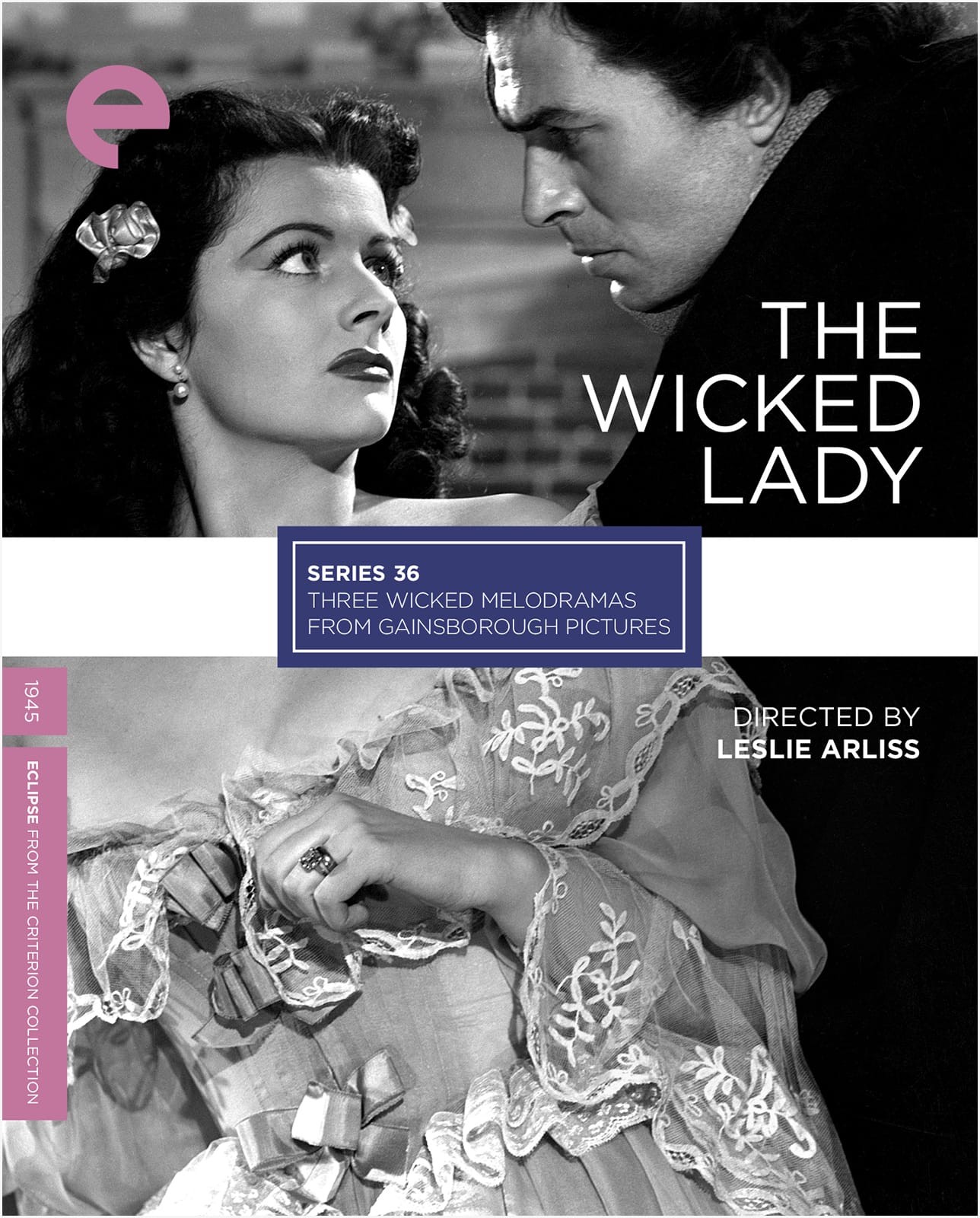
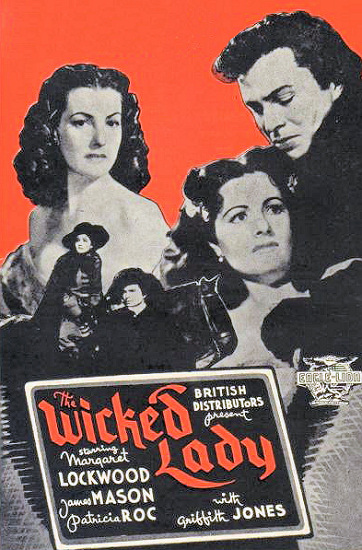
January 17 Literature (not only sexuality) as the Other of Gender / Feminism?
Lady / Corporate Feminism vs. Revolutionary Feminism: Literary Critics and Historians of the book remain trapped inside the dead end of a binary opposition between two predictable, judgmental labels: on the one hand, you have pejoratives like "misogynistic"; "sexist" and on the other, you have agenda free, no content corporate labels like "strong women"; "independent women"; (business) "leaders"; "firsts"; "representation"; "intersectionality; "voices"; "empowerment," and "agency." No reading or reflection required (or allowed?). In a word: "feminonormativity."
NOTE: We'll spend a few minutes during this class learning together how to read Chaucer's Middle English out loud.
REQUIRED READING:
You can read it online at archive.org here:
or you can read this underlined and anntotated pdf helpfully supplied by UF. (We might want to consider the reader(s) who left traces of her? / his? / their? comments (in pencil?) and marks in this copy.)
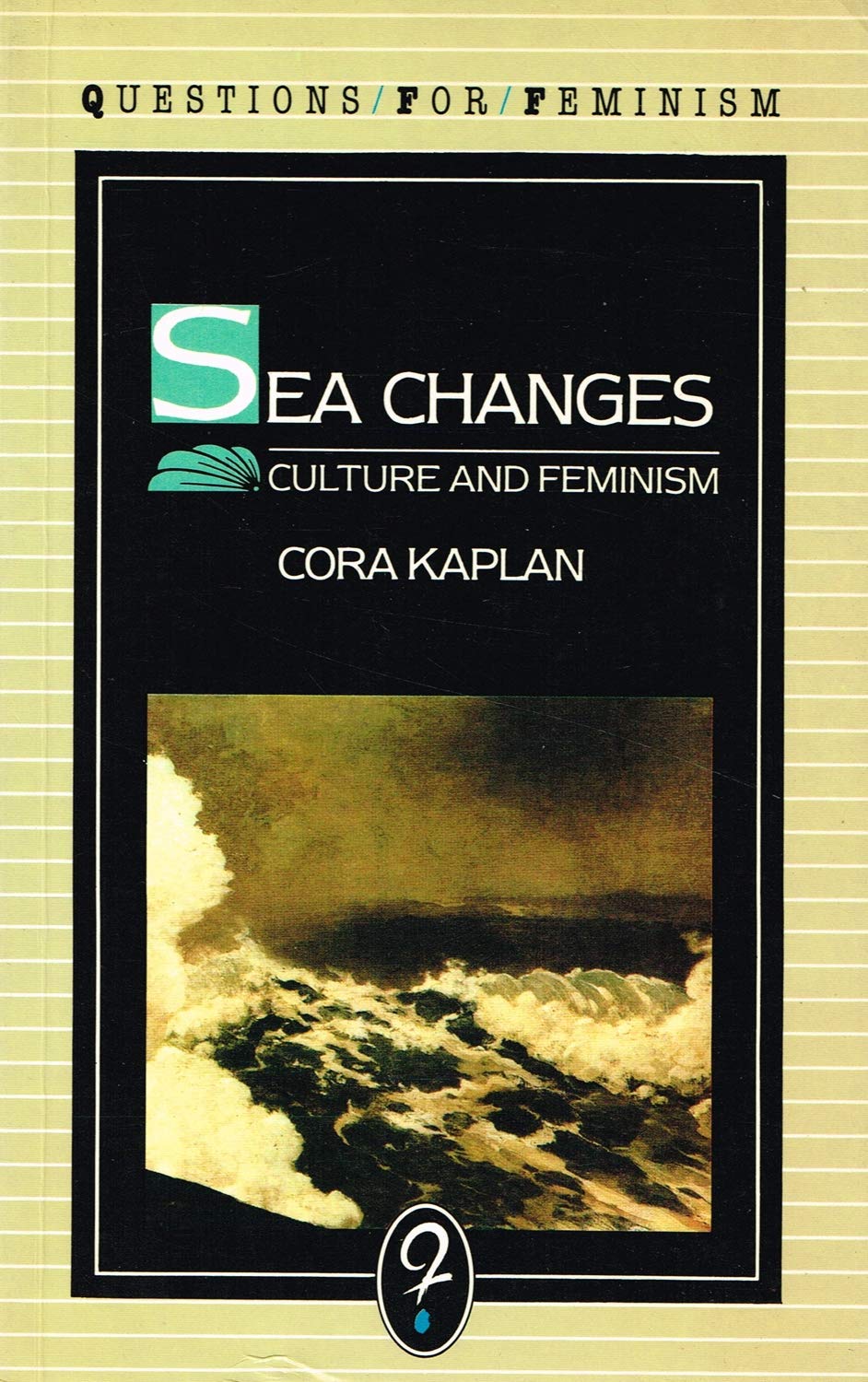
Recommended Reading:
Mary Wollstonecraft, The French Revolution and the Tyranny of Men
Mary Wollstonecraft, A Vindication of the Rights of Woman
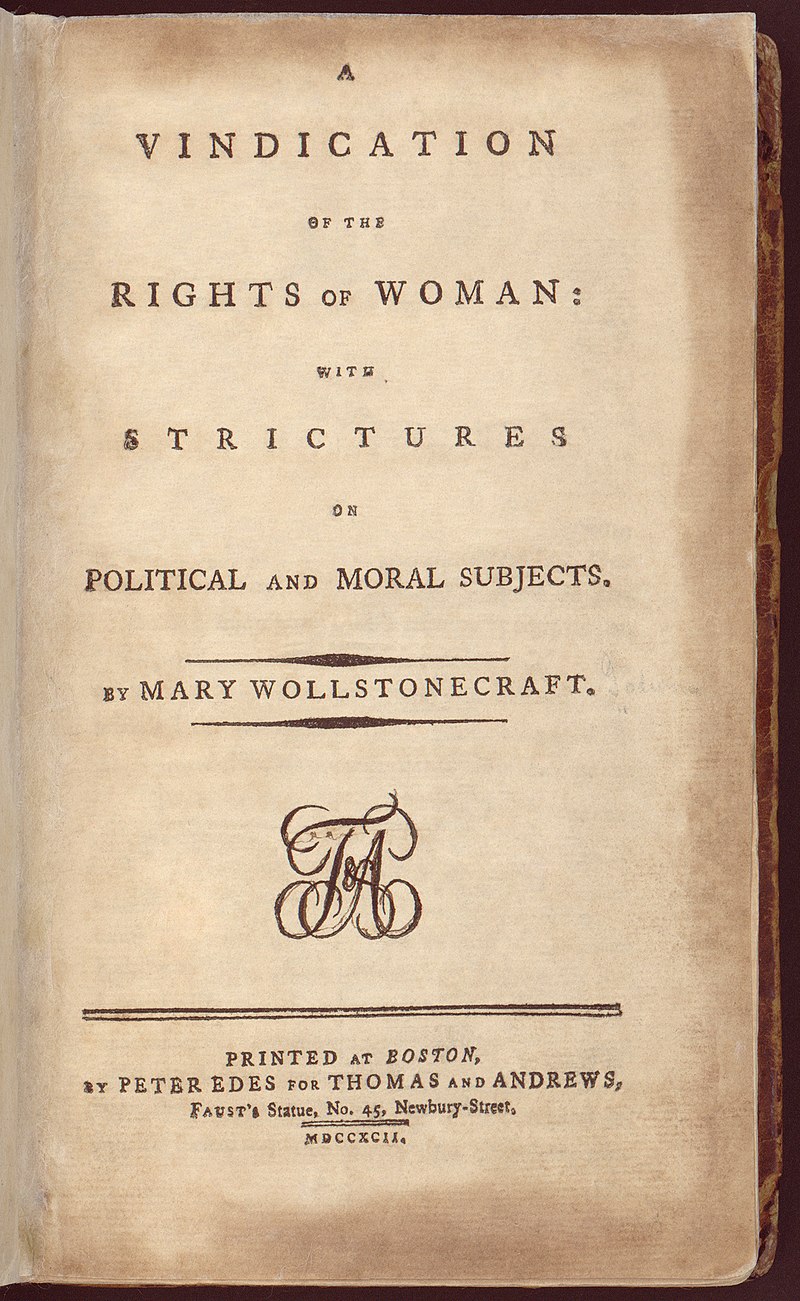
Susan J. Wolfson, On Mary Wollstonecraft's A Vindication of the Rights of Woman
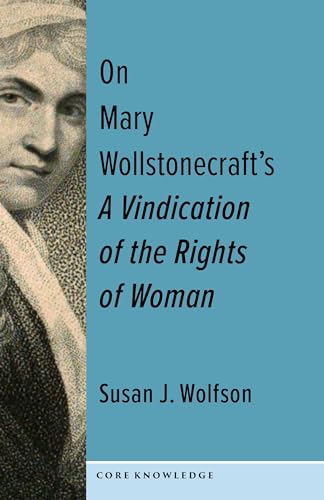
From the preface Mary Wollstonement's novel, Maria; Or, The Wrongs of Women:
"The wrongs of woman, like the wrongs of the oppressed part of mankind, may be deemed necessary by their oppressors: but surely there are a few, who will dare to advance before the improvement of the age, and grant that my sketches are not the abortion of a distempered fancy, or the strong delineations of a wounded heart.
In writing this novel, I have rather endeavoured to pourtray passions than manners.
In many instances I could have made the incidents more dramatic, would I have sacrificed my main object, the desire of exhibiting the misery and oppression, peculiar to women, that arise out of the partial laws and customs of society.
In the invention of the story, this view restrained my fancy; and the history ought rather to be considered, as of woman, than of an individual."
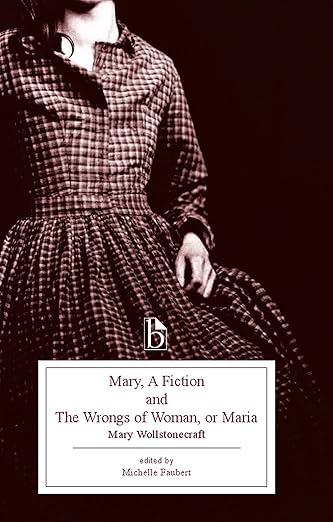
Écriture féminine (Women's Writing)
Écriture féminine: Searching for an Indefinable Practice?
January 20
Martin Luther King Jr. Day
1 "Experience, though noon auctoritee
"Experience, though no written authority
2 Were in this world, is right ynogh for me
Were in this world, is good enough for me
January 22 "That gentil text kan I wel understonde": The Wife of Bath as Scholar (and occasional self-censor)
Should we read Chaucer aloud? Or silently? Is Chaucer a ventriloquist, creating a female character like the Wife of Bath who cites male writers to challenge their authority by misinterpreting their views? Is there such a thing as the female voice? Or male? Reading, Voicing, Glossing, Book Burning, the Wife's "Bele Chose," (Re)Marriage (five times so far), Wrecked (Revenged) What does the Wife mean by "wyse" (wise) wife or woman?
What Chaucer's Middle English sounds like. / Middle English and Reading the Canterbury Tales / and audio sample here.
REQUIRED READING:
"Wife of Bath's Prologue" with a table of contents that is also a list of brief plot summaries of successive lines (it wassinvented by an editor, not Chaucer) and text with notes and translation, Lines 1-626.
Geoffrey Chaucer, "Wife of Bath's Prologue," interlinear translation, Lines 1-626.
You may read the interlinear Harvard modern translation of Chaucer's Middle English (1387-1400) here: "Wife of Bath's Prologue." You will see that the modern translation is neither in iambic pentameter nor in rhyming couplets. (There are no silent vowels in Middle English.)
You may also read the extremely well-annotated "Wife of Bath's Prologue and Tale" in Middle English edited by Robert Boenig and Andrew Taylor (Broadview, 2008) pdf (The footnotes include all of the annotations in the margins of Chaucer's manuscripts.)You can consult a facsimile of the manuscript here. Scholars do not agree whether Chaucer or a scribe wrote them. See this annotated 1532 edition.
The Riverside edition is very prestigous and has the same format as the Broadview edition above.
Or you may read the Norton Canterbury Tales e-book and audiobook, free 21 day trial description David Lawton (Editor),
Reading performed by Jennifer Brown.
First person (prologue) and third person (tale); "Glosing" the text and the female body
129 Why sholde men elles in hir bookes sette
Why else should men set in their books
130 That man shal yelde to his wyf hire dette?
Recommended (not Required) Reading:
Harvard 'Introduction' to the Prologue and Tale
Carolyn Dinshaw, “‘Glose Bele Chose’: The Wife of Bath and Her Glossators”
Muriel Bowden, , A Reader's Guide (1970)
Here is an excellent app for the General Prologue
Recordings of the Wife's Prologue and Tale spoken in Middle English (AI sounds better to my ears) and Modern English / Middle English Poetry: Chaucer's Wife of Bath's Tale
The Man of Law's Tale and Prologue (ll. 46-89, an advertisement for Chaucer's self-censoring in Chaucer's Legend of Good Women:
77 "But certeinly no word ne writeth he
"But certainly no word writes he
78 Of thilke wikke ensample of Canacee,
Of that wicked example of Canace, . . . .
86 And therfore he, of ful avysement,
And therefore he, after careful consideration
87 Nolde nevere write in none of his sermons
Would never write in any of his compositions
88 Of swiche unkynde abhomynacions,
Of such unnatural abominations, )
Not Strongly Recommended Reading ("Biographical Criticism"):
"The-wife-of-bath-a-biography-by-marion-turner-review-chaucers-feminist-hero
Marion Turner, The Wife of Bath: A Biography (2023)
The Wife's prologue is in part an autobiography. So Chaucer does set up a biographical reading of the Wife's tale. But the prologue is not a unified text that enables us to view the tale from the outside and thereby make sense of it. The Prologue is a paratext, and it therefore has to be read as closely as the tale it surrounds and (p)repeats). (No critical approach is bad or unproductive per se. Its value depends on how it is used case by case.
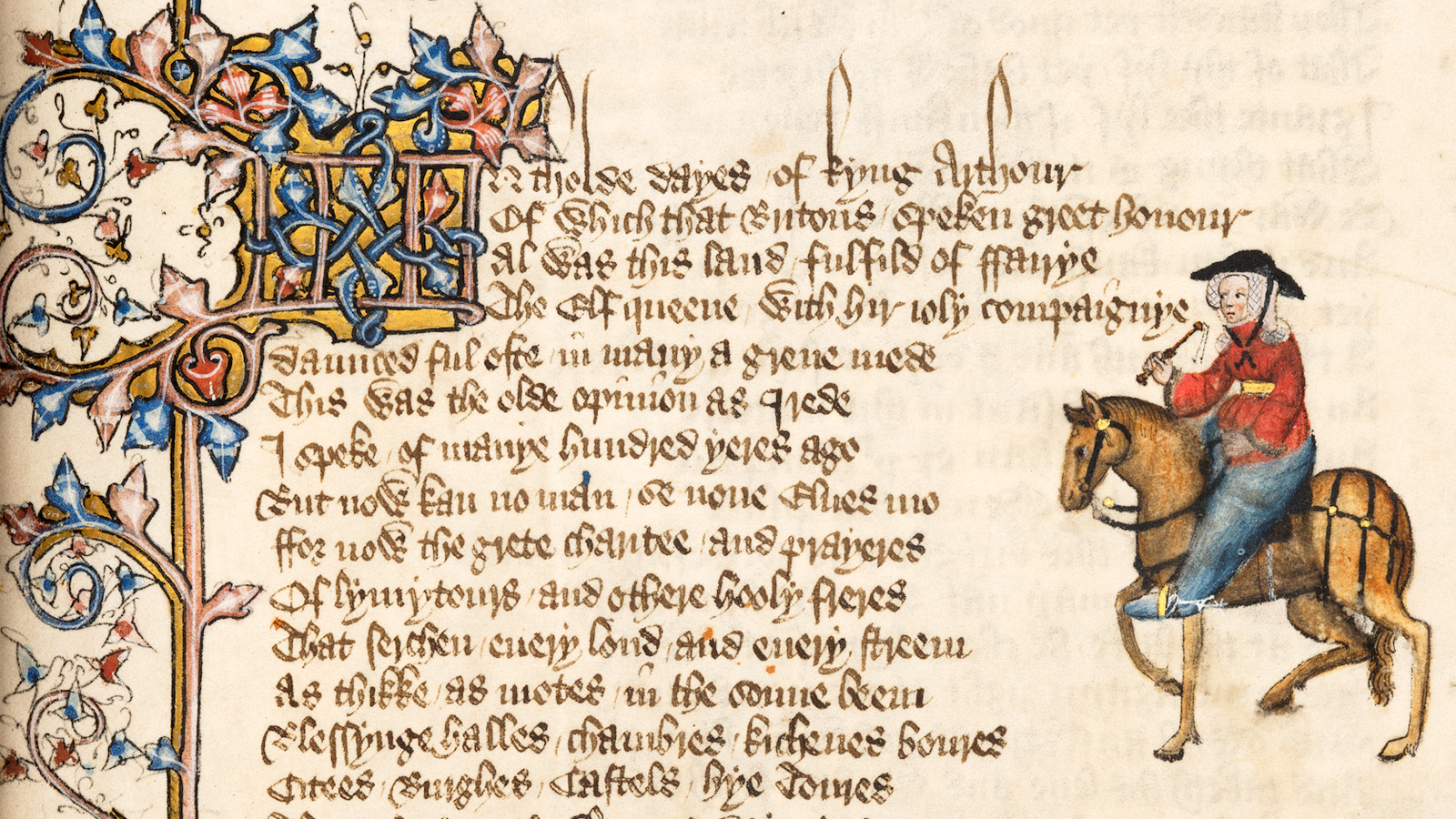
January 24 The Wife of Bath as Governor: Burning a Wicked Book?
Line 816 And made hym brenne his book anon right tho.
And made him burn his book immediately right then.
REQUIRED READING:
Geoffrey Chaucer, "Wife of Bath's Prologue," lines 627-828 interlinear modern translation of Chaucer's Middle English (see above for alternate editions) Line 627 What sholde I seye but, at the monthes ende,
"Wife of Bath's Prologue" with a table of contents that is also a list of brief plot summaries of successive lines (it wassinvented by an editor, not Chaucer) and text with notes and translation, Lines 1-626

Recommended Reading:
Ralph Hanna and Traugott Lawler, Ed. Compiled by Karl Young and Robert A. Pratt Jankyn's Book of Wikked Wyves The Primary Texts
By God, if wommen hadde writen stories,
By God, if women had written stories,
694 As clerkes han withinne hire oratories,
As clerks have within their studies,
695 They wolde han writen of men moore wikkednesse
They would have written of men more wickedness
696 Than al the mark of Adam may redresse.
Than all the male sex could set right.
Lawler, Traugott, et al.
Jankyn's Book of Wikked Wyves: Seven Commentaries on Walter Map's "Dissuasio Valerii"
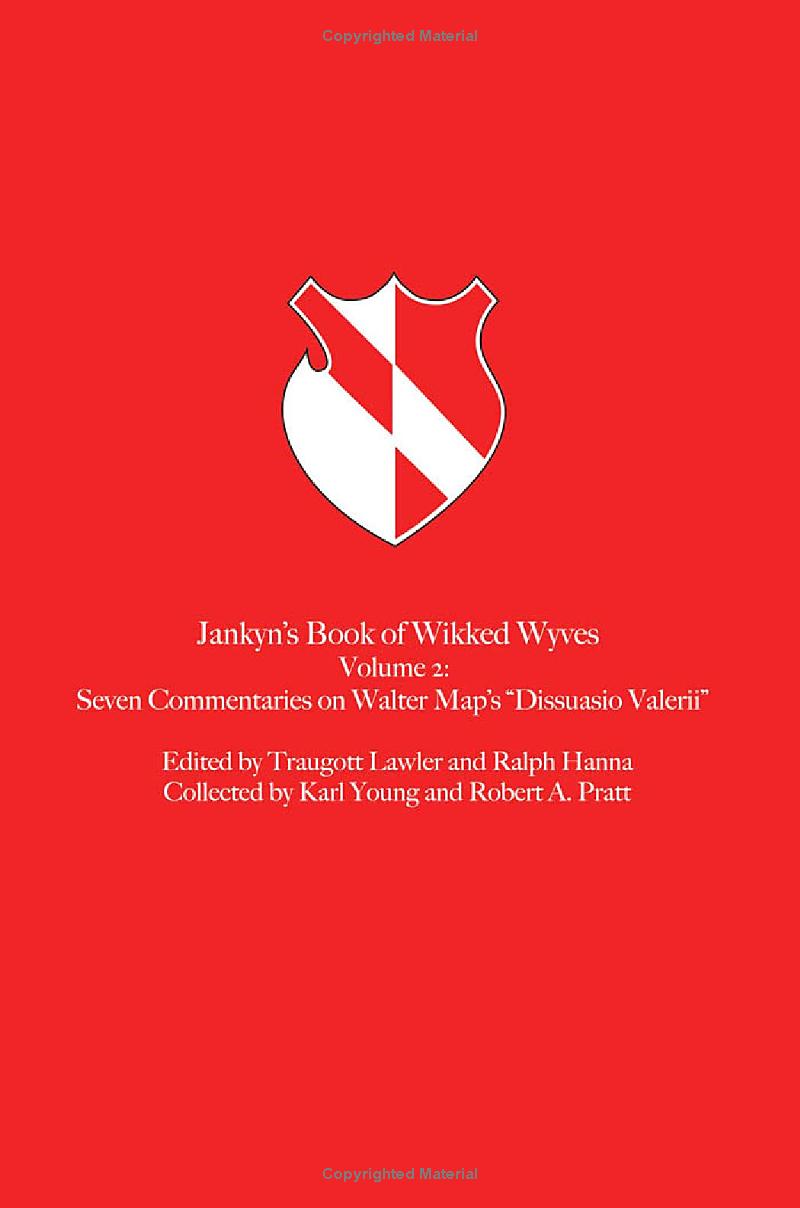
January 27 Understanding" the Wife of Bath: "Ye woot wel what I meene of this, pardee!
You know well what I mean of this, by God!"
904 I grante thee lyf, if thou kanst tellen me
I grant thee life, if thou canst tell me
905 What thyng is it that wommen moost desiren.
What thing it is that women most desire.
REQUIRED READING:
Geoffrey Chaucer, The Tale in "Wife of Bath's Tale" interlinear modern translation of Chaucer's Middle English, lines 857--1264. Or see alternates above.
"Wife of Bath's Prologue" with a table of contents that is also a list of brief plot summaries of successive lines (it wassinvented by an editor, not Chaucer) and text with notes and translation, Lines 1-626
Just asking: Is there a psychological relation between the teller and the tale? Does the tale make sense since it is not an exemplum, a story with a moral? Is it at all realistic? How would you divide up the Prologue and Tale differently from the table of contents, either by creating a different table or by dividing it up into larger sections?

Recommended Resource:
P. Ovidius Naso, Metamorphoses Book 11
BACCHUS AND MIDAS (the story the wife does not finish)
Le Roman de la Rose, best-seller médiéval (The Old Lady section is a source for the Wife of Bath)
English Translation and Commentary
The French fabliau was another source for Chaucer.
Fabliau: medieval French poem / Old French lexicon https://www.arlima.net/ad/crote.html
L'art d'aimer au Moyen Âge [The art of love in the Middle Ages] (Wonderful Online Resources in the 2020s--book illustrations as four minute cartoons with voice-over summaries of the plot. You can quickly learn what they are, not just how Chaucer used them.)
To sign up to co-lead class beginning January 27, go to this google doc. Do not co-lead with the same person twice and co-lead at least four weeks after the first time you co-lead.
Once you have a partner to co-lead class discussion, create a google doc for your notes and share it with me by 5:00 p.m. the day before you are co-leading so I can add my thoughts. Make sure you allow me access so I can edit the document.
274 And that no wys man nedeth for to wedde,FIRST PAPER DUE February 1, by 11:59 p.m. 500-700 words. Email the link to your google doc to me at [email protected].
1. The chapter title option is an intellectual autobiography. You have to explain what you did, why you selected the lines and how you divided the lines and assigned them titles).
2. Choose either A or B.
The Tale is three times as long as the Friar's. In the first question, I'm suggesting the P and T are really long and would been if Chaucer streamlined it here and there. he cut lines or entire passages improved the P and T. He could have deleted the Homily. Yet as we saw today in class, it's good he didn't. One way to justify the opening lines is show subtly Chaucer sets up the question raised by the "foul, old" woman's transformation into a young woman. That question is not answered. It may help you formulate other questions. When you discuss or A or B you may also bring in the Prologue (because the P and T are connected).
Live GRADING in 4314 Turlington. We will meet at my office in person to discuss your assignment. I will send out an email with a link to a google with a schedule of times we can meet. You'll just need to sign up.
January 29 Non-Binary Oppositional Disorder: Neither / Nor v. Either / More (or less)
REQUIRED READING:
Thomas Middleton and Thomas Dekker; Ed. Kelly Stage, The Roaring Girl (1611)
Epistle to the Reader and Acts I and II (online edited) / Epistle and 1.1--2.2
The Roaring Girl, ed. Coppelia Kahn, in Thomas Middleton: The Collected Works, Epistle to the Reader and Scenes 1-4, pp. 726-44 /or this unedited transcription of the first edition of the play up through
win 1095 My love and I may meet, spite of all spies. Exit Sebastian.
FIRST PAPER DUE February 1, by 11:59 p.m.
January 31 Acting Out the Binary: Moll as unmarried, occasional transvestite (and smoker)
REQUIRED READING:
Acts 3 and 4 (online edited) / 3.1--4.2
Thomas Middleton and Thomas Dekker; Ed. Kelly Stage or Jennifer Panek, The Roaring Girl (1611)
The Roaring Girl, ed. Coppelia Kahn, in Thomas Middleton: The Collected Works, Scenes 5-8, pp. 745-60
or this unedited transcription of the first edition of the play:
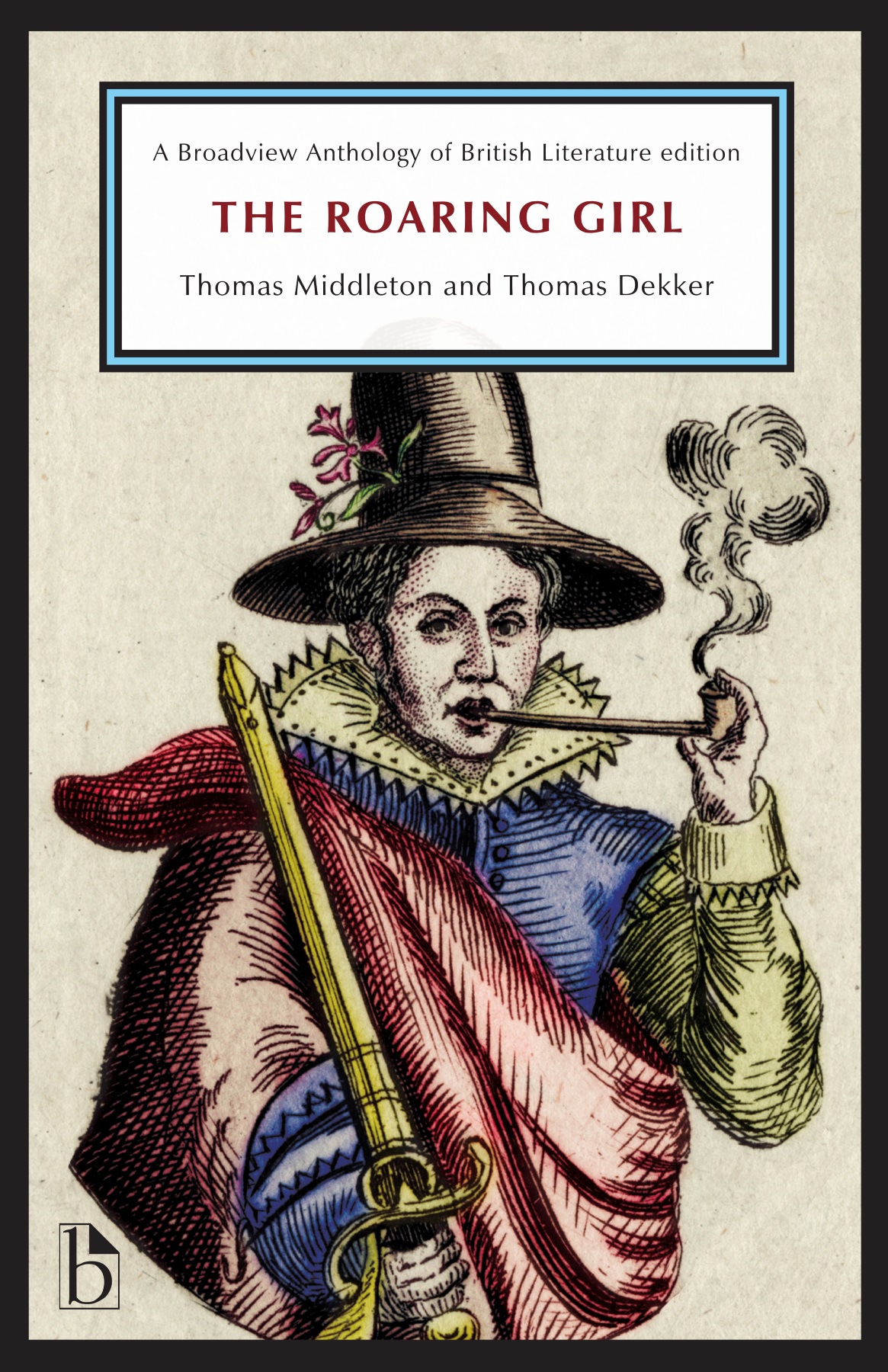
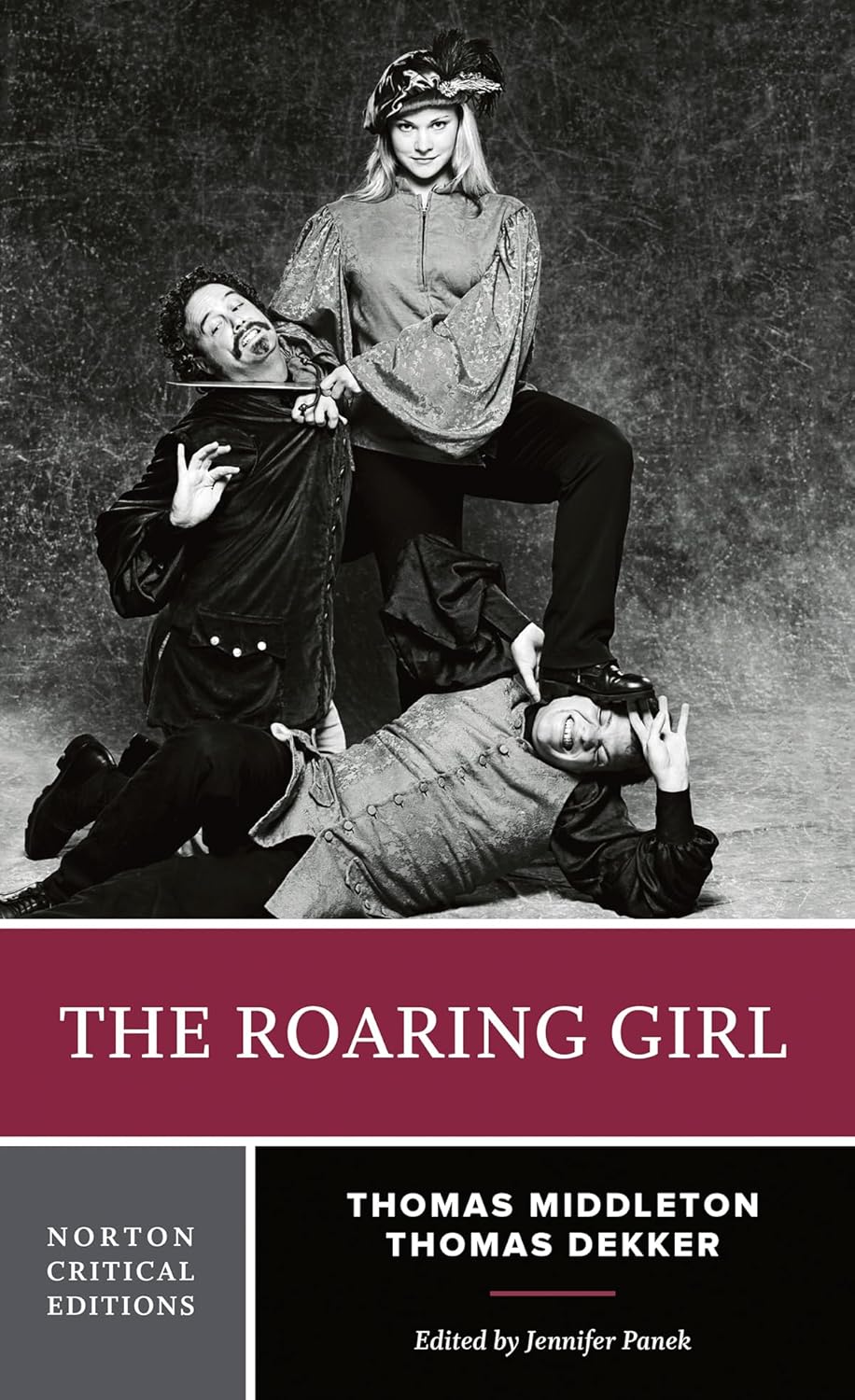
FIRST PAPER DUE February 1, by 11:59 p.m.
February 3 Cutting Both Ways: Moll as Double-Edged Sword
REQUIRED READING:
Thomas Middleton and Thomas Dekker; Ed. Kelly Stage or Jennifer Panek, The Roaring Girl (1611)
Act 5 and epilogue (oline edited) / Scenes 9-12 and epilogue / 5.1-5.2 and Epilogus
The Roaring Girl, ed. Coppelia Kahn, in Thomas Middleton: The Collected Works, Scenes 9-12 and epilogue, pp. 761-77
This unedited transcription of the first edition of the play does not include 5.1-5.2 and Epilogus. It stops just short of the fifth Act. / But this online edition does.


Recommended Resource:
The life and death of Mrs. Mary Frith, ... 1662
REQUIRED READING:
Daniel Defoe, Moll Flanders, pp. 1-17; 88-110 (Pagination from the Oxford edition.) Pay careful attention to the Preface.
The Broadview edition is available as an e-book.
"Thus far I have had a smooth story to tell of myself, and in all this part of my life I not only had the reputation of living in a very good family, and a family noted and respected everywhere for virtue and sobriety, and for every valuable thing; but I had the character too of a very sober, modest, and virtuous young woman, and such I had always been; neither had I yet any occasion to think of anything else, or to know what a temptation to wickedness meant.
But that which I was too vain of was my ruin, or rather my vanity was the cause of it. The lady in the house where I was had two sons, young gentlemen of very promising parts and of extraordinary behaviour, and it was my misfortune to be very well with them both, but they managed themselves with me in a quite different manner."
Skip from there until you get here:
In short, by an unwearied importunity, my husband, who was apparently decaying, as I observed, . . .
Finish reading at:
Thus the Government of our Virtue was broken . . . .
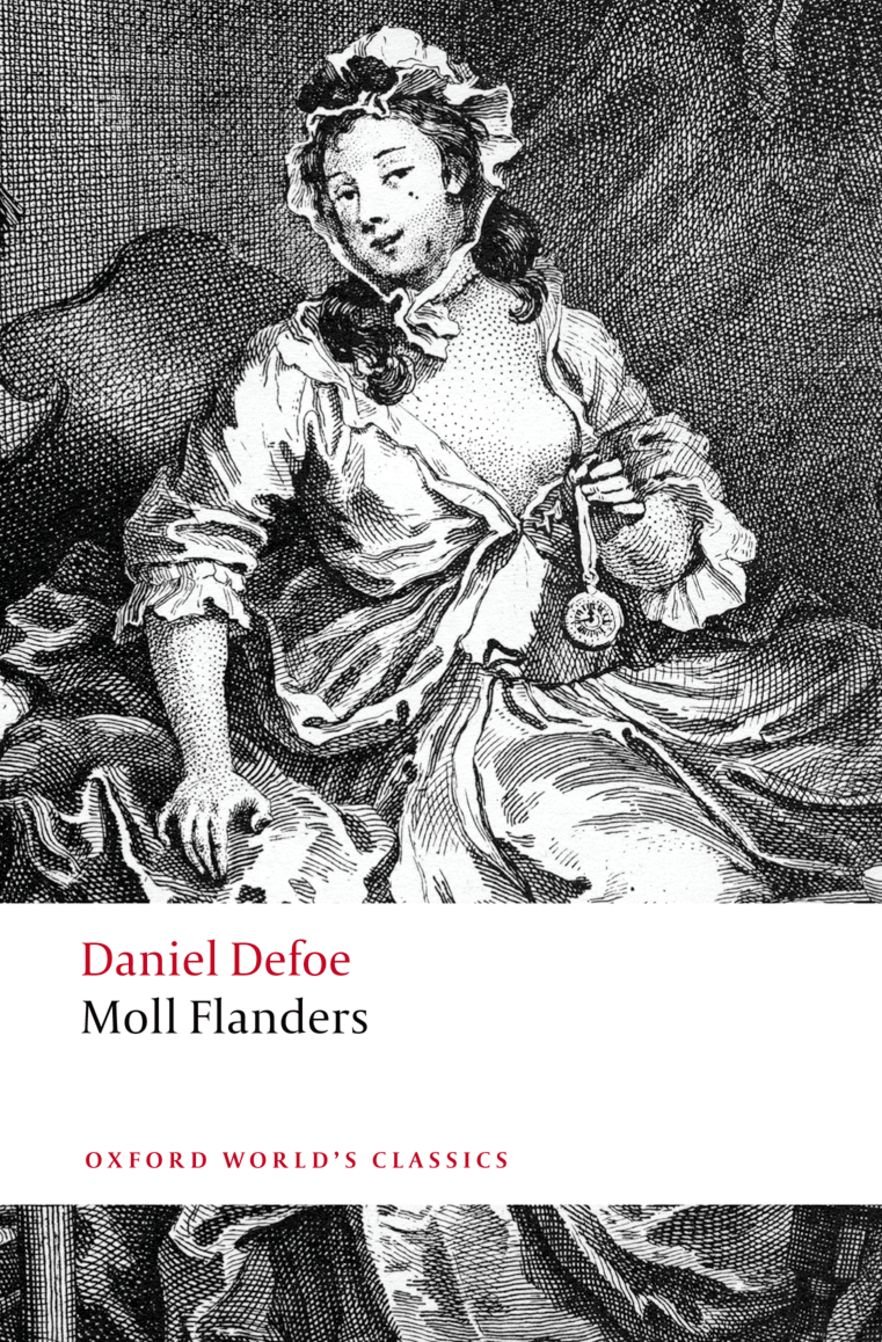
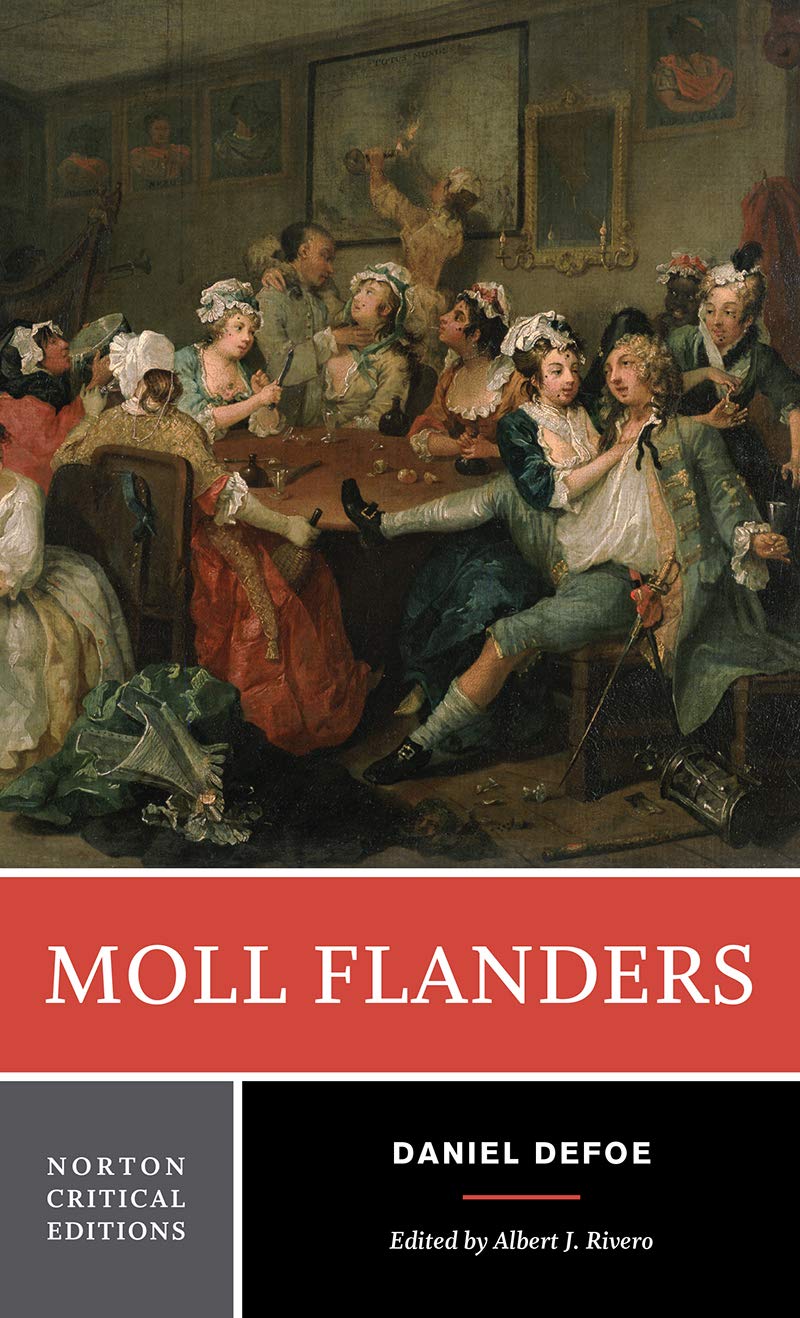
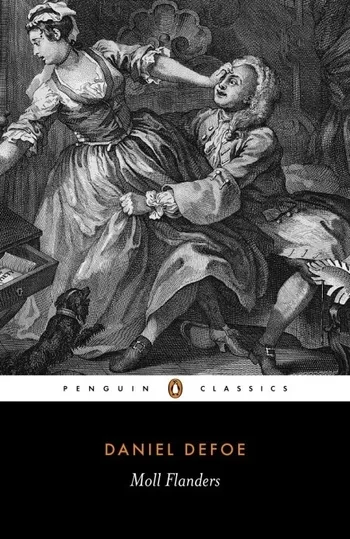
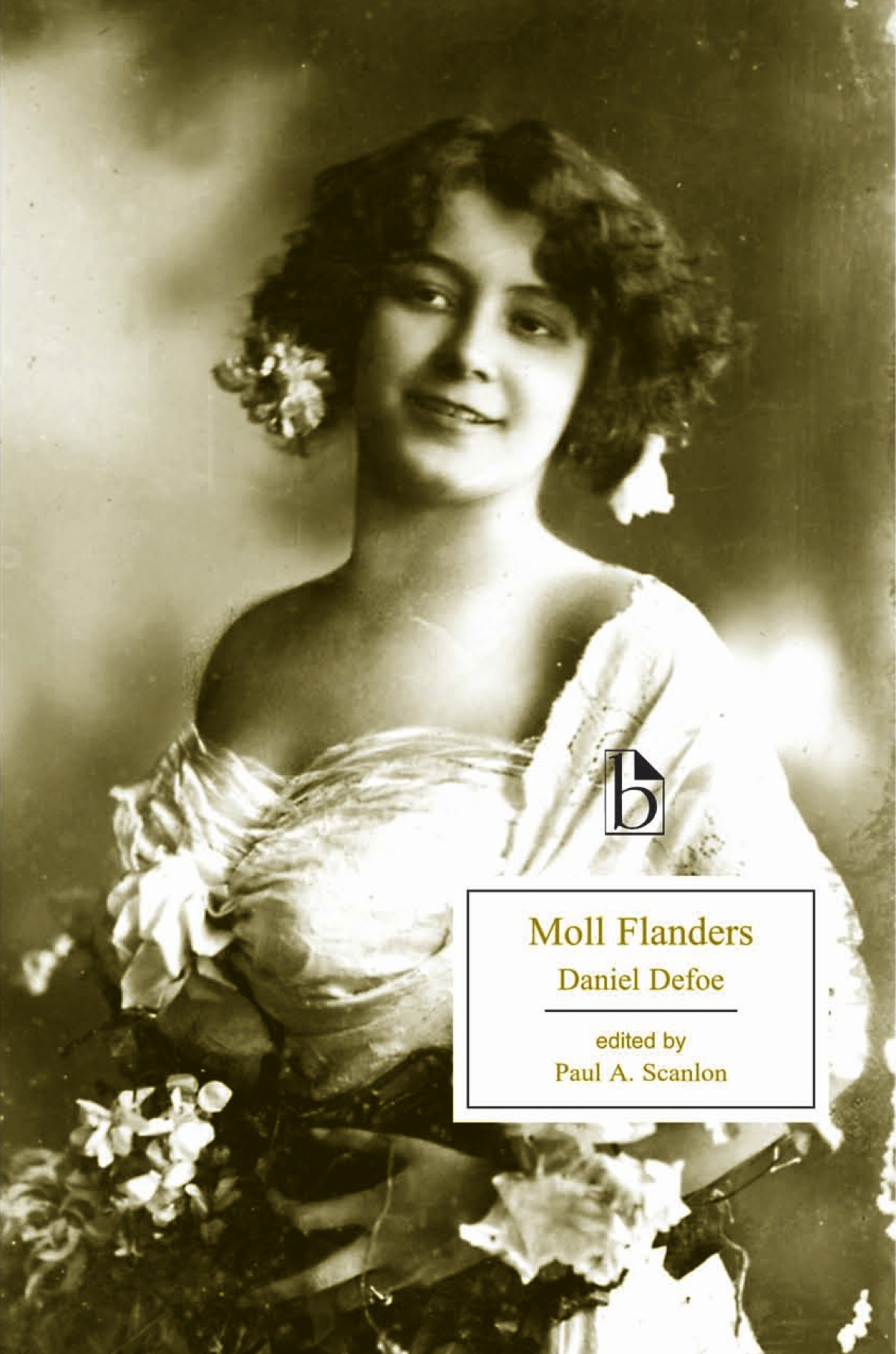
The Fortunes and Misfortunes of the Famous Moll Flanders (punctuation and spelling modernized, no editor, no notes)
Critical edition of Moll Flanders online Ed. J. Paul Hunter, 1970 (still the best edition, imo, but sadly OUP)
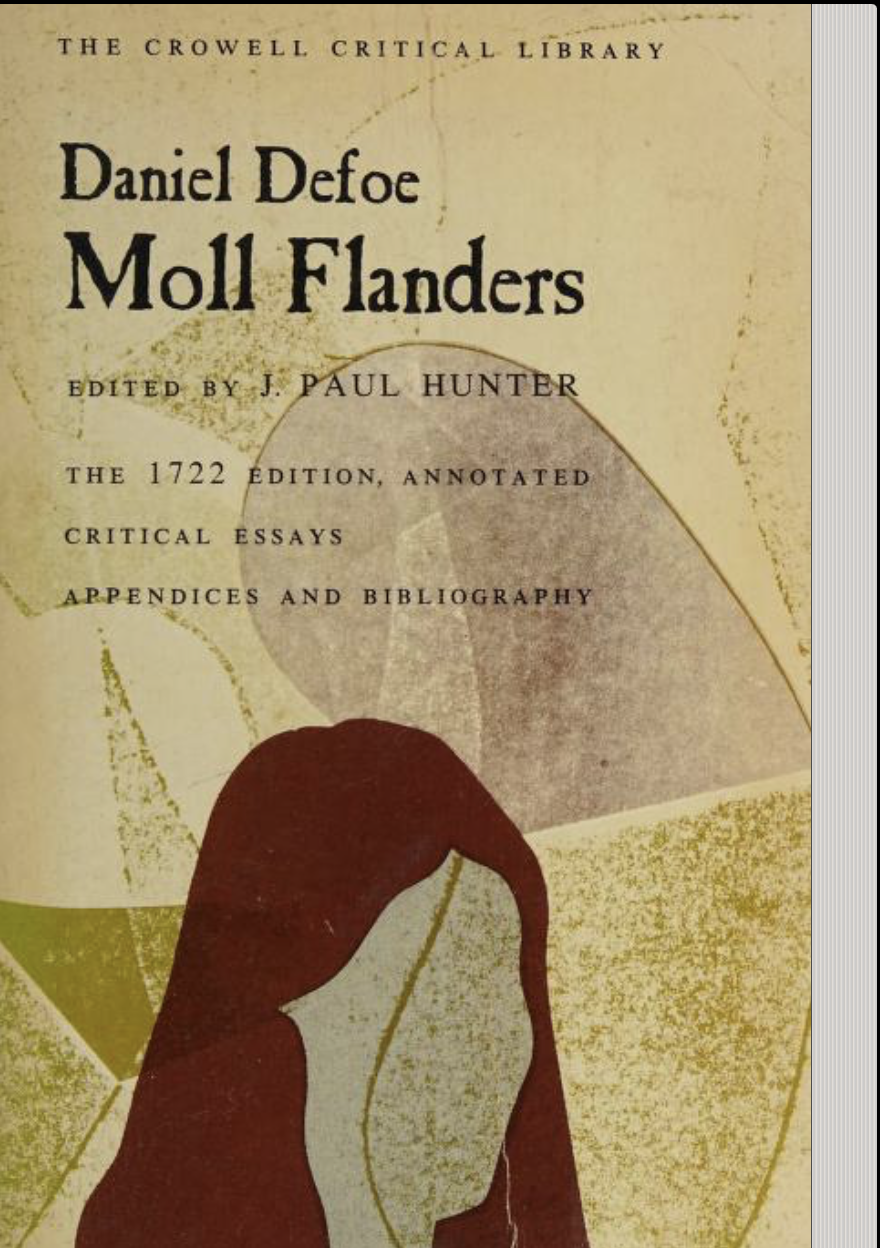
February 7
Daniel Defoe, Moll Flanders, pp. 110-158
Begin reading at
"Thus the Givernment of our Virtue was broken . . . .
and finish reading at
"Now I seemed to have landed in safe harbour, after the Stormy Voyage of Life past was at an end."




Recommended Resources:
WILLIAM HOGARTH (1697-1764)
A RAKE’S PROGRESS : FROM PAINTINGS TO PRINTS
February 10 "I had two children by him and no more . . ."
REQUIRED READING:
Daniel Defoe, Moll Flanders, pp. 158-220
Begin reading at
"But there are temptations" . . .
Finish reading at
"I made off with this little booty. . . ."




February 12
REQUIRED READING:
Daniel Defoe, Moll Flanders, pp. 220-85
Begin reading at
"The Room in which I Lodg'd, lay next to . . ."
and finish reading the novel.




February 14 Don't tell me how to read!
REQUIRED READING:
Daniel Defoe, Roxana, the Fortunate Mistress, pp.3-82; Read from the Preface up to "This carry'd off our discourse for a time;" All page numbers are from the Oxford World's Classics edition.
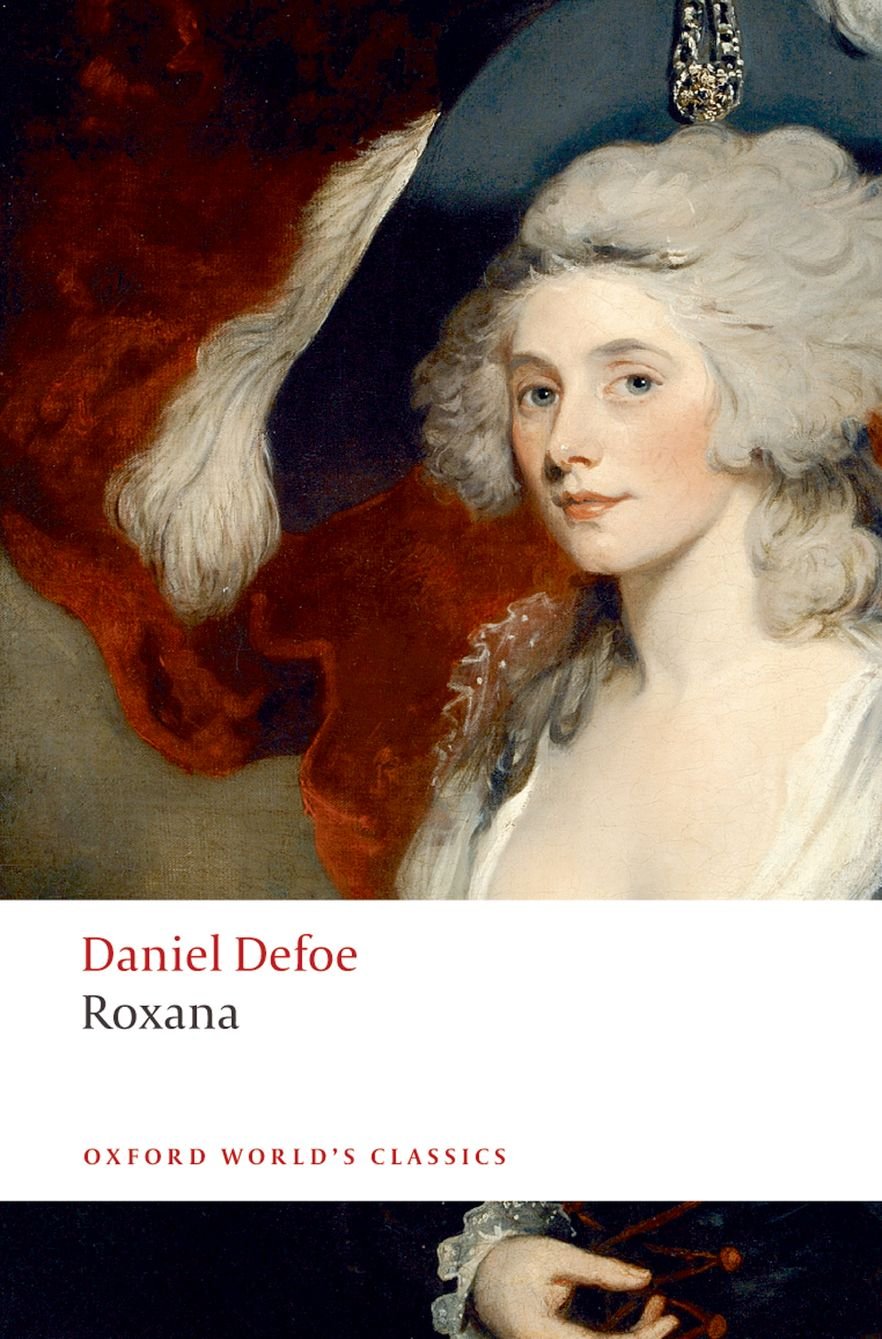
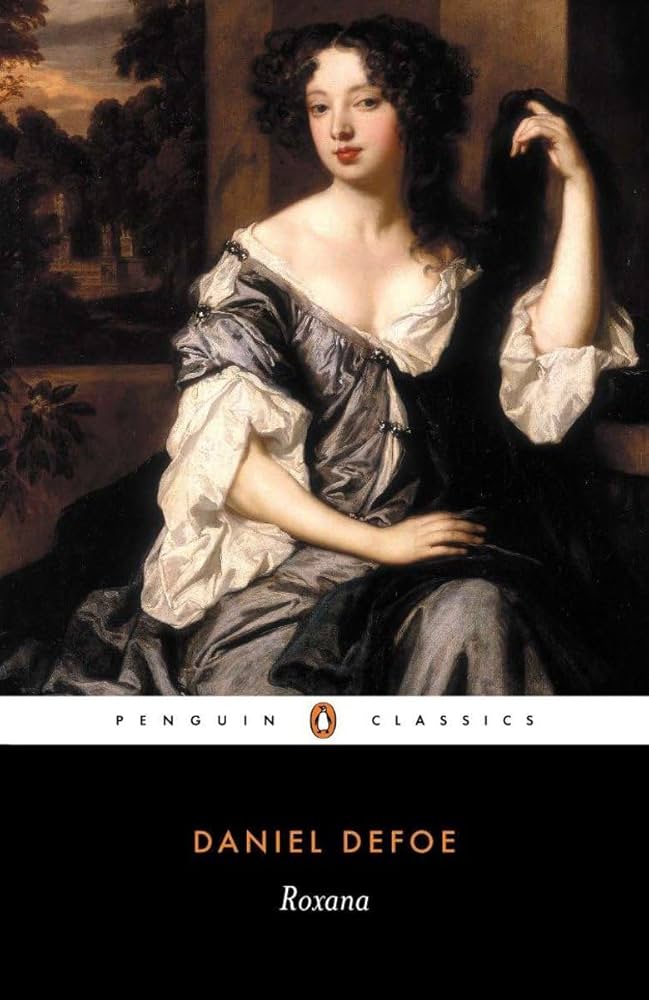
Recommended Reading:
José María Pérez Fernández, "Picturesque" (2018)
February 17
REQUIRED READING:
Daniel Defoe, Roxana, or the Fortunate Mistress, pp. 82-144
Read up to "and when he evidently saw what I was going about . . . ."


February 19
REQUIRED READING:
Daniel Defoe, Roxana, or the Fortunate Mistress, pp. 144-200
Read up to "For now I came not to be sick of his Lordship only . . . ."


February 21
REQUIRED READING:
Daniel Defoe, Roxana, the Fortunate Mistress, pp.200-60
Read up to "He lik'd the proposal very well, and said . . . ."


February 24
REQUIRED READING:
Daniel Defoe, Roxana, the Fortunate Mistress, pp. 260-330. Read the rest of the novel.


February 26
REQUIRED READING: Literature and Obscenity
John Cleland, Fanny Hill, Vol. 1, pp. 3-44; Vol 2, pp. 104-39; 198-203 (Page numbers are from the Modern Library edition.)
Begin Reading Part Two at
"Madam, if I have delayed the sequel, . . . "
Read Up to
"Now, whether my partner had exhausted all the modes
Skip to
"Referring then to a more explicit narrative . . . "
and read to the end of the novel.
(Page numbers are from the Modern Library edition. I prefer it to the Penguin, Oxford, and Broadview, but all four editions are good.)
Begin Reading at
"Madam, I sit down to give you as undeniable proof of my considering your desire as indispensable orders . . ."
Read Up to
"In our calmer intervals, Charles gave the following account of himself, every tittle of which was true."
Recommended Further Reading:
The Rest of Part One

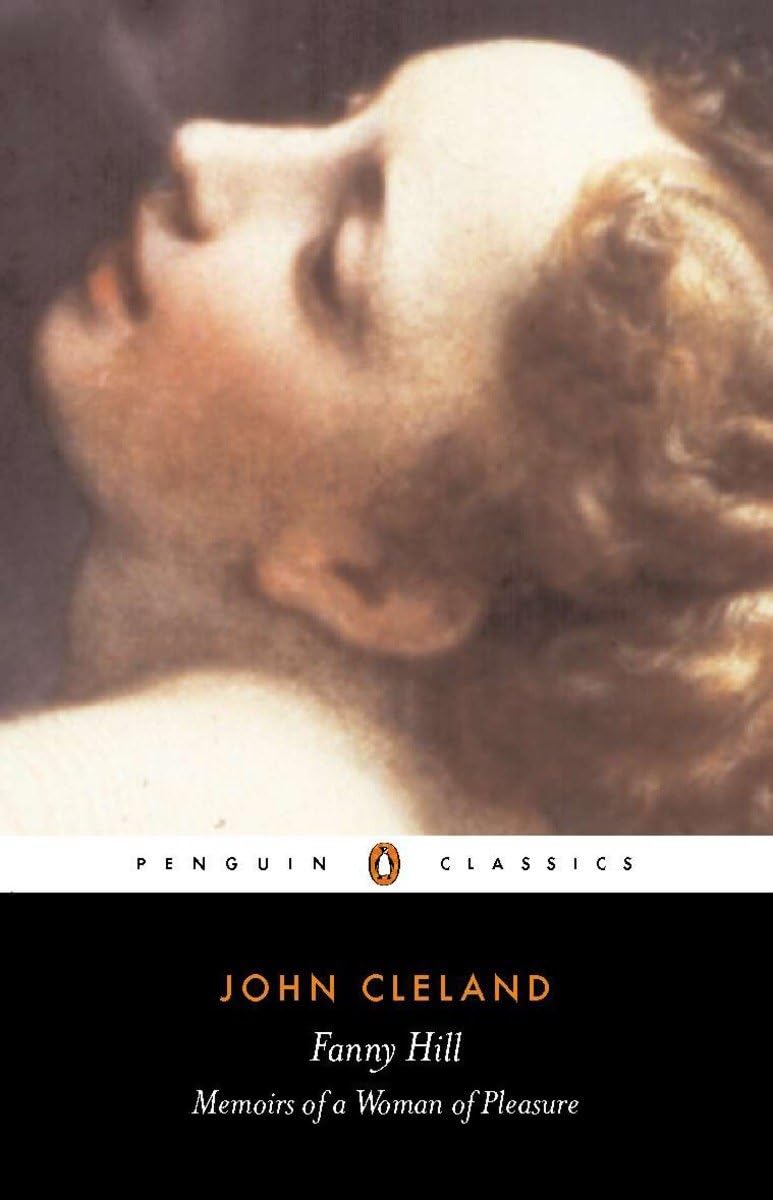
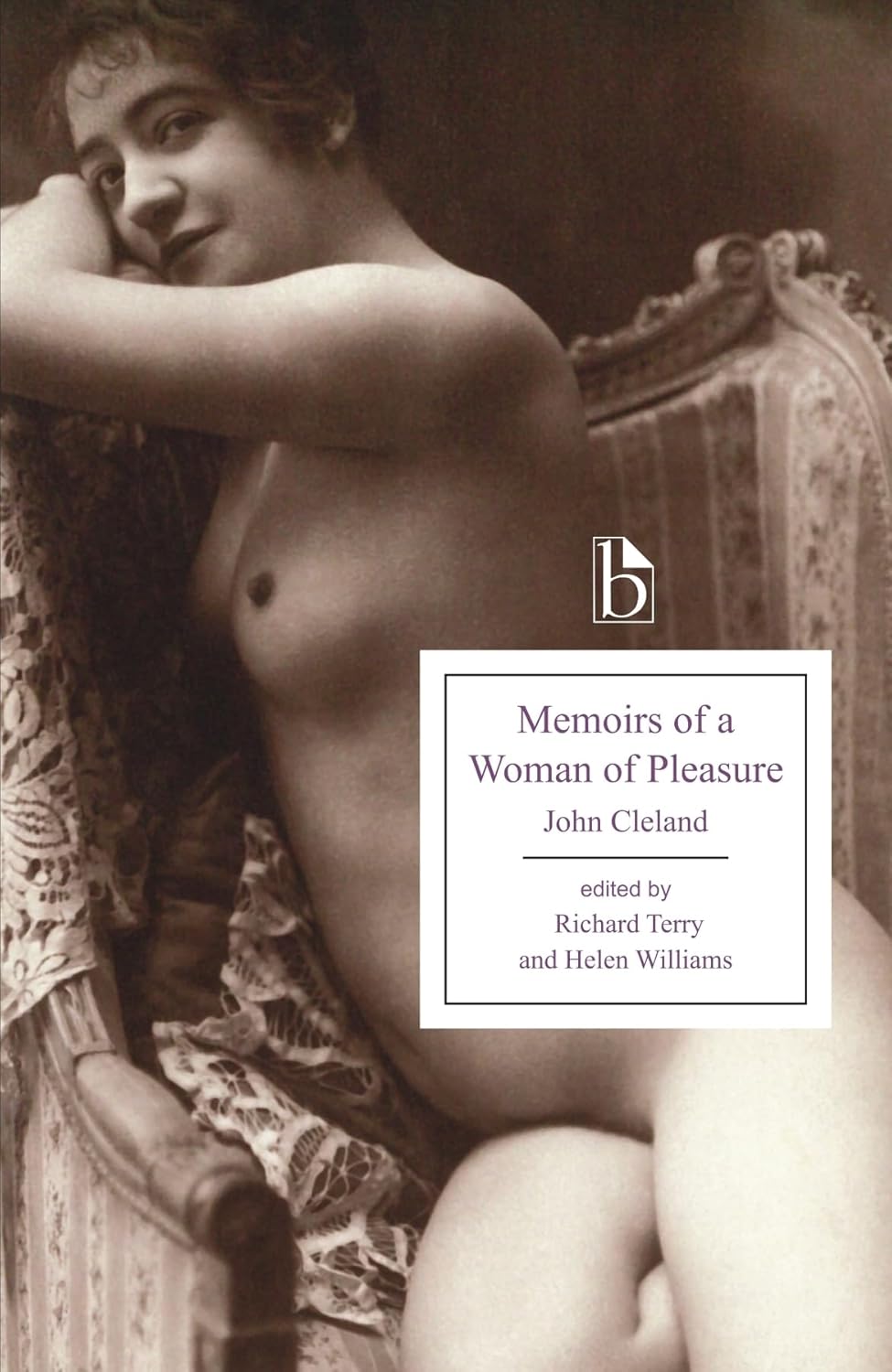
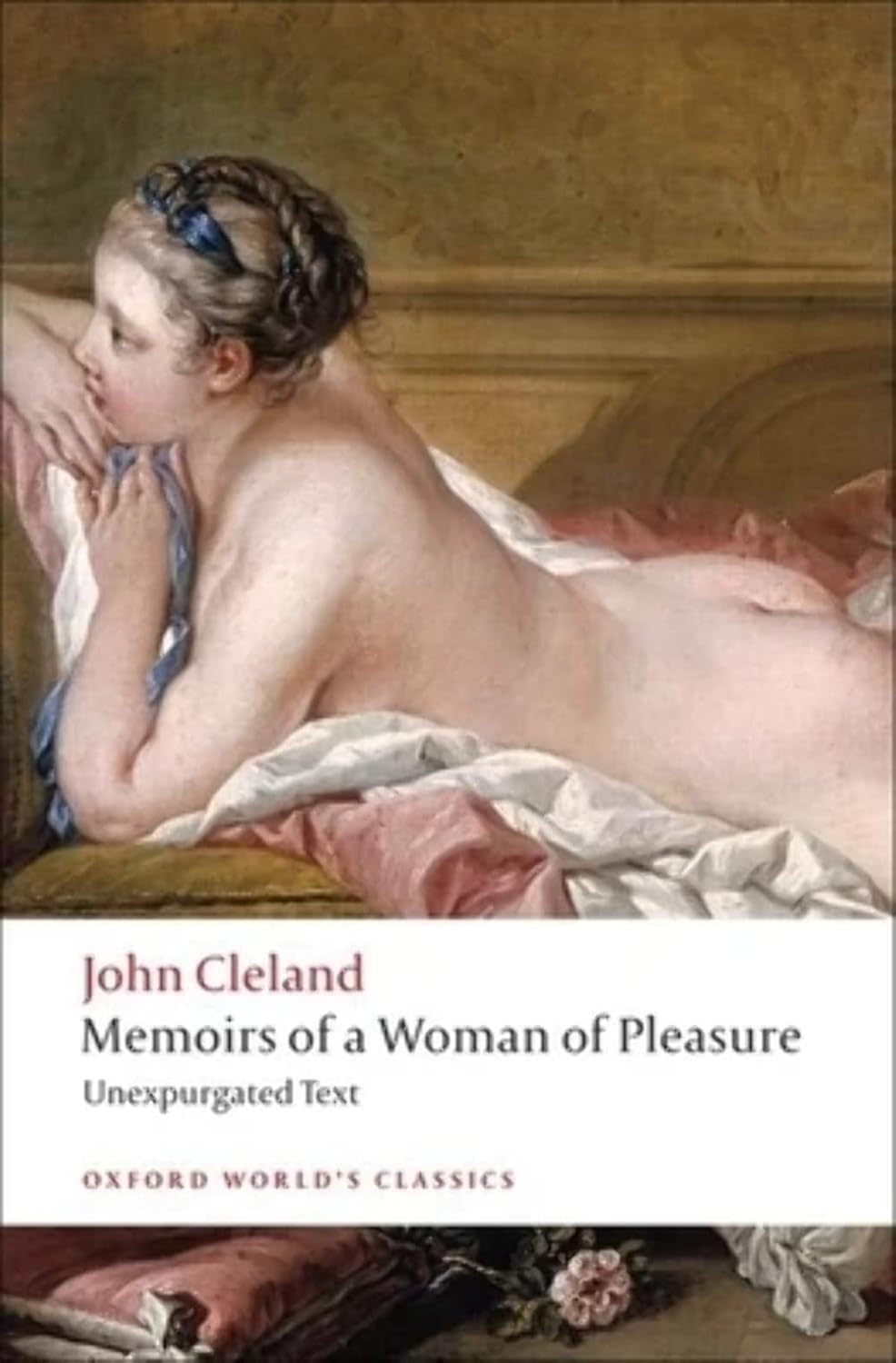
Recommended Resources:
November_1749_Warrant_for_the_Detention_of_Cleland_and_Others_following_Publication_of_Memoirs_of_a Woman off Pleasure / March 1750. Warrant for the Detention of Cleland and Others following Publication of Memoirs of Fanny Hill
Fanny Hill MA Supreme Court decision, 1966
Nicholas D. Nace, Fanny Hill Now: A Half Century of Liberty Hampden-Sydney College
Peter, Sabor,"From Sexual Liberation to Gender Trouble: Reading 'Memoirs of a Woman of Pleasure' from the 1960s to the 1990s," Eighteenth-Century Studies, Summer, 2000, Vol. 33, No. 4, The Culture of Risk and Pleasure (Summer, 2000), pp. 561-578 / pdf
Recommended Listening, Viewing :
Audio book read aloud by men and by women
Audio book read aloud by a woman
BBC mini-series Fanny Hill (dir. James Hawes, 2007) Episode One, of Four / Episode Two (Free)
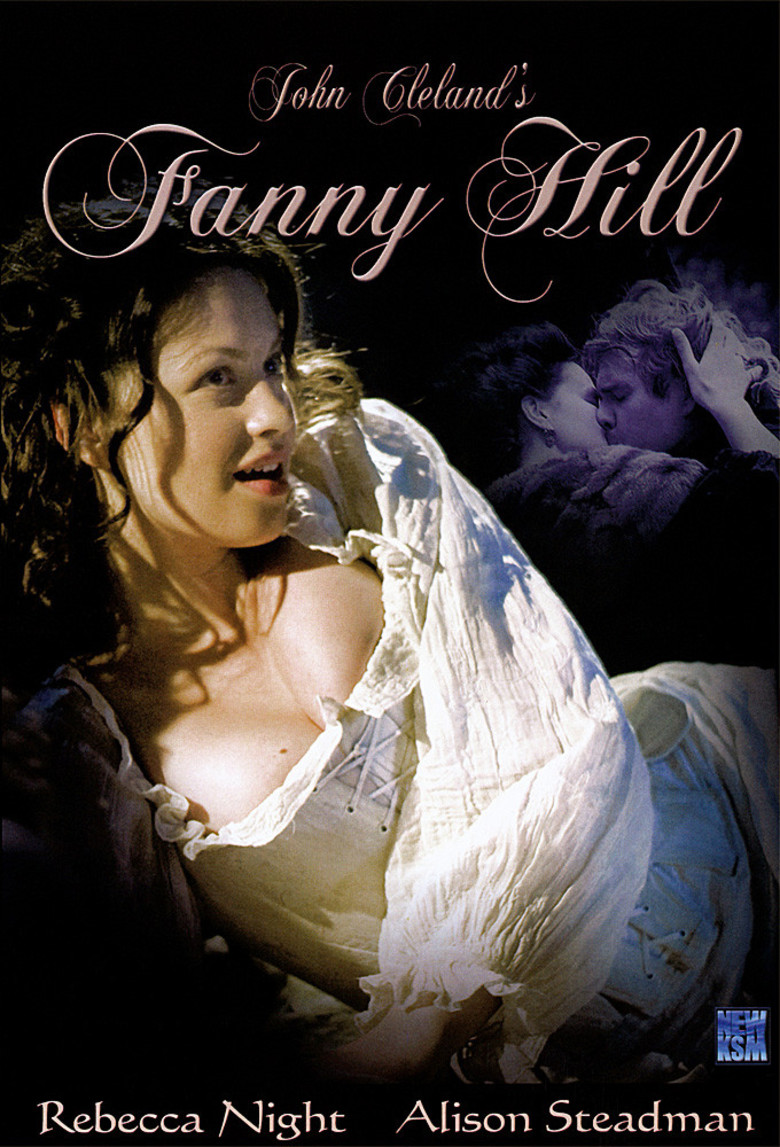
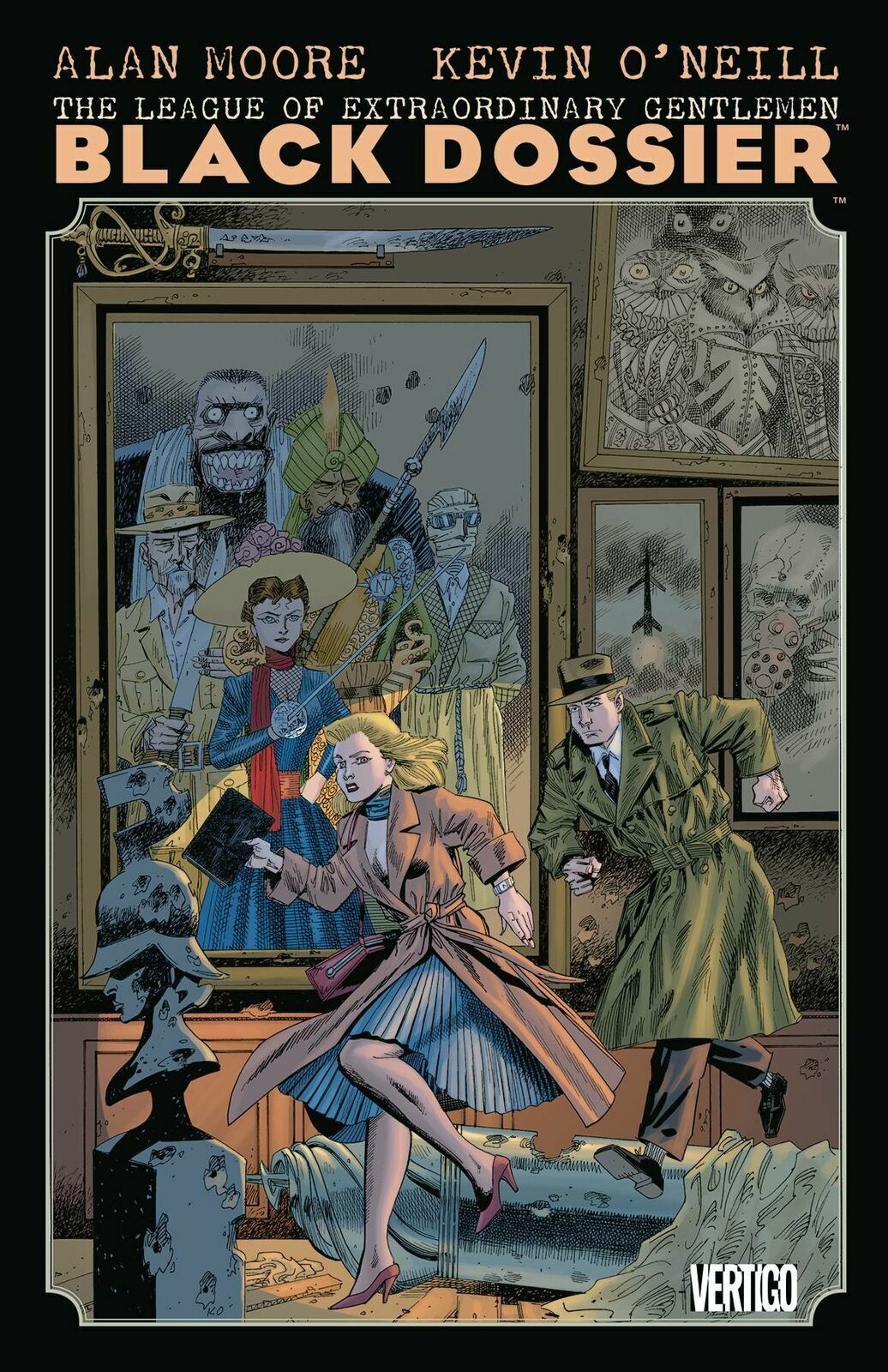
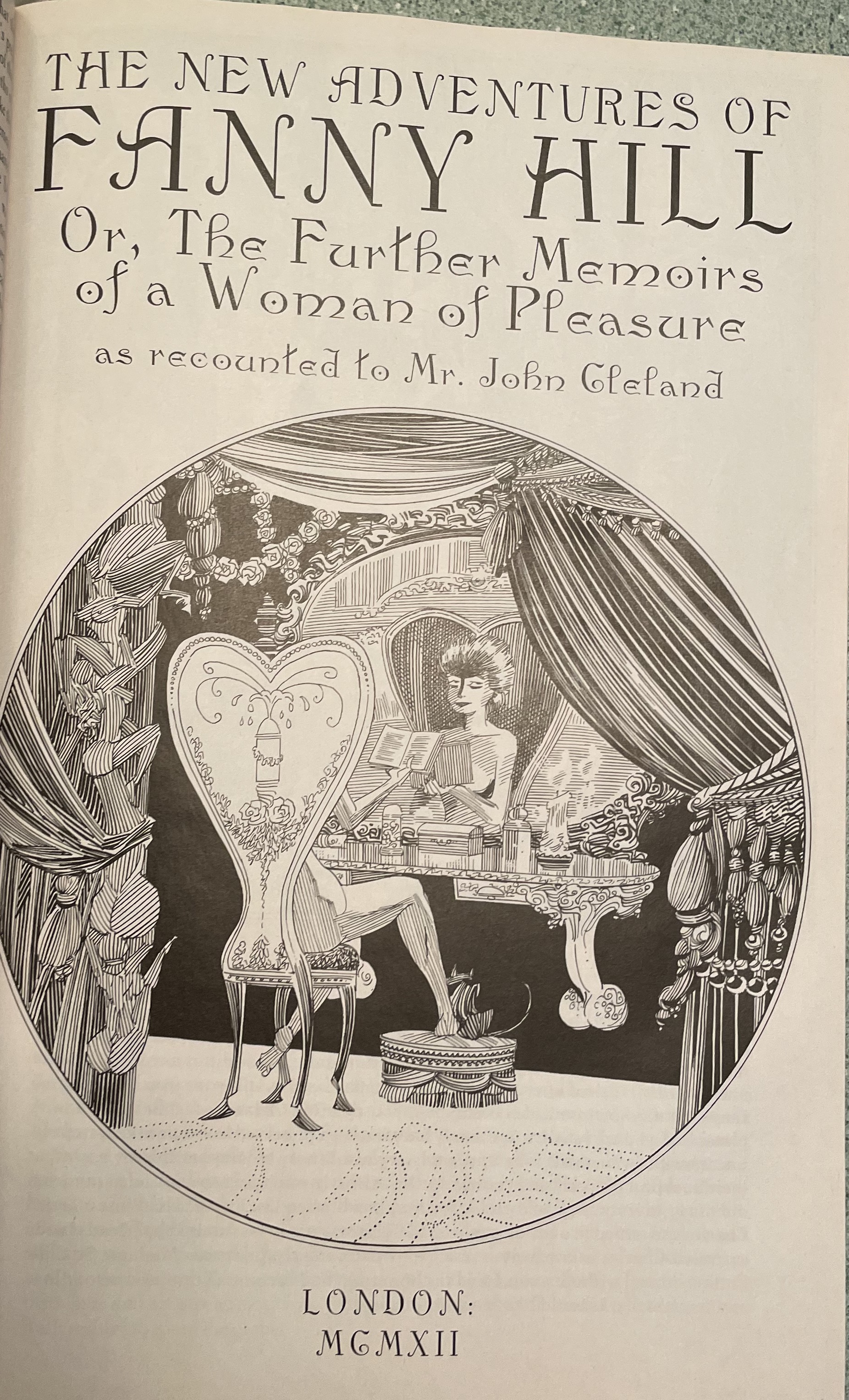
Photos of pages from a 1781 edition of Fanny Hill. The Cambridge edition of the correspondence of John Cleland
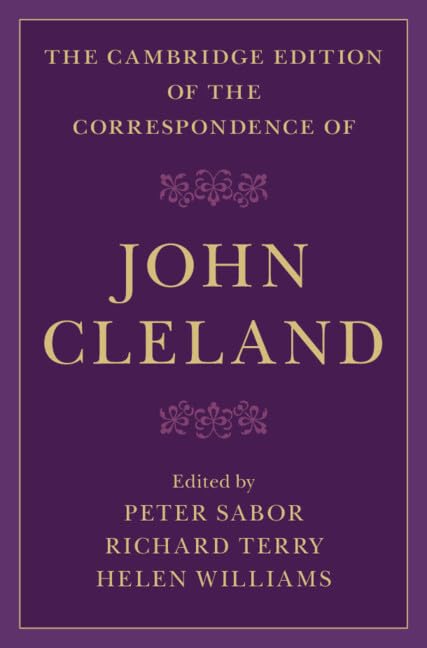
February 28 Film, Obscenity, and Censorship
REQUIRED VIEWING:
The Nun / La Religieuse Low quality, free, streaming (dir. Jacques Rivette, 1966)
A high quality streaming version is for rent on amazon.co.uk.com
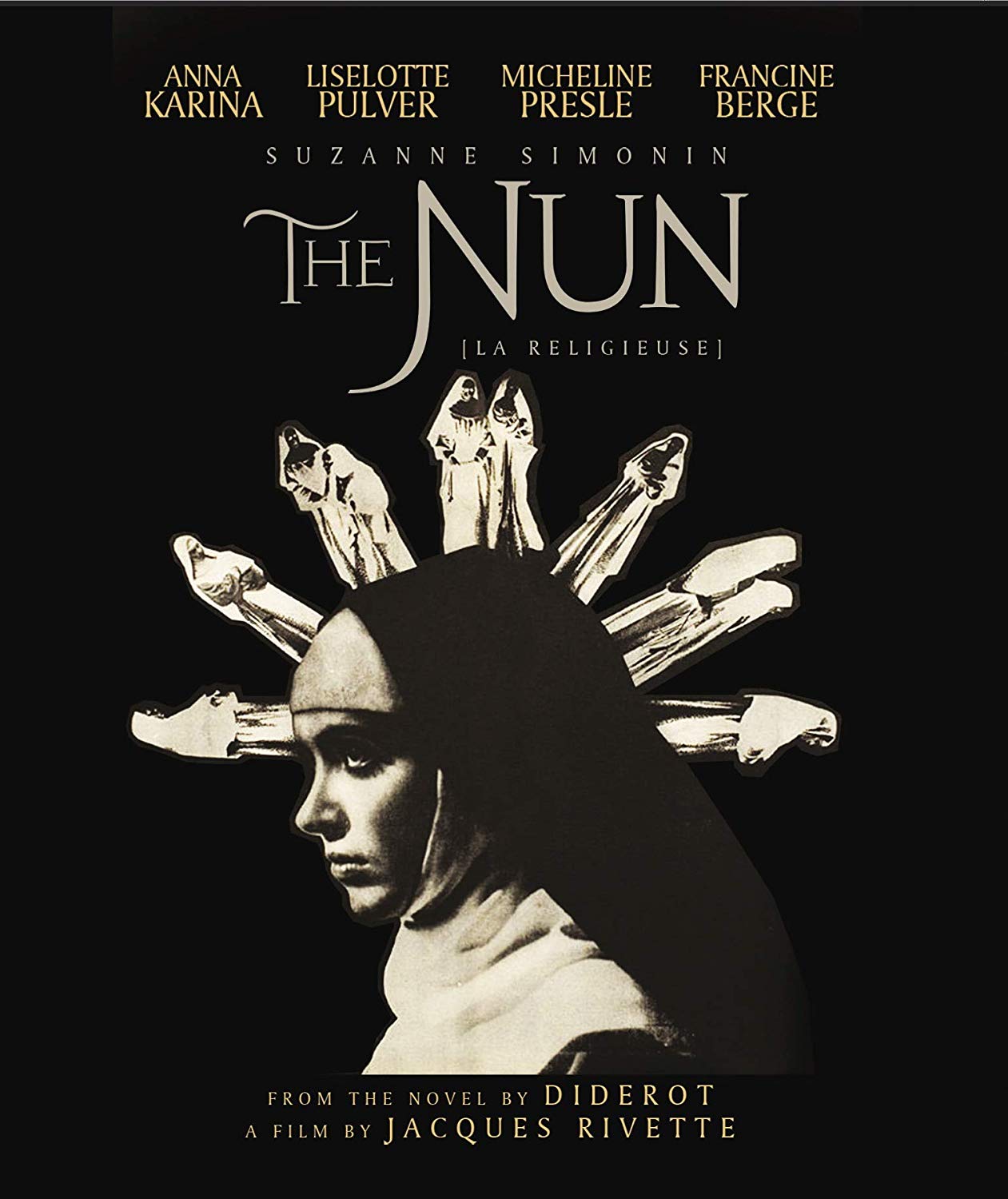
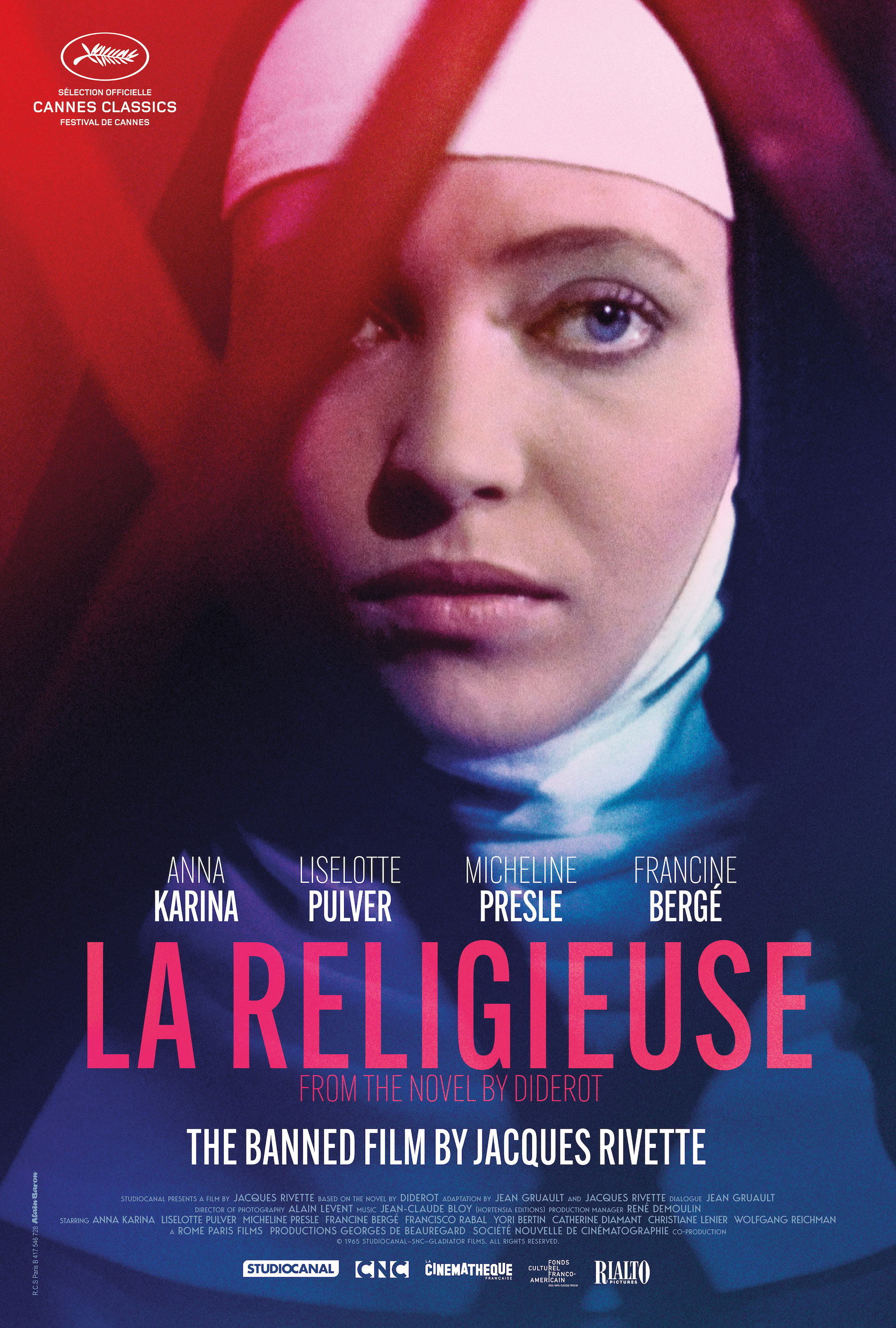
March 3 She's having nun of that. The source text of Rivette's film
Required Reading:Jacques Diderot, The Nun, pp. 3-61 (pagination from the Oxford World's Classics edition).
1928 English translation of Memoirs of a Nun (up to "This was done." pp. 1-89)
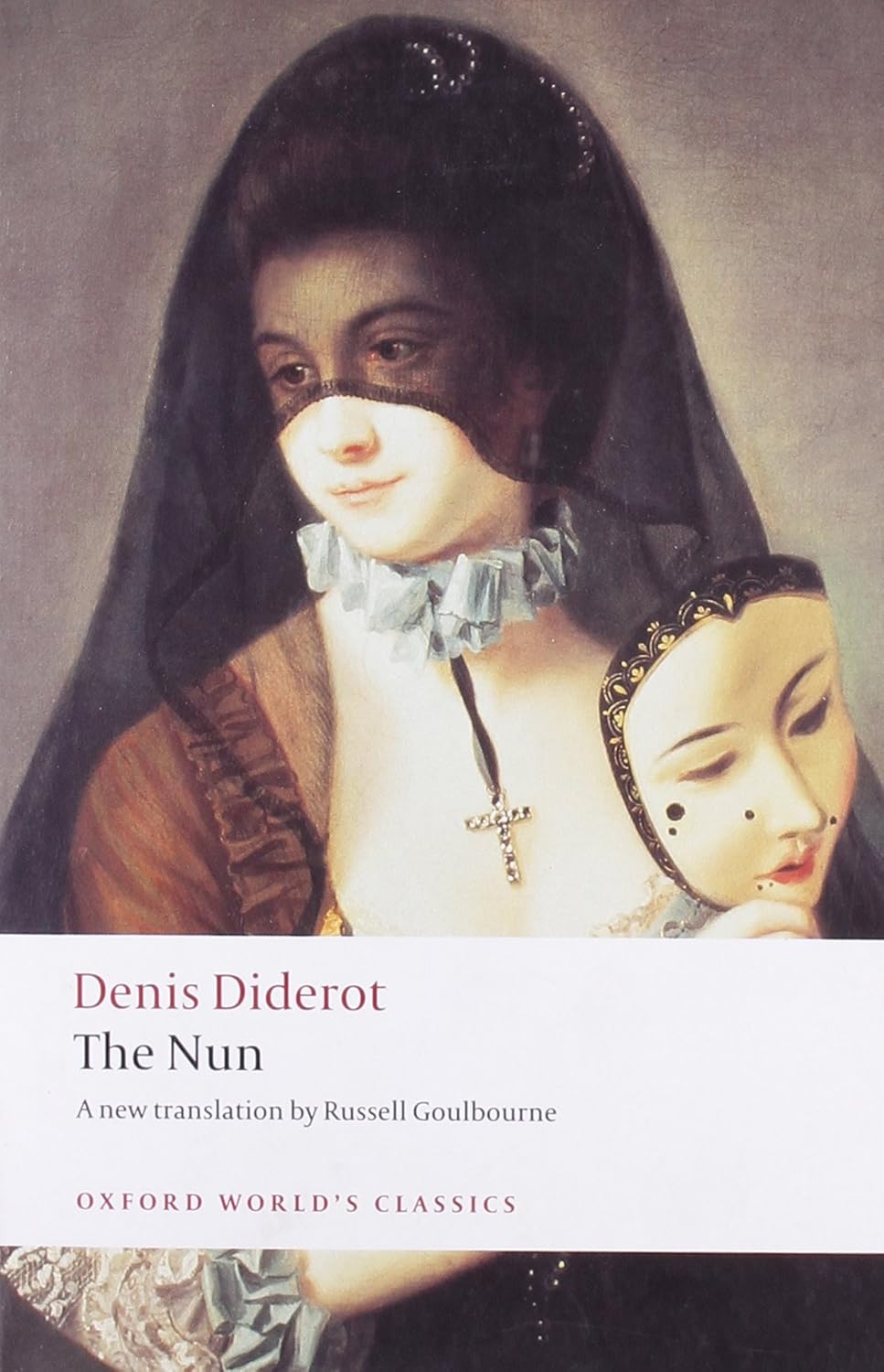
Recommended Resource:
Diderot, La Religieuse (the novel in French)
March 5 Nunsense!
Required Reading:
Jacques Diderot, The Nun, pp. 61-105
1928 English translation of Memoirs of a Nun ( up to "This Vicar was a M. Herbert, . . ." pp. 90-155)

March 7
Required Reading:
Jacques Diderot, The Nun, pp. 105-52
1928 English translation of Memoirs of a Nun (up to "I saw the affection Mother Superior . . . ," pp. 155-225)

Recommended Viewing:
,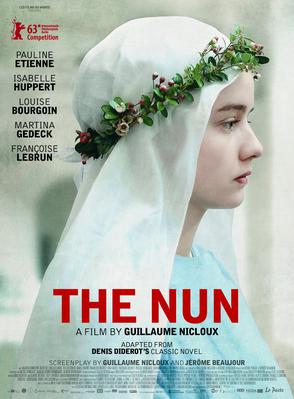
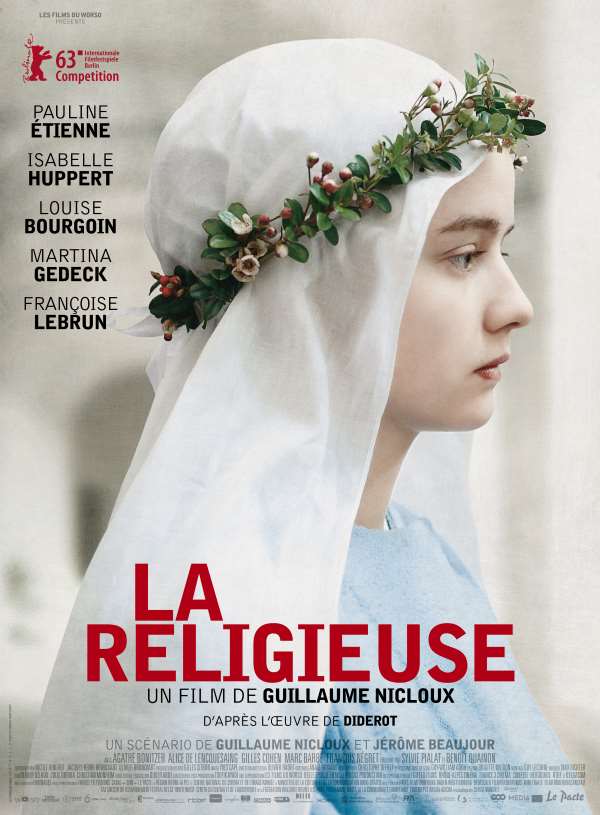
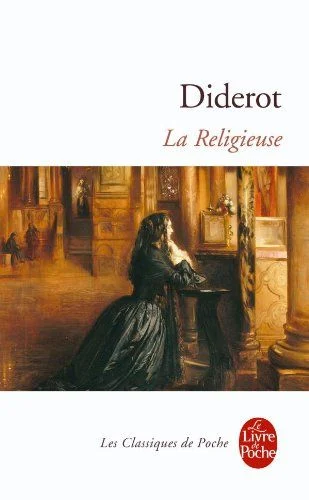
The Nun (dir. Guillaume Nicloux, 2013)
The Nun (dir. Guillaume Nicloux, 2013) | Trailer | Pauline Etienne | Isabelle Huppert | Louise Bourgoin LA RELIGIEUSE (The Nun)
Un film de Guillaume Nicloux d’après l’œuvre de Denis Diderot Dossier
March 10 Nunsploitation Cinema
REQUIRED VIEWING:
Benedetta (dir. Paul Verhoeven, 2021)
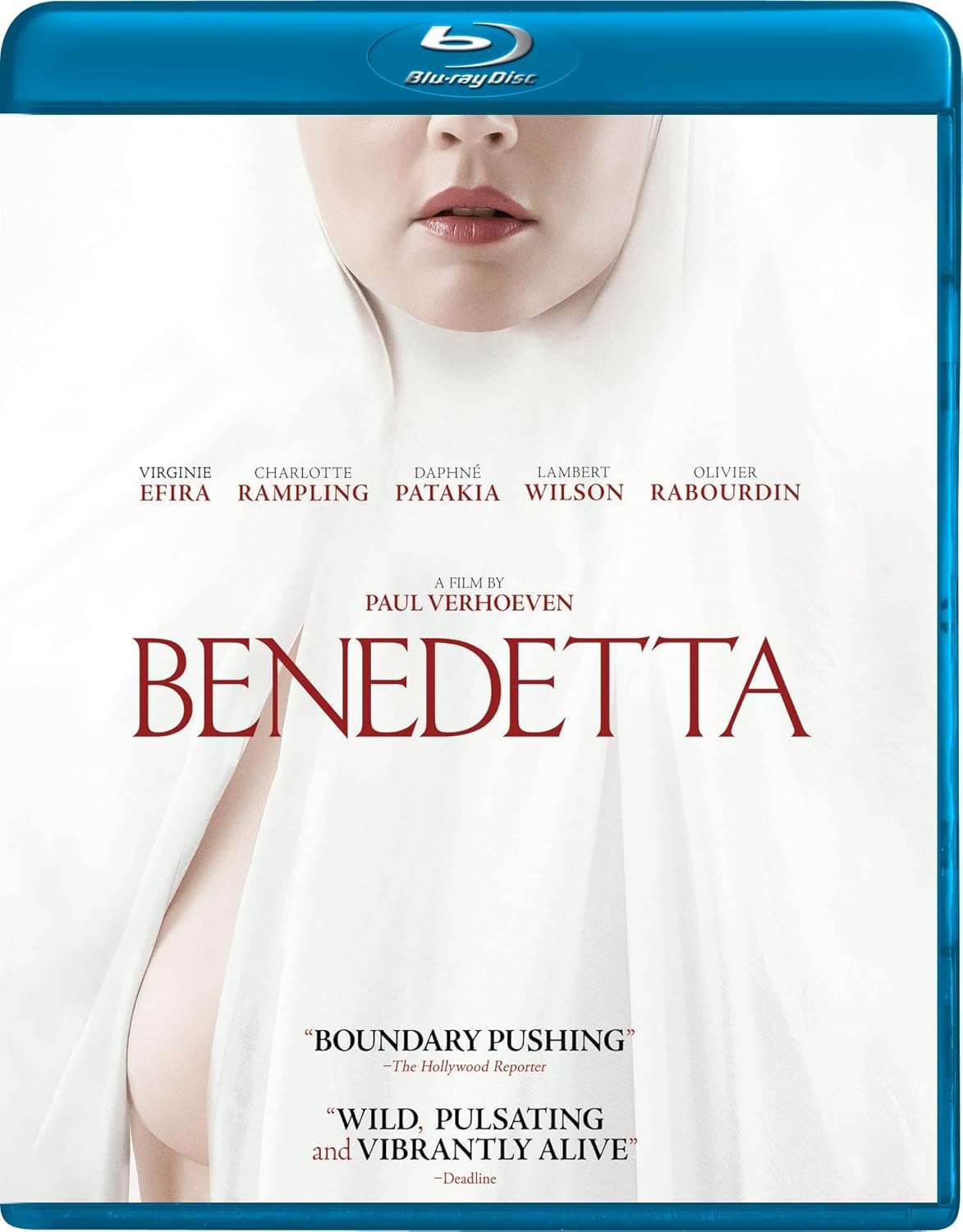

Recommended Reading:
The film is loosely based on
Judith C. Brown's acclaimed book, Immodest Acts: The Life of a Lesbian Nun in Renaissance Italy
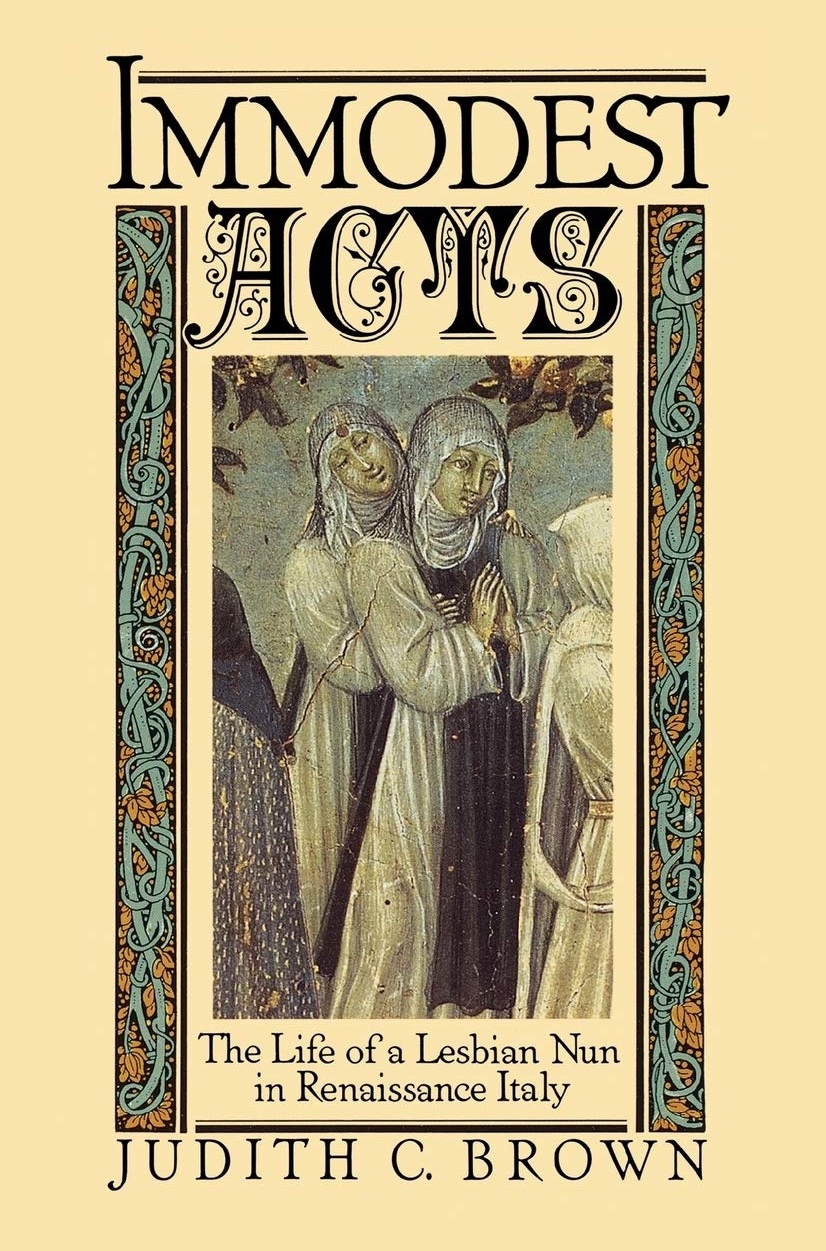
March 12 Narrative Frame and Flashbacks
REQUIRED VIEWING:
The Devil Is a Woman (dir. Josef von Sternerg, 1935)
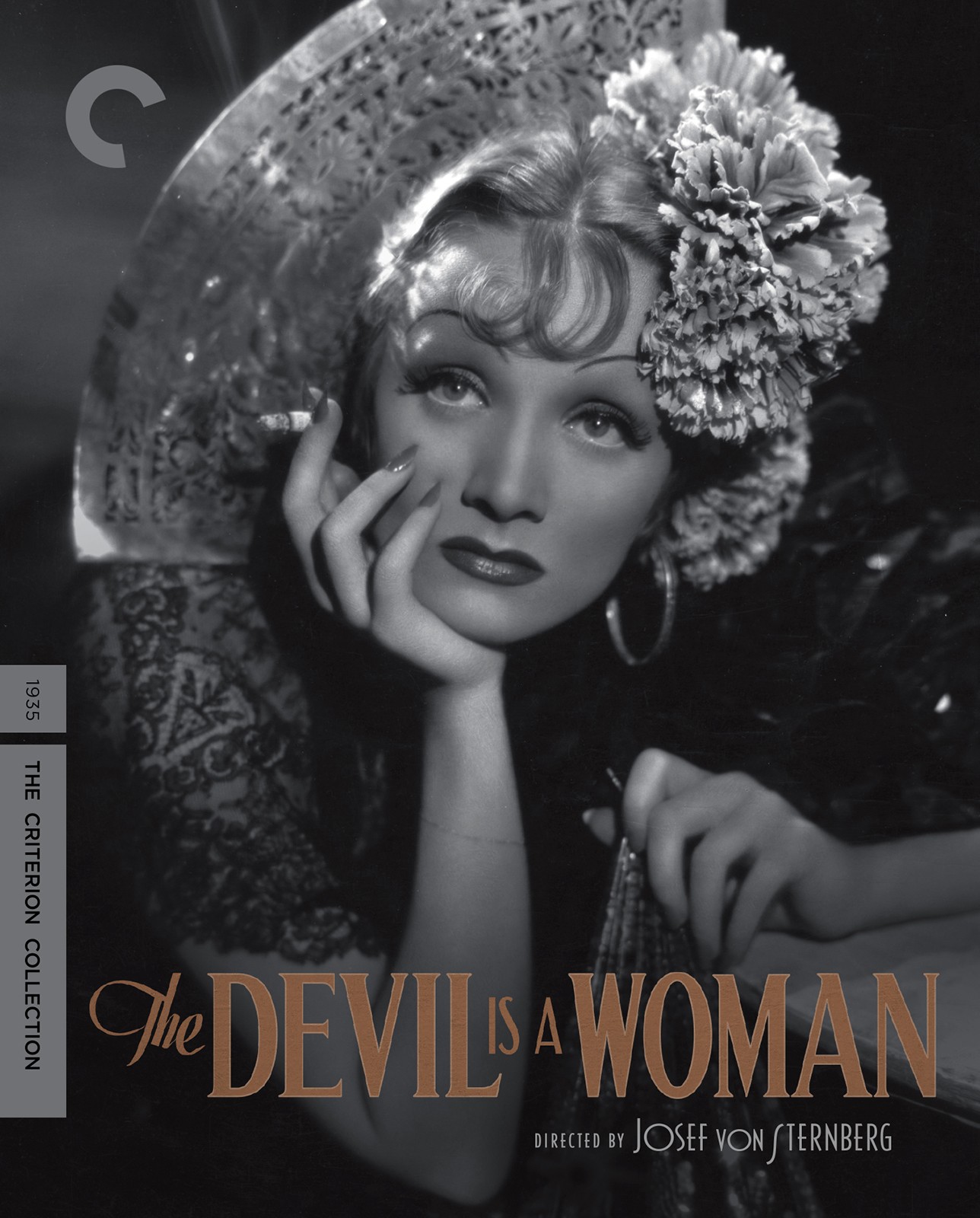
March 14
The Devil Is a Woman (dir. Josef von Sternerg, 1935)

SECOND PAPER DUE Sunday March 16 by 11:59 p.m. READ THROUGH THIS WEBPAGE. READ ALL OF IT. CLOSELY. VERY CLOSELY. PLEASE NOTE: Now that you have learned from your mistakes in our discussion of your first paper, and now that you have practiced writing twice a week through your DQs, I fully expect you to be able to make an argument in your essay, write grammatical sentences, use words properly, and punctuate properly. Papers that have ungrammatical sentences, mispunctuate, or misuse words will get "D" grades. Be sure to give yourself time to revise and to proofread your paper carefully before you send it to me at[email protected]. I recommend reading your work aloud. It's a good way to see what you need to revise. You can also get help at the Writing Program. See also the Plain Style: A Guide to Written English. READ THROUGH THIS WEBPAGE. READ ALL OF IT. CLOSELY. VERY CLOSELY.
There is a treasure trove of resources on close reading here:
https://www.closereadingarchive.org/teaching
Live GRADING in 4314 Turlington. We will meet at my office in person to discuss your assignment. I will send out an email with a link to a google with a schedule of times we can meet. You'll just need to sign up.
March 17
Spring Break
March 19
Spring Break
March 21
Spring Break

Recommended Viewing:
Becky Sharp (dir. Rouben Mamoulian, 1935) trailer
Unedited Vanity Fair
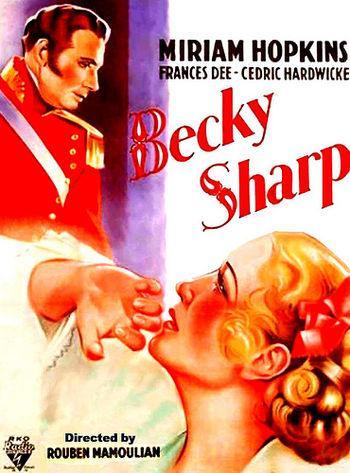
March 24 IN CLASS QUIZ Becky Sharp, bad girl heroine. So charming and so funny and so bright that she screws over every character she meets. pp. 1-385 (We will focus mainly on Becky)
The Penguin edition of Vanity Fair is available on Kindle.
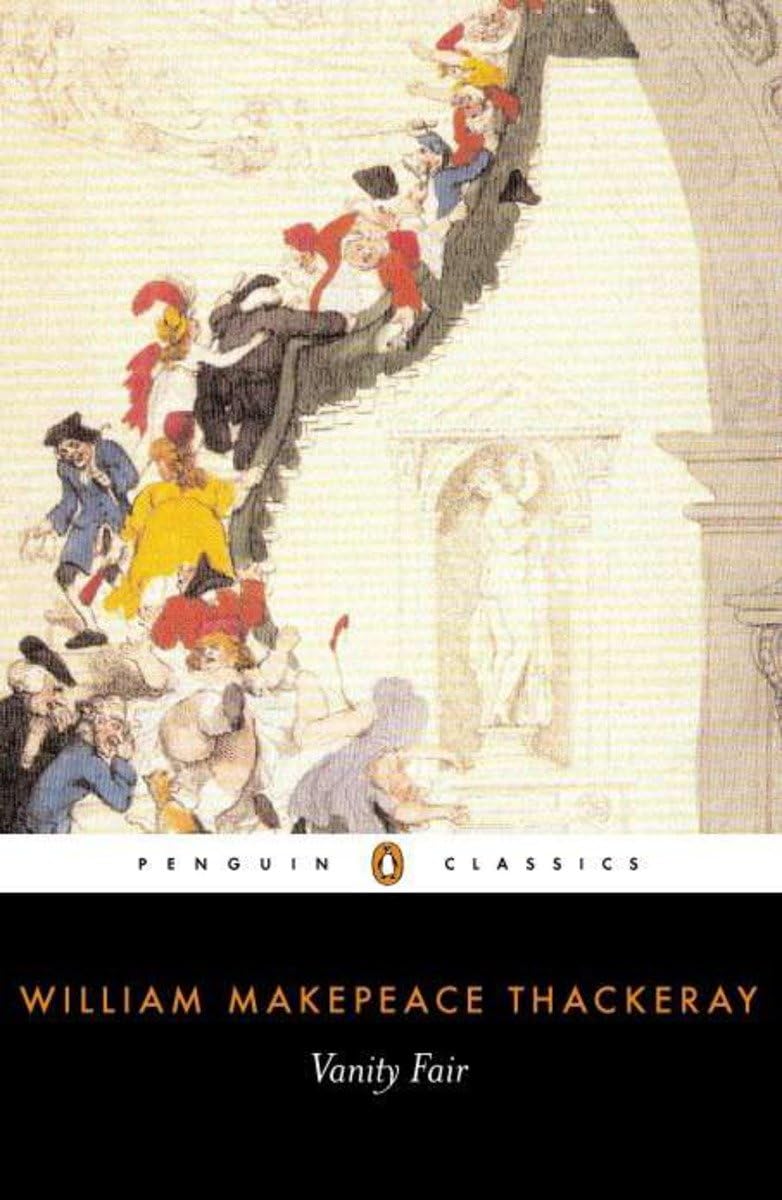
There are also audiobooks. I am listening to John Cast's recording.

REQUIRED READING: (75 pages)
William Makepeace Thackery, Vanity Fair
Post your answers on this google doc.
Chapters I-VI, pp. 1-75 (Oxford World's Classics)
DQ 1: Which is the most important of the chapters you've read for this class?
DQ 2: What is the most important part of that chapter?
DQ 3: Name four of the most important characters in Chapters I-VI.
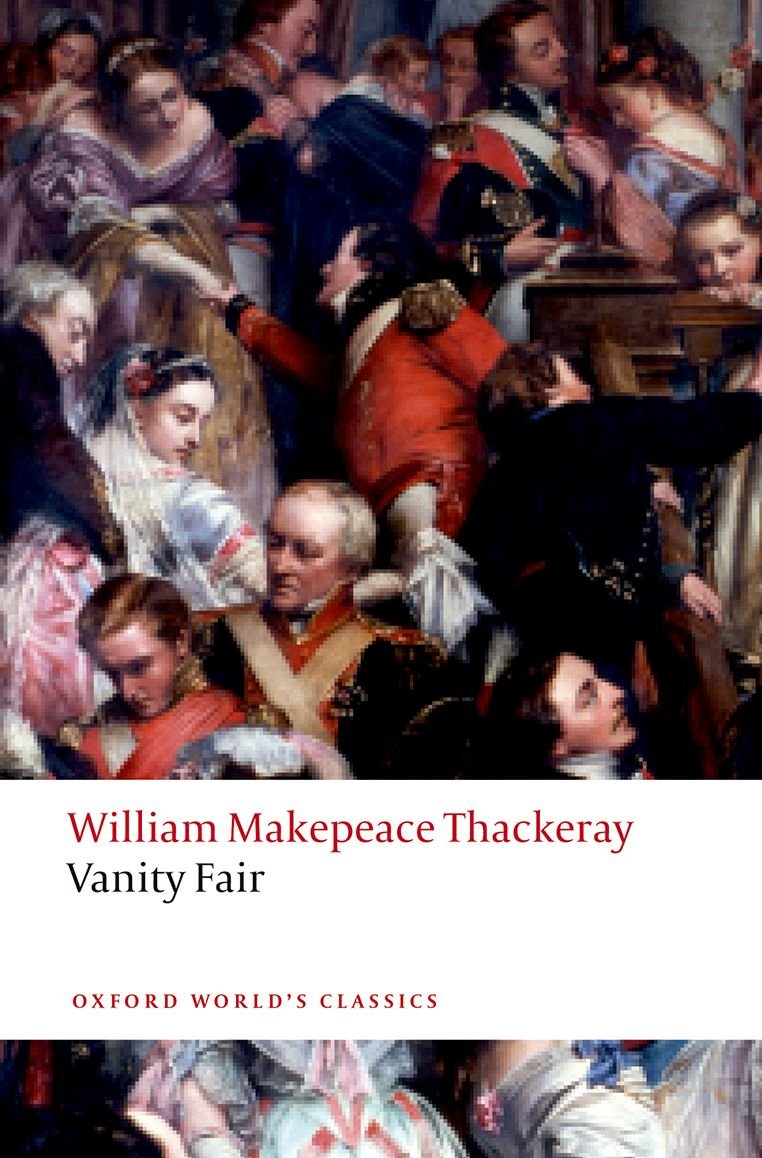

March 26
REQUIRED READING: 71 pages. (Skip Chapters VII, IX, and XI. )
Chapters VIII; XIII-XVI, pp. 88-96; 105-179.
William Makepeace Thackery, Vanity Fair
DQ 1: Which is the most important of the chapters you've read for this class?
DQ 2: What is the most important part of that chapter?
DQ 3: Name four of the most important characters in Chapters VIII, X, and XII-XIV.


March 28 (73 pages) Skip Chapters XV, XVI, and XX.
REQUIRED READING: Chapters XVII-XIX; XXI-XXIV, pp. 200-235; 248-291.
William Makepeace Thackery, Vanity Fair
DQ 1: Which is the most important of the chapters you've read for this class?
DQ 2: What is the most important part of that chapter?
DQ 3: Name four of the most important characters in Chapters XVII-XIX and XXI-XXIV.


March 31(63 pages) IN CLASS QUIZ
REQUIRED READING:
William Makepeace Thackery, Vanity Fair, Chapters XXV-XXX, pp. 292-361
Post your answers on this google doc.
DQ 1: Which is the most important of the chapters you've read for this class?
DQ 2: What is the most important part of that chapter?
DQ 3: Name four of the most important characters in Chapters Chapters XXV-XXX.


April 2 (90-ish pages)
REQUIRED READING:
William Makepeace Thackery, Vanity Fair, Chapters XXXI; 373-86; XXXVI-XXXVII, pp. 452-82; XLVII-XLVIII, pp. 588-612; Chapters LI-LII, pp. 633-667.
Post your answers on this google doc.
DQ 1: Which is the most important of the chapters you've read for this class?
DQ 2: What is the most important part of that chapter?
DQ 3: Name four of the most important characters in Chapters XXXVI-XXXVII; XLVII-XLIX; and LI-LII.


April 4
REQUIRED READING: (95 pages)
William Makepeace Thackery, Vanity Fair, Chapters Chapters XLIX; pp. 612-20; LIII-LIV; pp. 668-90; LVI, pp. 707-22
Post your answers on this google doc.
DQ 1: Which is the most important of the chapters you've read for this class?
DQ 2: What is the most important part of that chapter?
DQ 3: Name four of the most important characters in Chapters XLIX; LIII-LIV; XLIX; LVI


Recommended:
The Battle of Waterloo in chapters XXVIII-XXXII
REQUIRED READING: (140-ish pages)
William Makepeace Thackery, Vanity Fair, LXIV-LXVII, pp. 812-78.
Post your answers on this google doc.
DQ 1: Which is the most important of the chapters you've read for this class?
DQ 2: What is the most important part of that chapter?
DQ 3: Name four of the most important characters in Chapters LII-LIV; LVI; and LXIV-LXVII.


REQUIRED READING:
That Obscure Object of Desire (dir. Luis Bunuel, 1977)
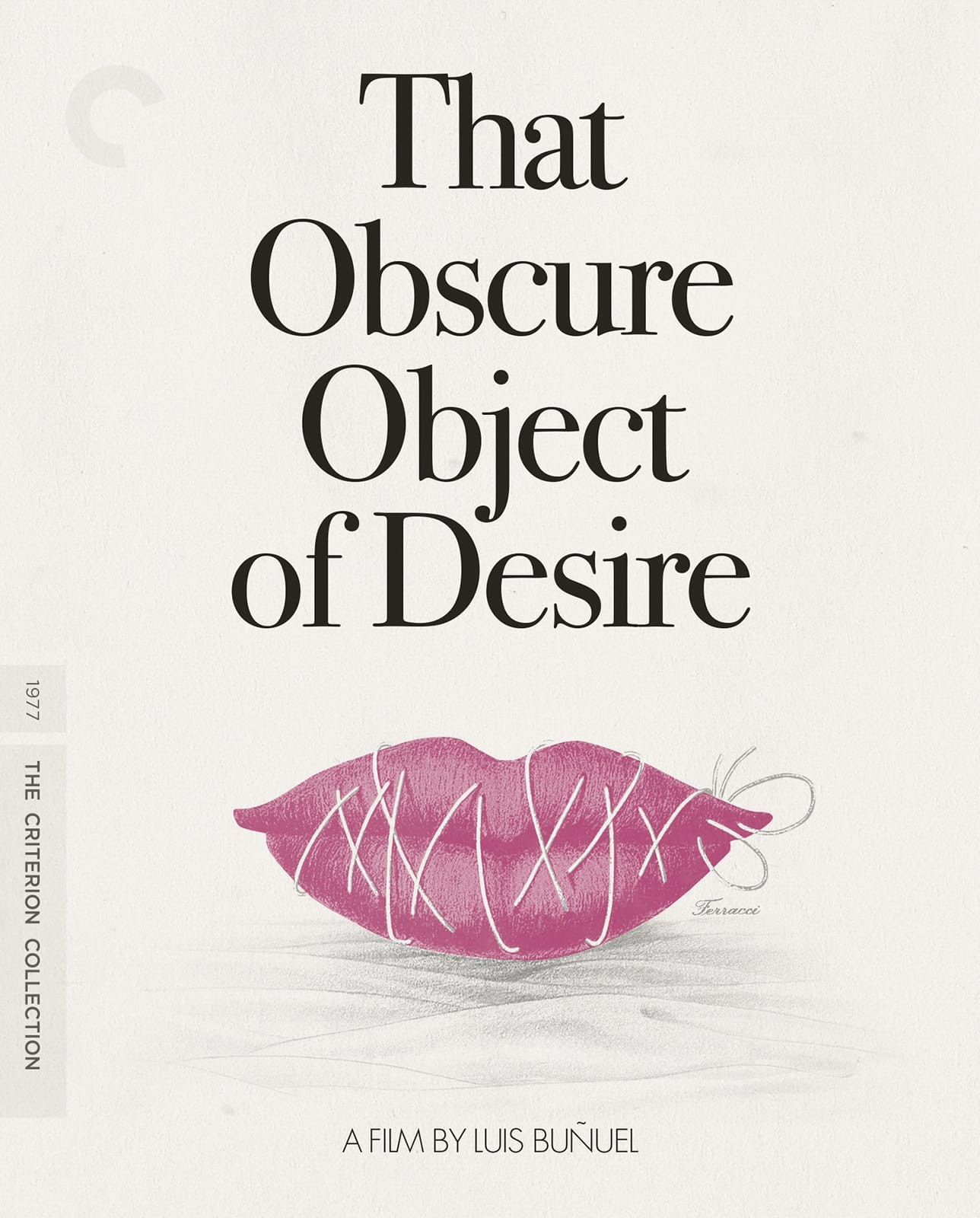
REQUIRED VIEWING:
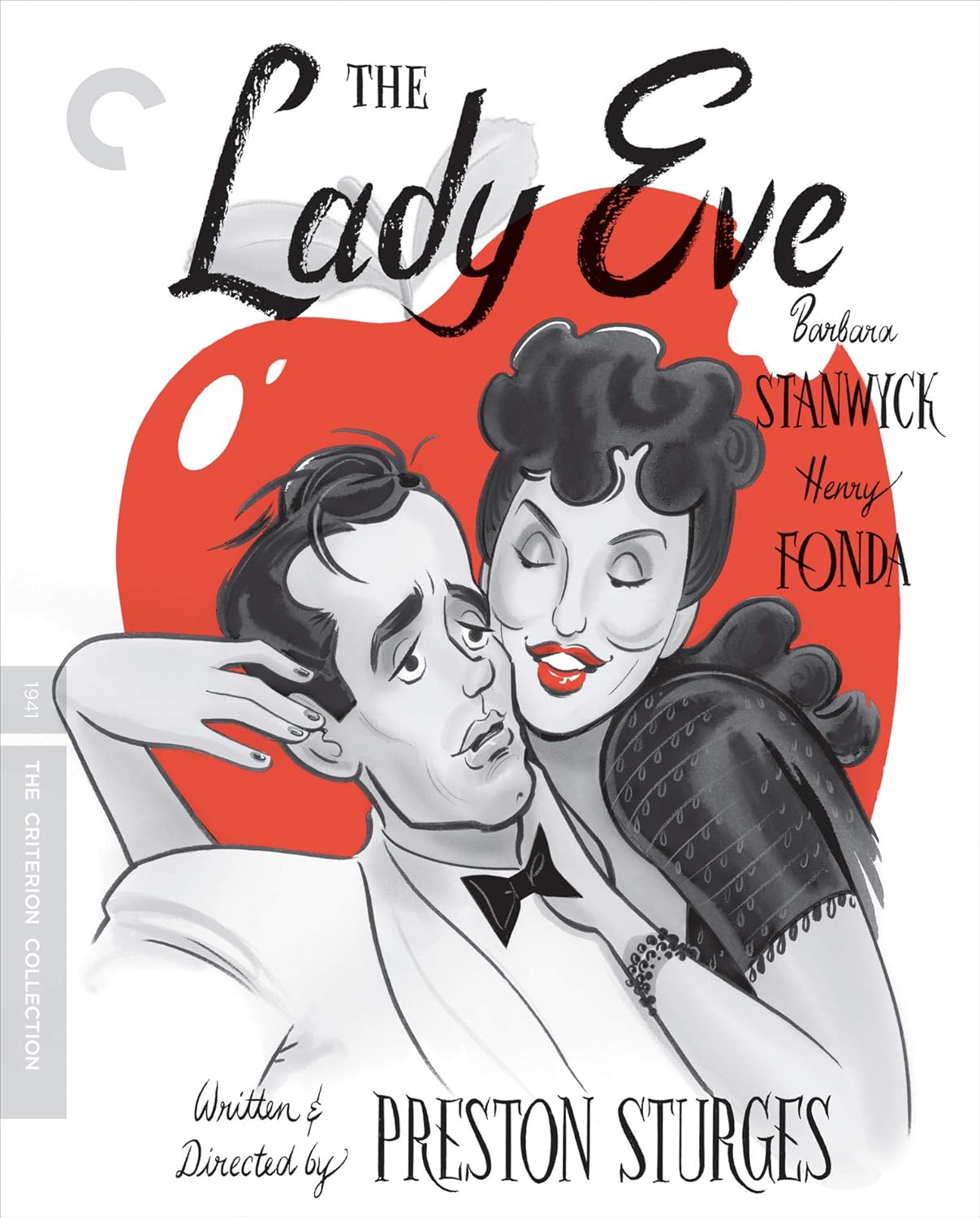
REQUIRED READING:
Jules Barbey d’Aurevilly, Translated by Raymond N. MacKenzie, "A Woman's Revenge," in Diaboliques Six Tales of Decadence (2015), pp. 225-61.
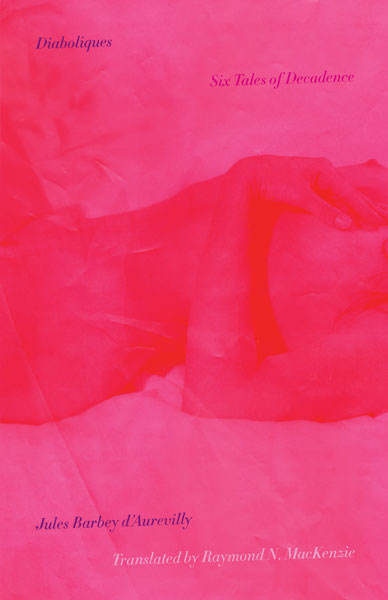
April 16
REQUIRED READING:
Jules Barbey d’Aurevilly, Translated by Raymond N. MacKenzie, "A Woman's Revenge," in Diaboliques: Six Tales of Decadence (2015), pp. 225-61.

April 18
REQUIRED VIEWING:
Day of Wrath (dir. Carl Th Dreyer, 1934)

THIRD PAPER DUE April 20 by 11:59 p.m.
There is a treasure trove of resources on close reading here:
https://www.closereadingarchive.org/teaching
April 21
REQUIRED VIEWING:
Diabolique (dir. Henri-Georges Clouzet, 1954)
https://www.criterion.com/films/575-diabolique and on amazonprime for free
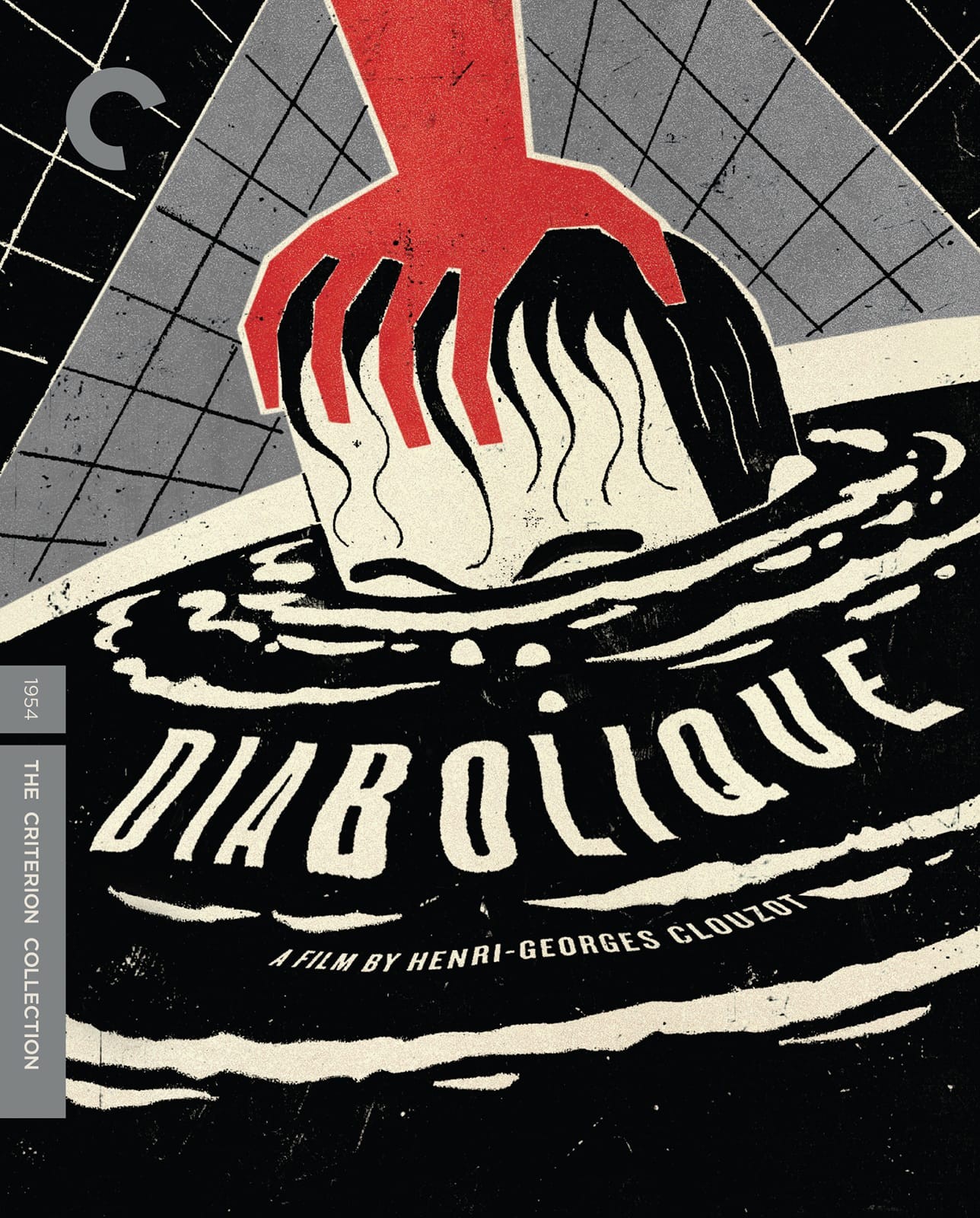
April 23
Student evaluations
Please Clap (timestamp (00:29)
Class Discussion
BEST DQ of the semester (voted by the class)
RECOMMENDED READING:
Gail Pheterson (Editor), Margo St. James (Foreword), A Vindication of the Rights of Whores (1993)
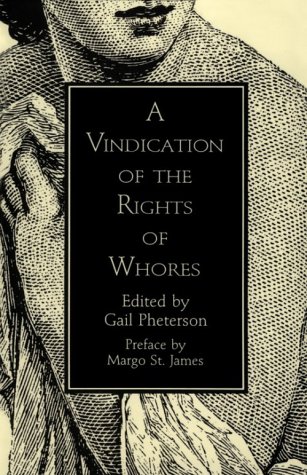
No cell phones, ipads, or laptops in use during class.
(All changes will be announced both in class and on the class email listserv.)
Nothing below is required for this course:
Note on reading Vanity Fair. Thackery organized the novel by chapters. He gave the chapter titles and illustrations. Many chapters introduce characters of little importance who never appear again. We will skip those chapters. We will be reading the novel selectively, with the aim of extracting both the most important chapters and the most important parts of those chapters. Importance can be defined in many ways, so there is room for disagreement. And people may choose the same chapters and the same parts of those chapters for different reasons.
2001: A Space Odyssey "Star Gate" sequence
"Lost Highway" (1997) Ending Scene
Stendhal, Raymond N. MacKenzie, The Abbess of Castro in Italian Chronicles (2017)
The Abbess of Castro (Montcrieff translation online for free)

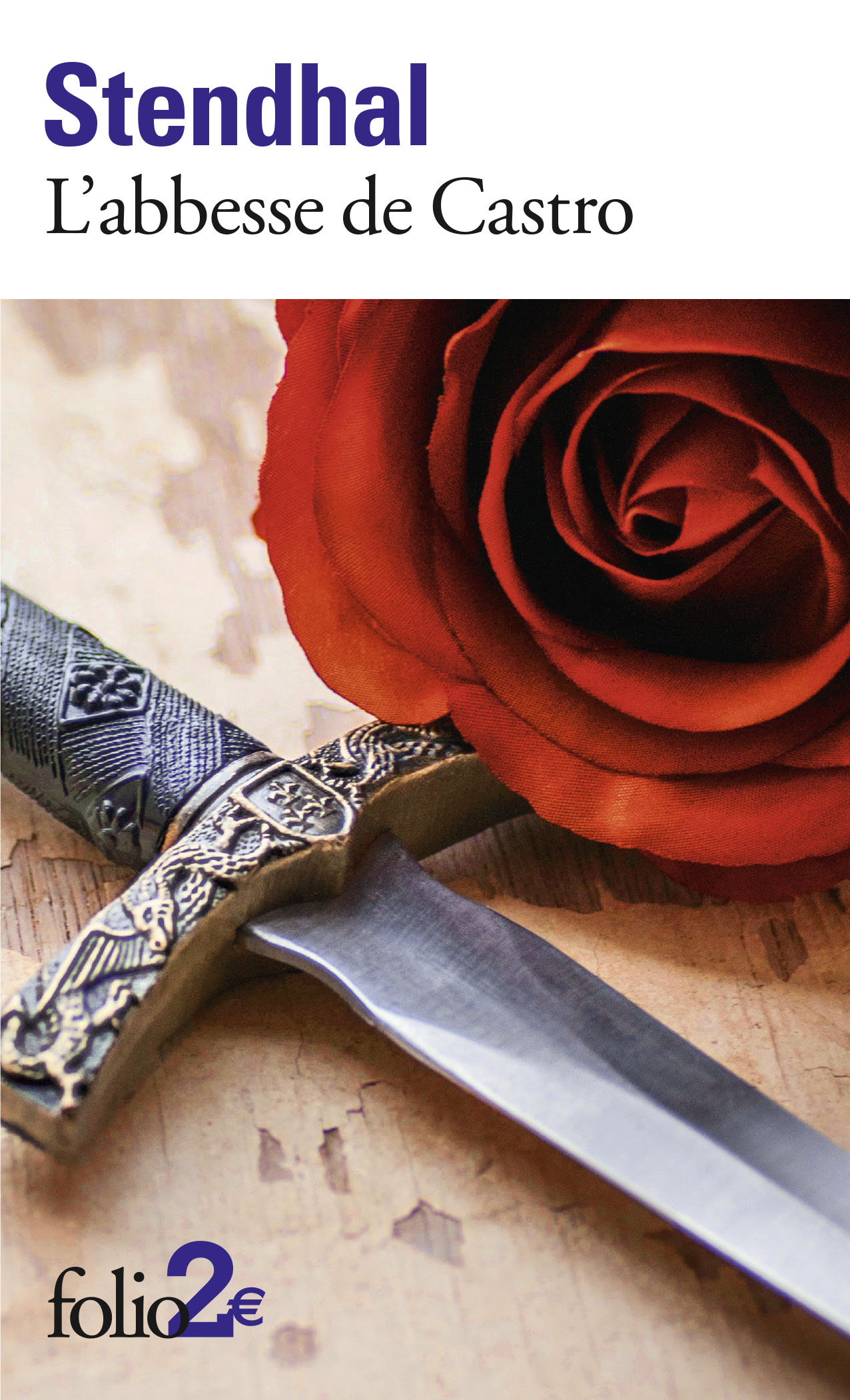
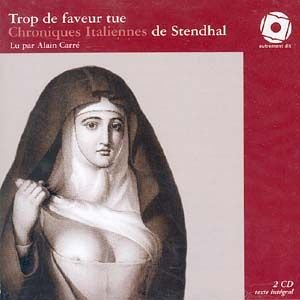
Meta stole many of my publications for AI. Meta did not ask my permission, nor did it offer financial compensation.
https://www.theatlantic.com/technology/archive/2025/03/search-libgen-data-set/682094/
UF INFORMATION TECHNOLOGY AI Services




THE BOOK OF SNOBS
By One Of Themselves
(William Makepeace Thackeray)
Two posters for the same film (trailer below)

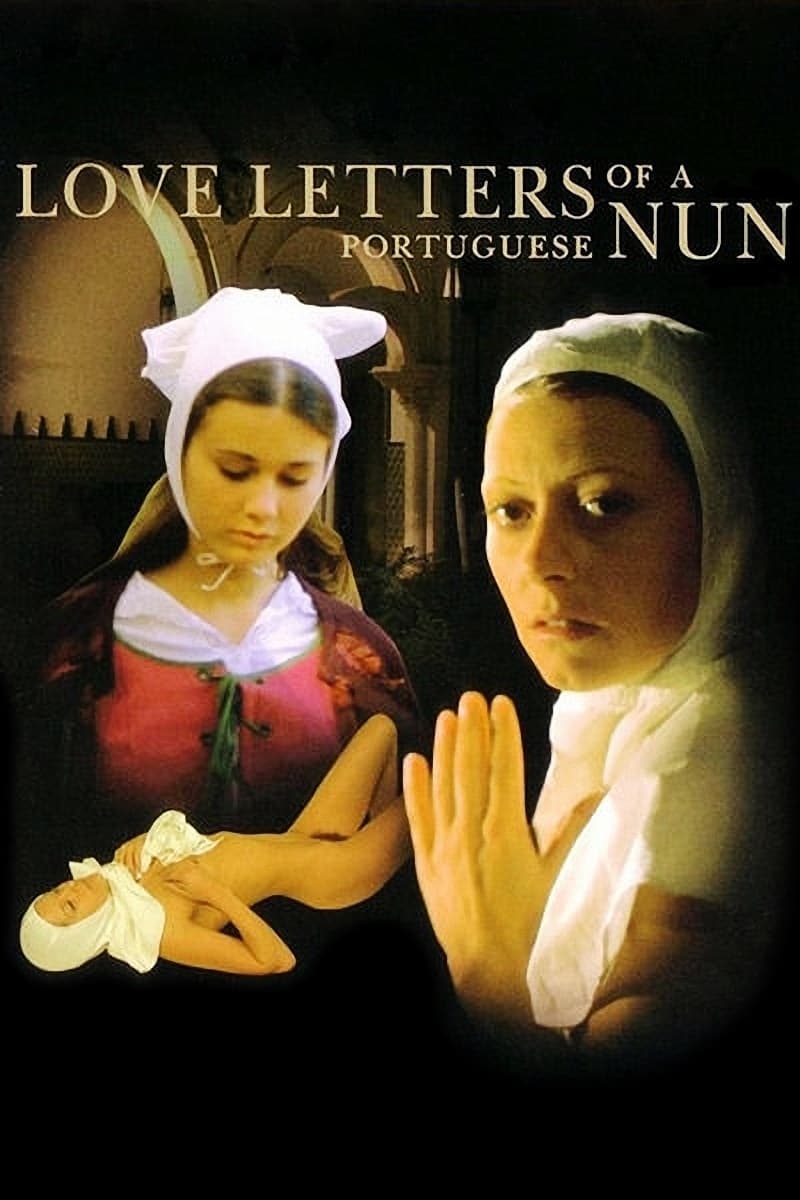
Love Letters of a Portuguese Nun (1977) TRAILER
Based on this book:
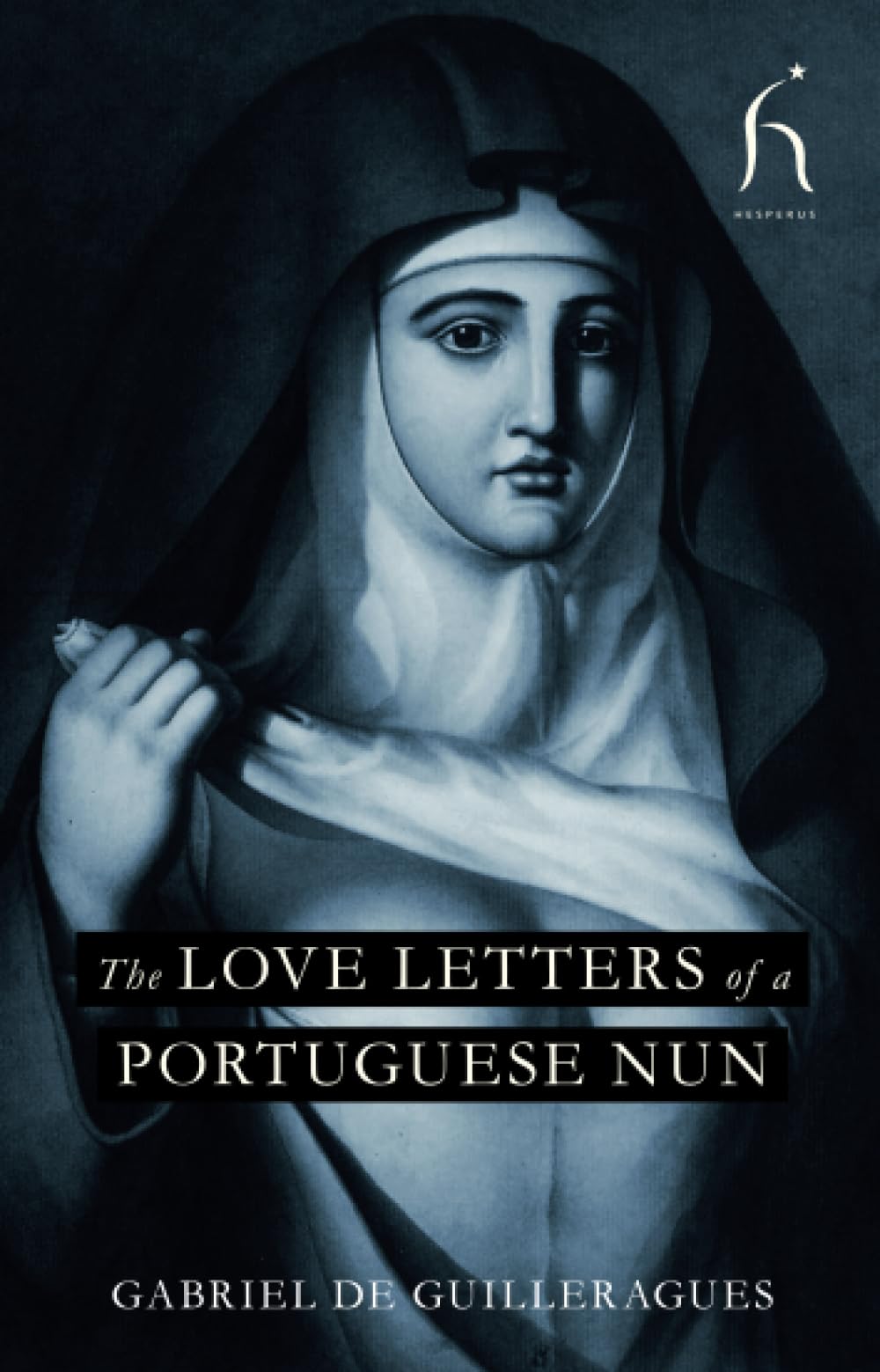
by Guilleragues, Gabriel-Joseph de Lavergne
LA RELIGIEUSE de Jacques Rivette, le film qui a fait scandale
THE NUN - Official Trailer - From director Jacques Rivette
Jacques Rivette "La Religieuse" ne cherche pas le scandale
"La religieuse", le film interdit de Jacques Rivette |
Letters of a Portuguese Nun: Uncovering the Mystery Behind a 17th Century
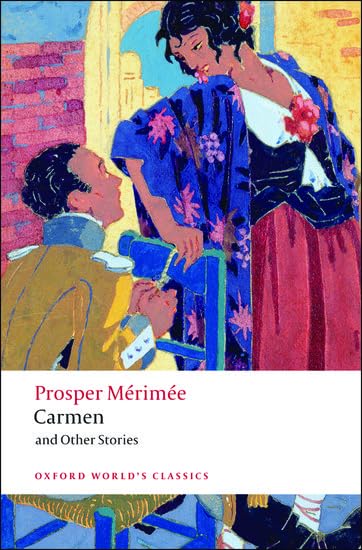

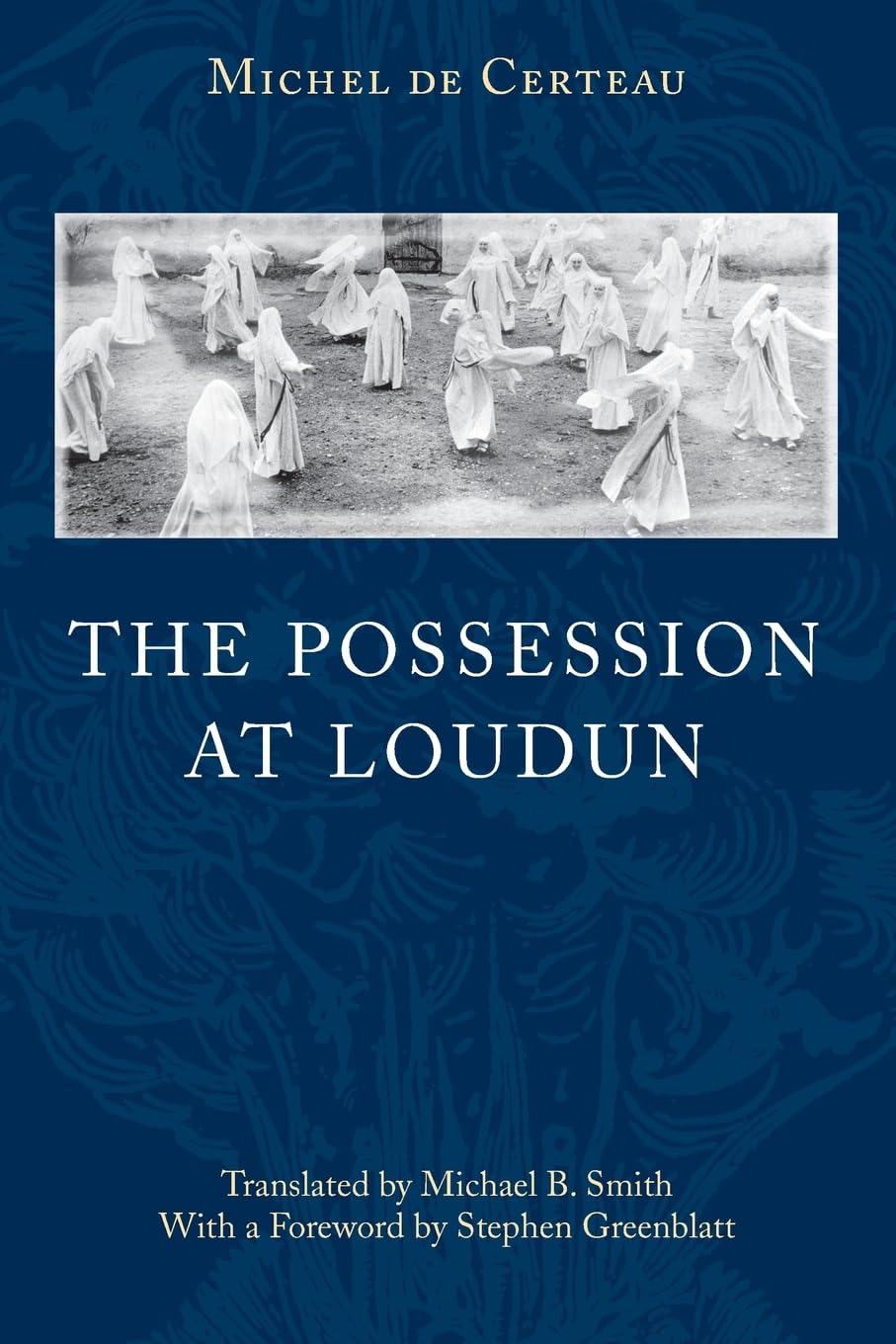
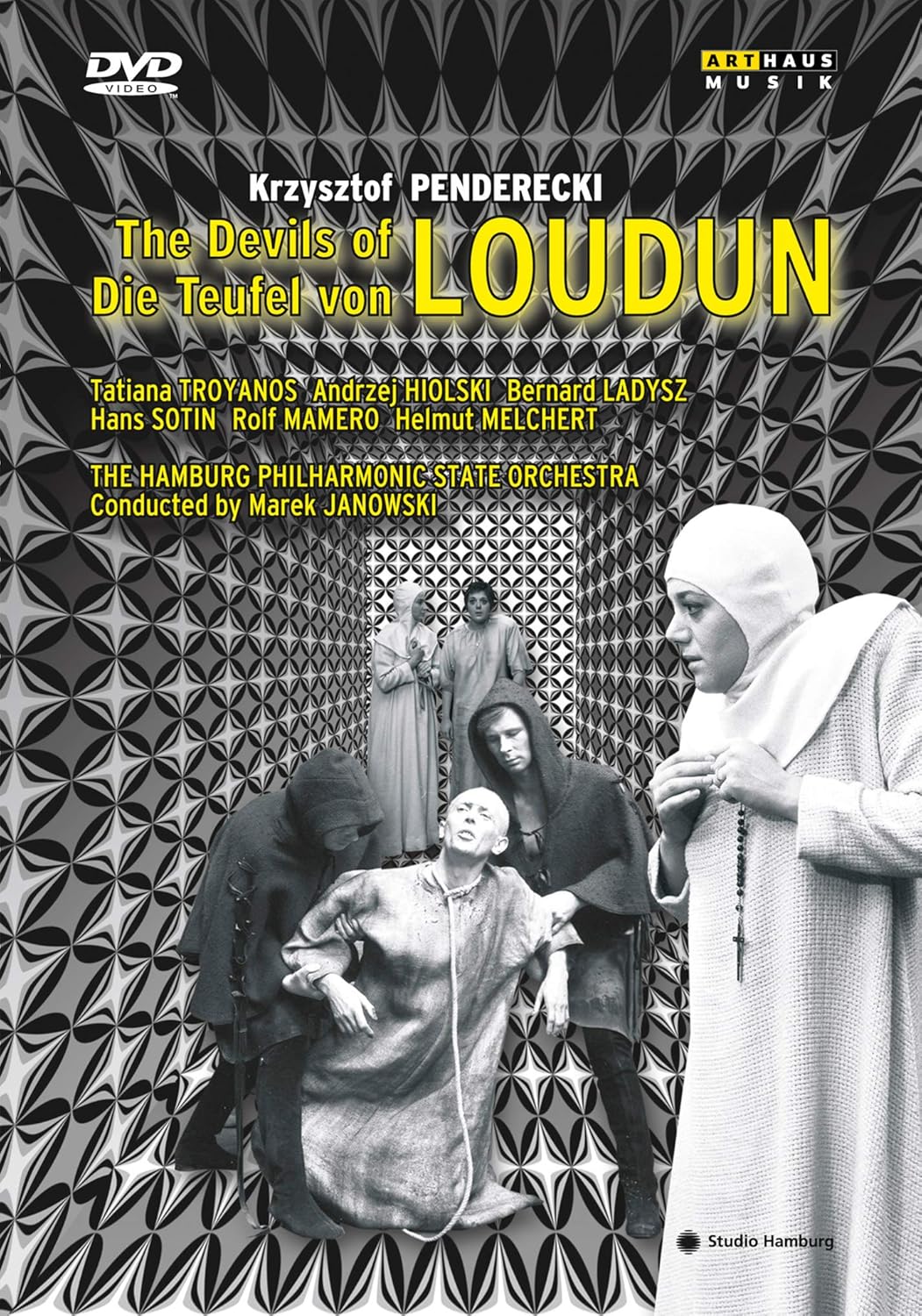
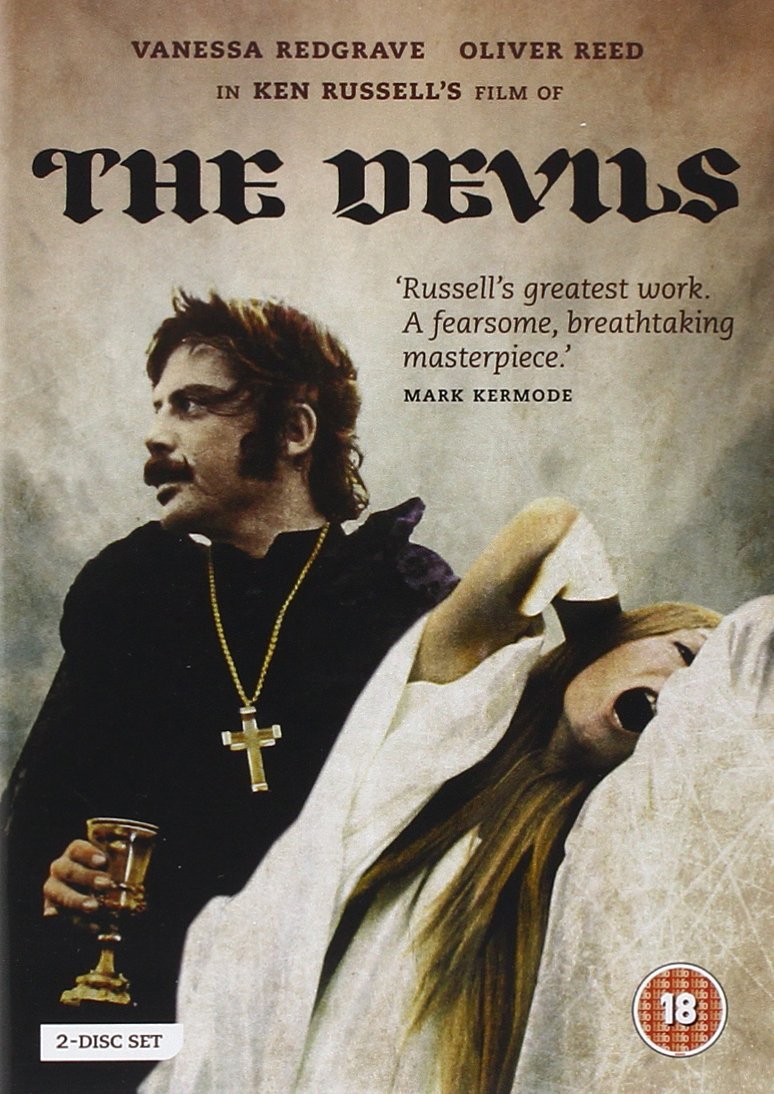
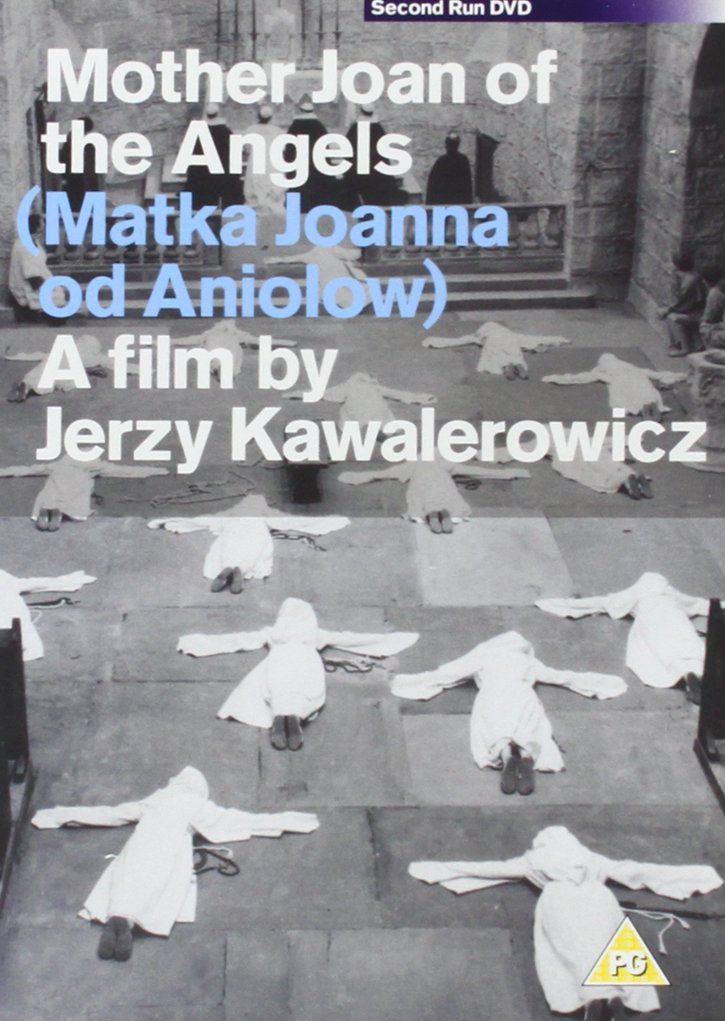
Les Dames du Bois de Boulogne (dir. Robert Bresson,1945)
On the Criterion Channel with English subtitles.
In French without English subtitles here:
Les Dames du Bois de Boulogne 1945
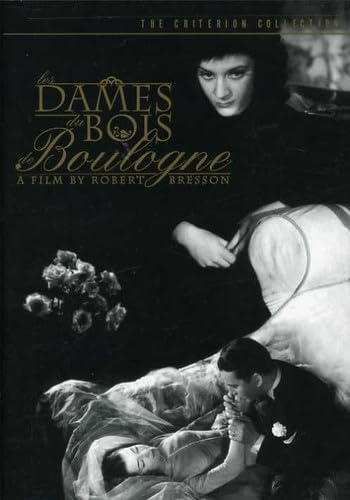
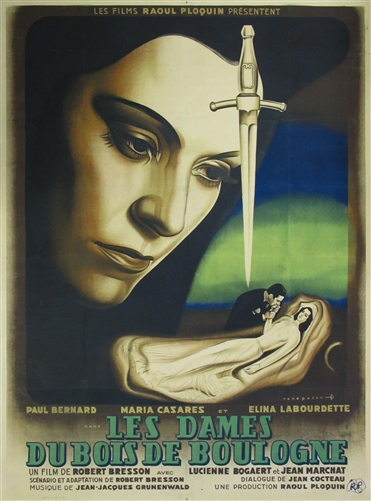
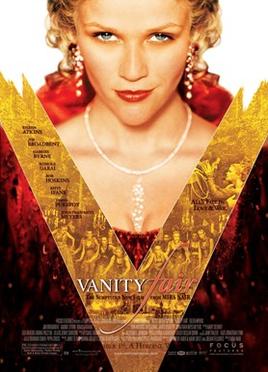
.jpg)
Editorial Non-censorship Censorship: Titles cannot be censored.
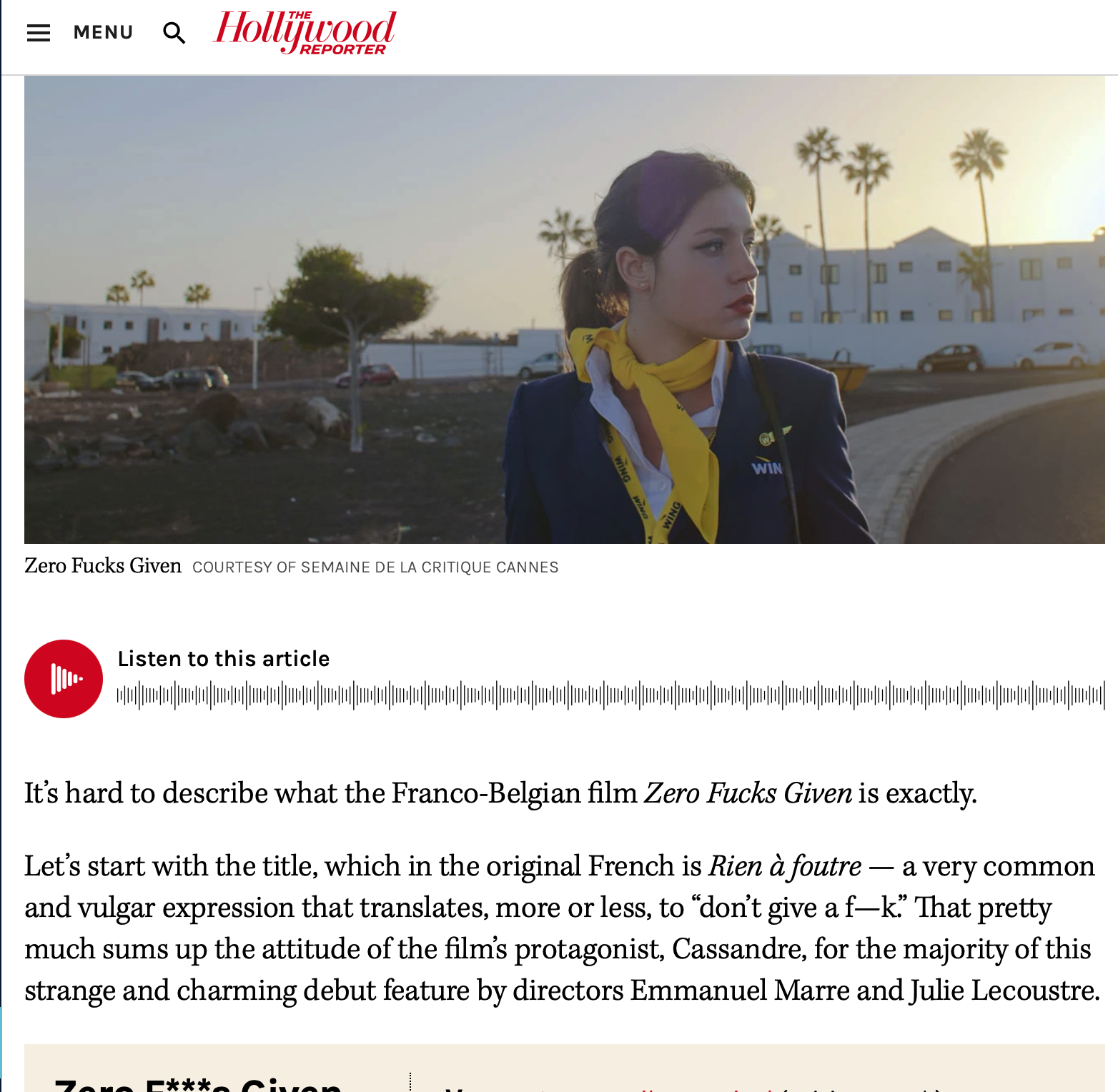

My two children were, indeed, taken happily off my hands by my husband’s father and mother, and that, by the way, was all they got by Mrs. Betty.
https://www.europeana.eu/en/stories/the-romance-of-the-rose-a-medieval-guide-to-love
Chaucer's use of the Romance of the Rose
The Wife of Bath "I am Qu-nough."
332 Ye shul have queynte right ynogh at eve.
You shall have pudendum right enough at eve.
"Pudendum" is not a very good translation of "queynte," imo, since puddendum connotes shame. The wife uses a great number of words for the modern four letter version of "quenynte," including instrument, Chamber of Venus, and Quoniam. None of them were obscene when Chaucer used them. So none of them connoted shame.
"Jangleresse"--not merely talkative. / Jongleur
By the way, says twice she went deaf when Jankyn threw his book at her.
Chaucer’s Canterbury Tales is a study in voice, structured by what David Lawton calls “an unprecedented display … of multiple tellers.”¹ The Wife of Bath is among the loudest of these voices. Indeed, she is loud in multiple senses of the word. The Wife’s skill in the arts of weaving (and in flirtation and seduction, Chaucer implies) has contributed to her tendencies toward self-display. Her clothing is fine and new, with accents of eye-catching red. Her tongue is garrulous. This chapter interrogates this multivalent loudness, showing how Chaucer adapts the trope from antimarriage authors like Walter Map and uses it...
READ THROUGH THIS WEBPAGE. READ ALL OF IT. CLOSELY. VERY CLOSELY. PLEASE NOTE: Now that you have learned from your mistakes in our discussion of your first paper, and now that you have practiced writing three times a week through your DQs, I fully expect you to be able to make an argument in your essay, write grammatical sentences, use words properly, and punctuate properly. Papers that have ungrammatical sentences, mispunctuate, or misuse words will get "D" grades. Be sure to give yourself time to revise and to proofread your paper carefully before you send it to me at[email protected]. I recommend reading your work aloud. It's a good way to see what you need to revise. You can also get help at the Writing Program. See also the Plain Style: A Guide to Written English. READ THROUGH THIS WEBPAGE. READ ALL OF IT. CLOSELY. VERY CLOSELY.
There is a treasure trove of resources on close reading here:
https://www.closereadingarchive.org/teaching
Non-Binary Literature Outloud and Imagining Reading in Painting
The French have for a word for women readers: la liseuse. There are numerous paintings entitled "a woman reading."
What is she thinking? A woman reading aloud to who knows? Another woman? / A man reading to a woman?
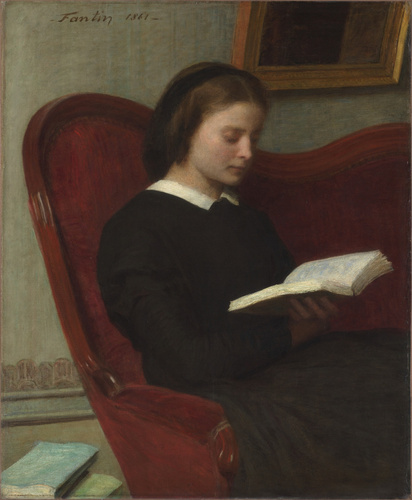
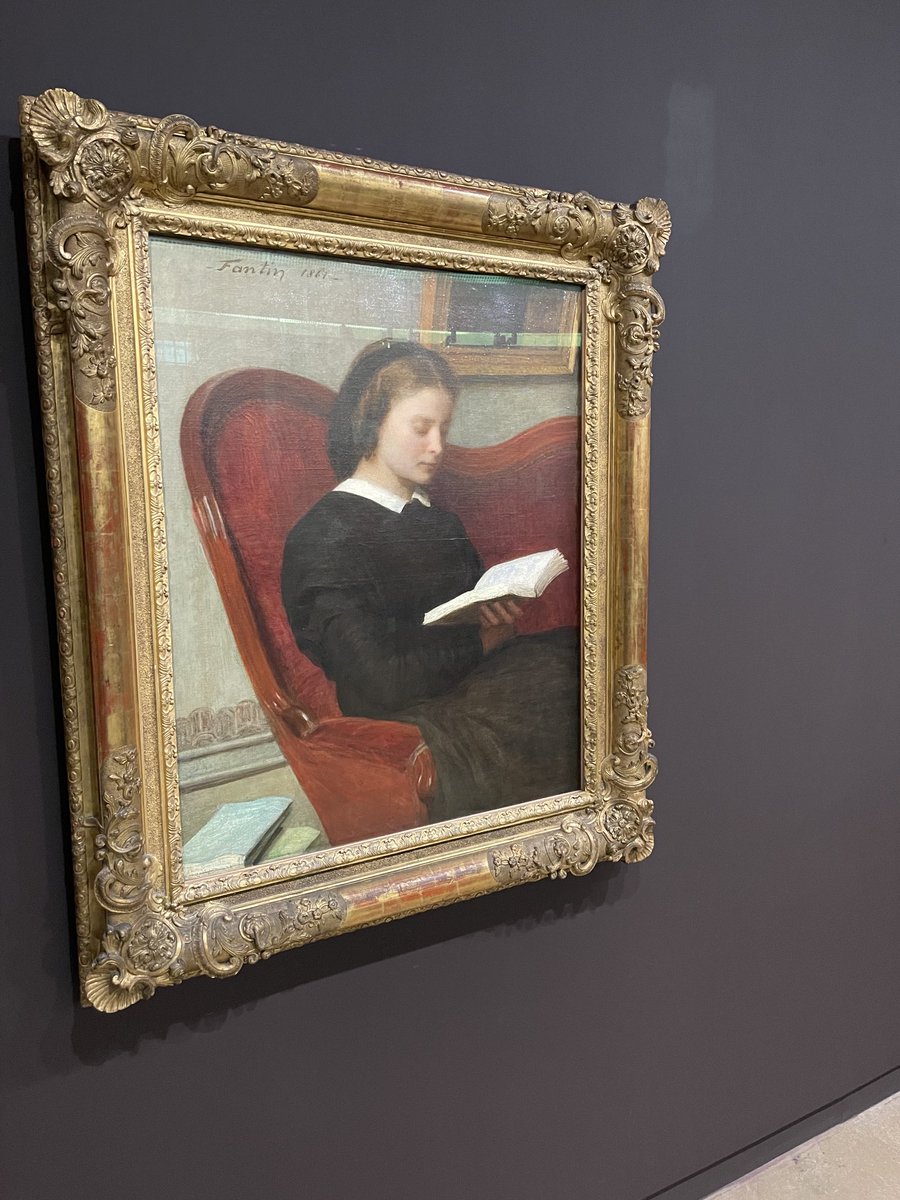
Henri Fantin-Latour, "La Liseuse"
"La liseuse" d’Henri Fantin-Latour | Musée d'Orsay
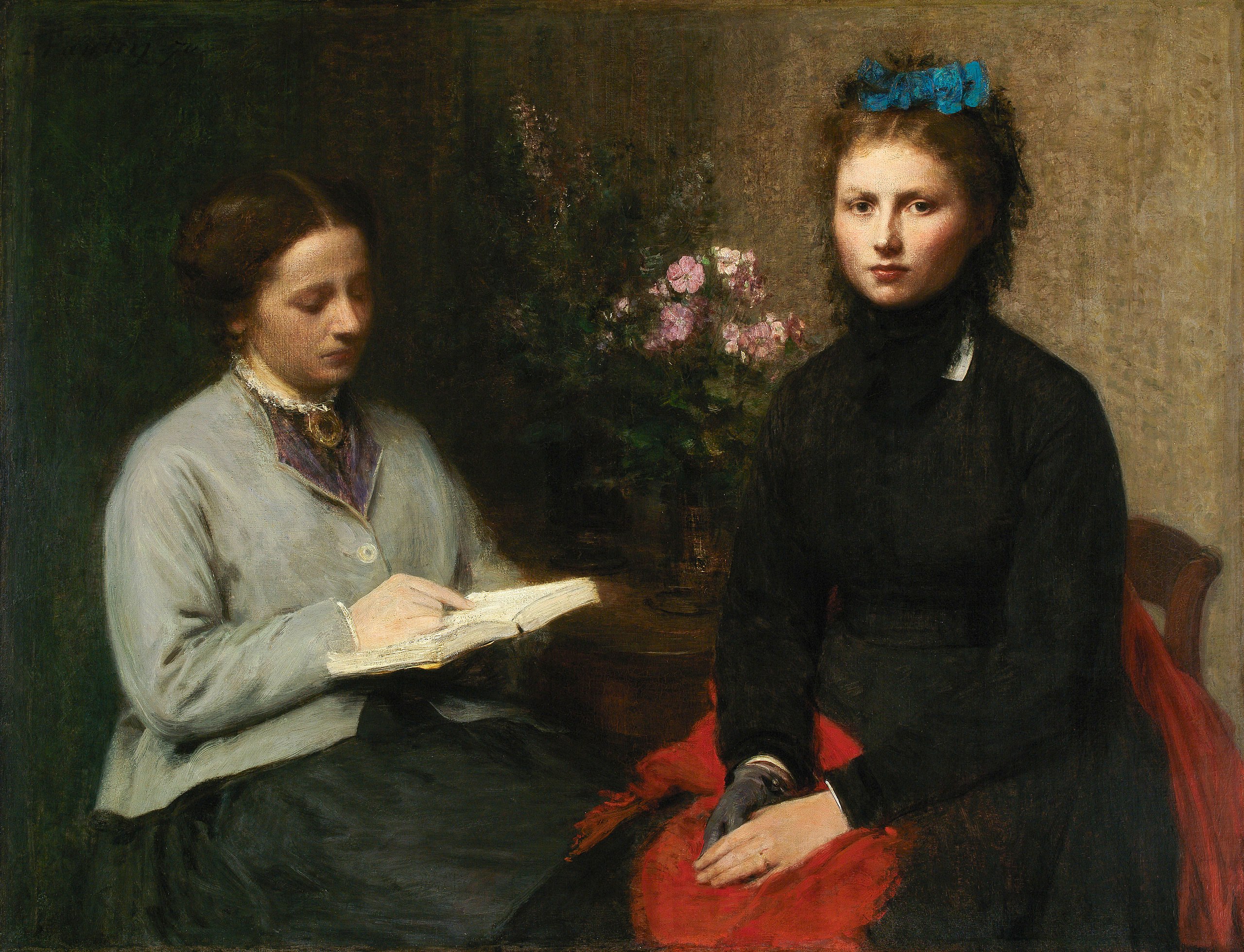
Henri Fantin-Latour, A Leitura, 1870
.jpg)
(La Lecture) The Reading (Henri Fantin-Latour)
La_Lecture ("le lecture" is a male reader, but here "la lecture" means "reading" ) Henri Fantin-Latour,_
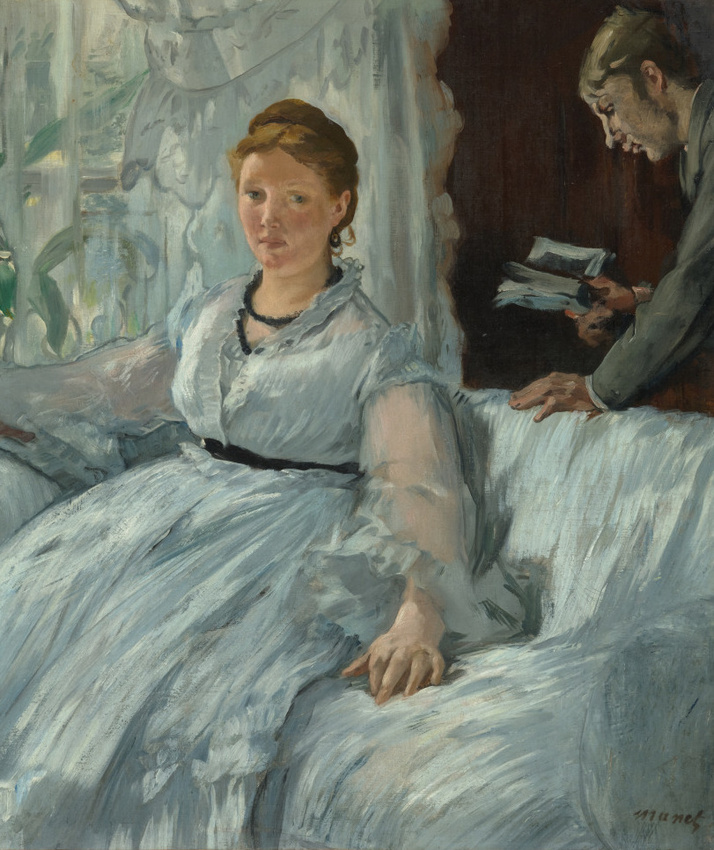
 by Pierre Bonnard.jpg)
Two paintings of Abraham's binding of Issac by Caravaggio. Is anyone speaking?
.jpg)
.jpg)
Simon Schama's Power Of Art Episode on Caravaggio
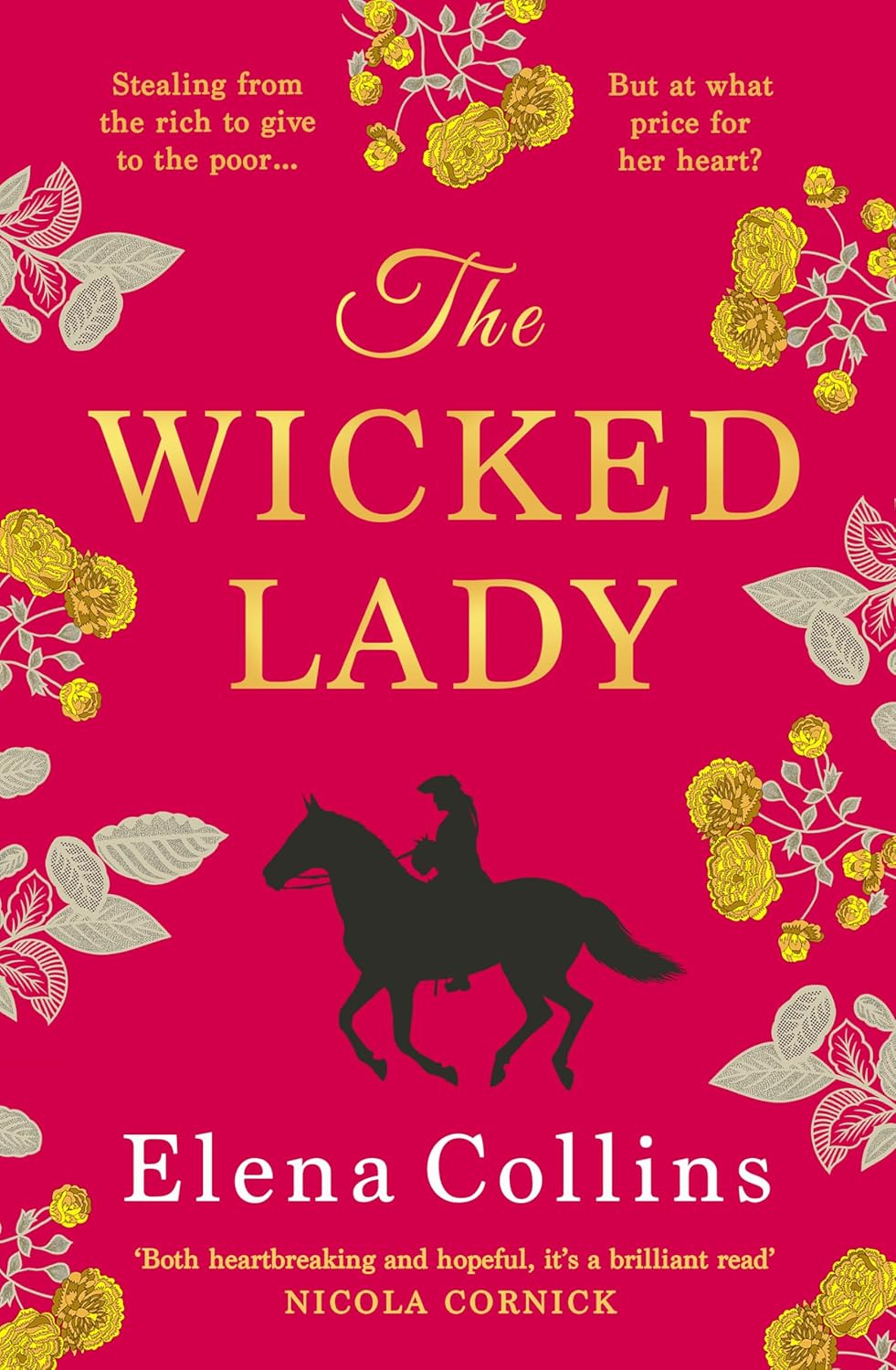
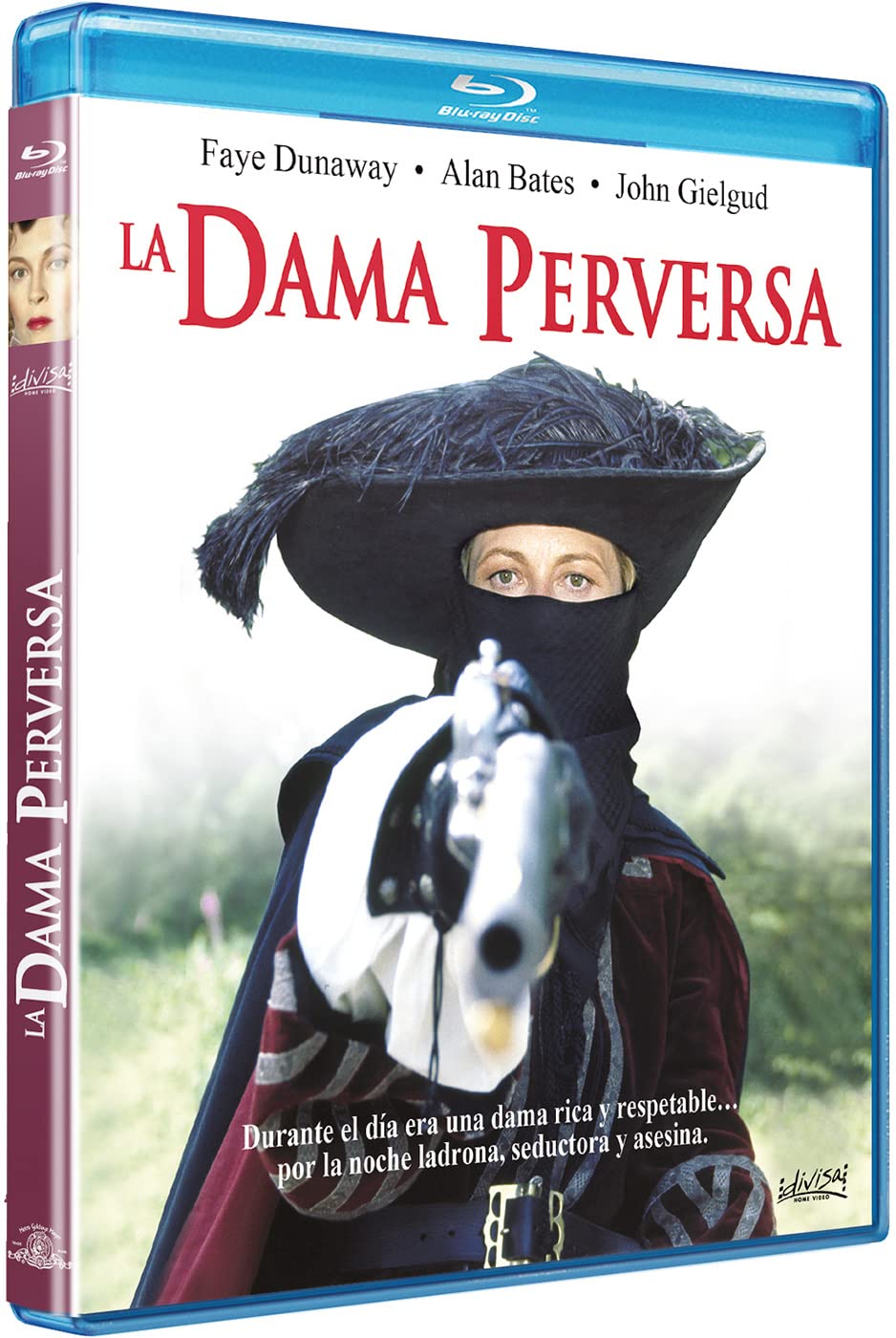
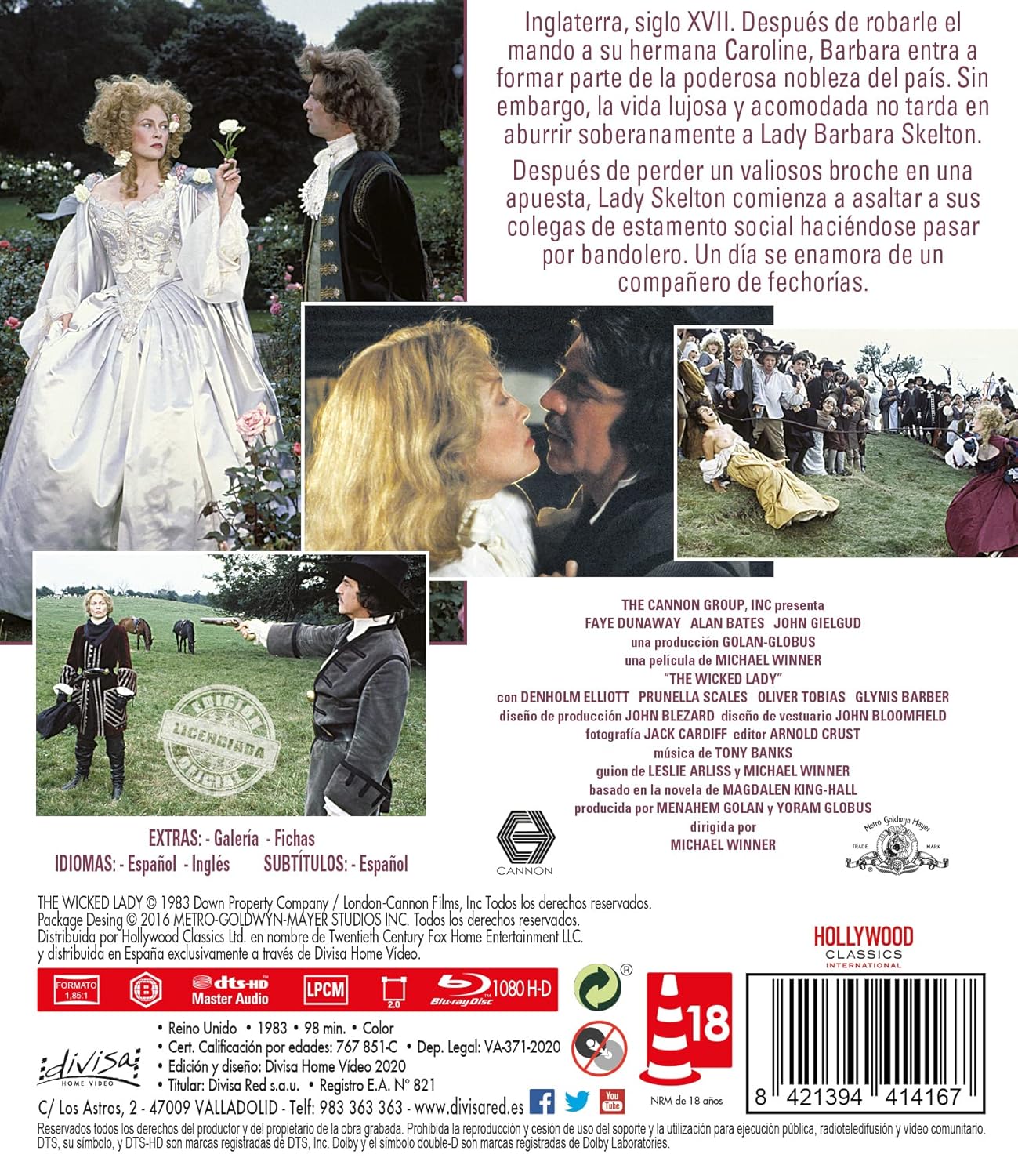
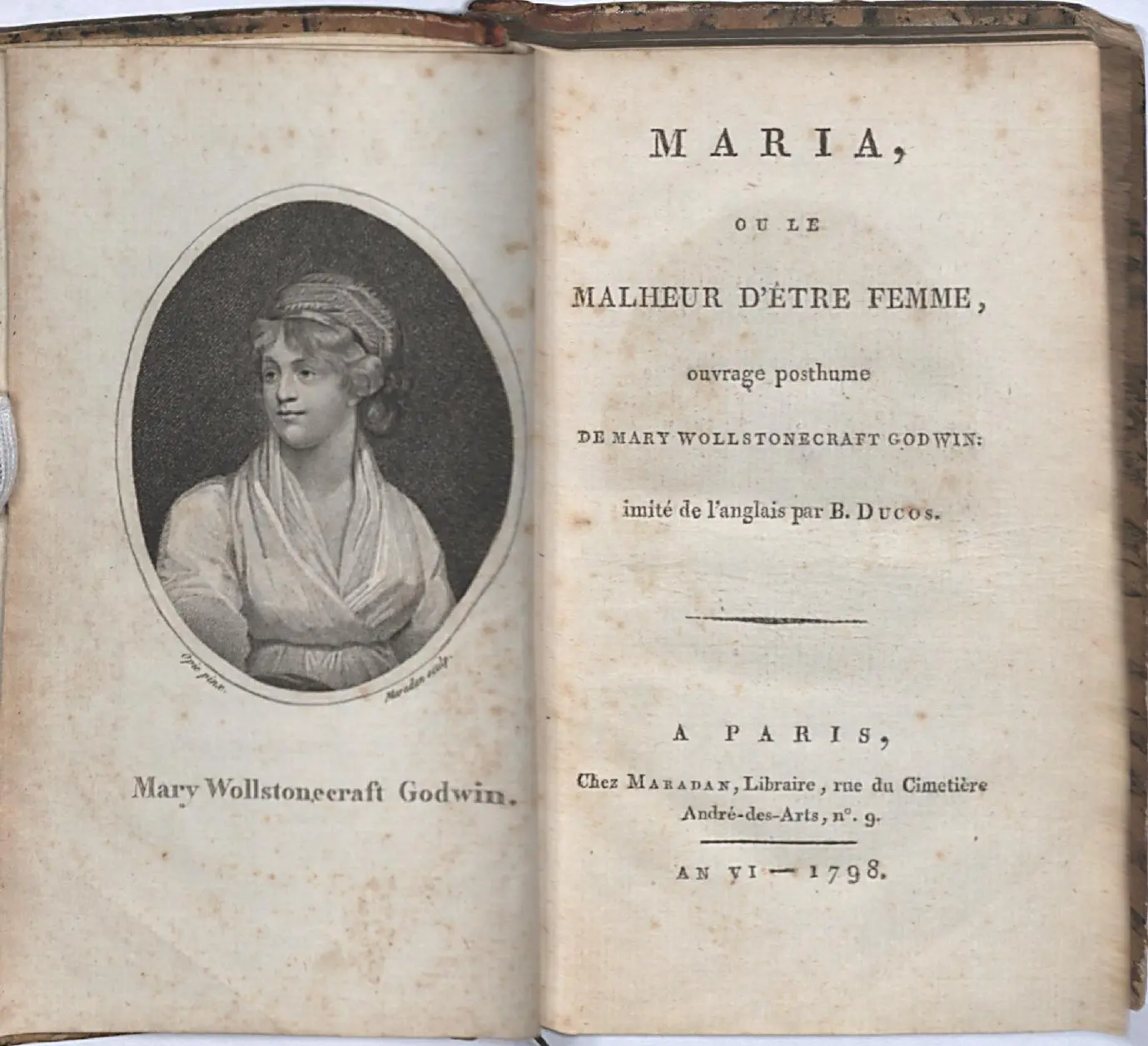
Guy de Maupassant » The Legion of Honor
". . . much of the work of recovery of early women writers has not progressed in the directions
that Hobby indicates. Rather, the prevailing trend has been
tantamount to the recovery of morally pure, suffering subjects
whose goodness is legible in the terms that Hobby reveals. Hence,
the earliest kind of studies of women-the tradition of Women
Worthies, as Natalie Zemon Davis labeled this approach, or what I
am calling here the legend of good women-remains strongest
among literary historians. What to be done with these writers beyond
proclaiming their virtue-has translated into an endeavor
whose conservatism is easily marked, indeed perhaps is implicit in
any attempt aimed at recovery, which is definitionally an act of
conservation: the desire to make canonical space for these writers,
to "counterbalance the canon," as one recent anthology offers as its
goal. One question, Hobby notes, that she was often asked about
her authors was "Were they any good?" Rejecting the question out
of hand for its complicity with "dominant literary and educational
cultures" and for the ways in which so-called "good writing" supports
the values of "white, heterosexual, middle-class men" (p. 25),
Hobby's refusal of the canonical issue raises difficult questions:
Must the inclusion of these texts in the canon necessarily support
dominant values and the oppressive regimes they foster? .. . .
The first of these questions is implicated in a recent and ambitious
volume, Barbara Kiefer Lewalski's Writing Women in Jacobean
England. One has to be struck by the fact that every chapter nominates
its literary subject as a "first" -Rachel Speght is "the first
Englishwoman to identify herself, unmistakably and by name, as a
polemicist and critic of contemporary gender ideology" (p. 153);
Elizabeth Cary is not only "the first Englishwoman to write a
tragedy," but also "the first Englishwoman to write a full-scale history"
(p. 179); Aemilia Lanyer is "the first Englishwoman to publish
a substantial volume of original poems" (p. 213); Mary Wroth
writes "the first prose romance and the first sonnet sequence"
(p. 243); these "firsts" add up to a group of women commandeering
traditional forms and genres. Many of these "firsts" arc fudged in
their qualifications-what docs "substantial" or "original" mean?
What is the value of a name? Why privilege print over manuscripts?
Why ignore continental precedents? One is struck, too, by
Lewalski's continuing evaluative gestures, and, as Margaret Ferguson
notes acutely in a review of the book, by the ways in which
these always qualified affirmations of value continually measure
these texts against "male" standards of literary performance and
with an eye to high canonical values; so, too, Lewalski's book imagines
its readership to be men who need to be convinced that these
texts by women are worth their attention. Lewalski's rhetoric, Ferguson
concludes, concedes much; indeed, "some feminists will feel
it's the whole shop." How is one to argue the value of these texts?
How are these texts to be read in the English Renaissance?
These questions are approached in the two chapters . . . ."
Jonathan Goldberg, Desiring Women Writing (1997)
Chaucer complicates Goldberg's reasonable criticism of Lewalski in several. Chaucer wrote both the Wife of Bath's Prologue and Tale and he wrote The Legend of Good Women (it is unfinished and quite complicated). in my view, it is always better to go to literature to explore a contradiction or conflict in the same writer rather than learn about a thereotical debate between modern critics.
Controversial and Banned Books: Why These Controversial Novels Were Censored and Banned
Title Page of The History of Moll Flanders, &c.
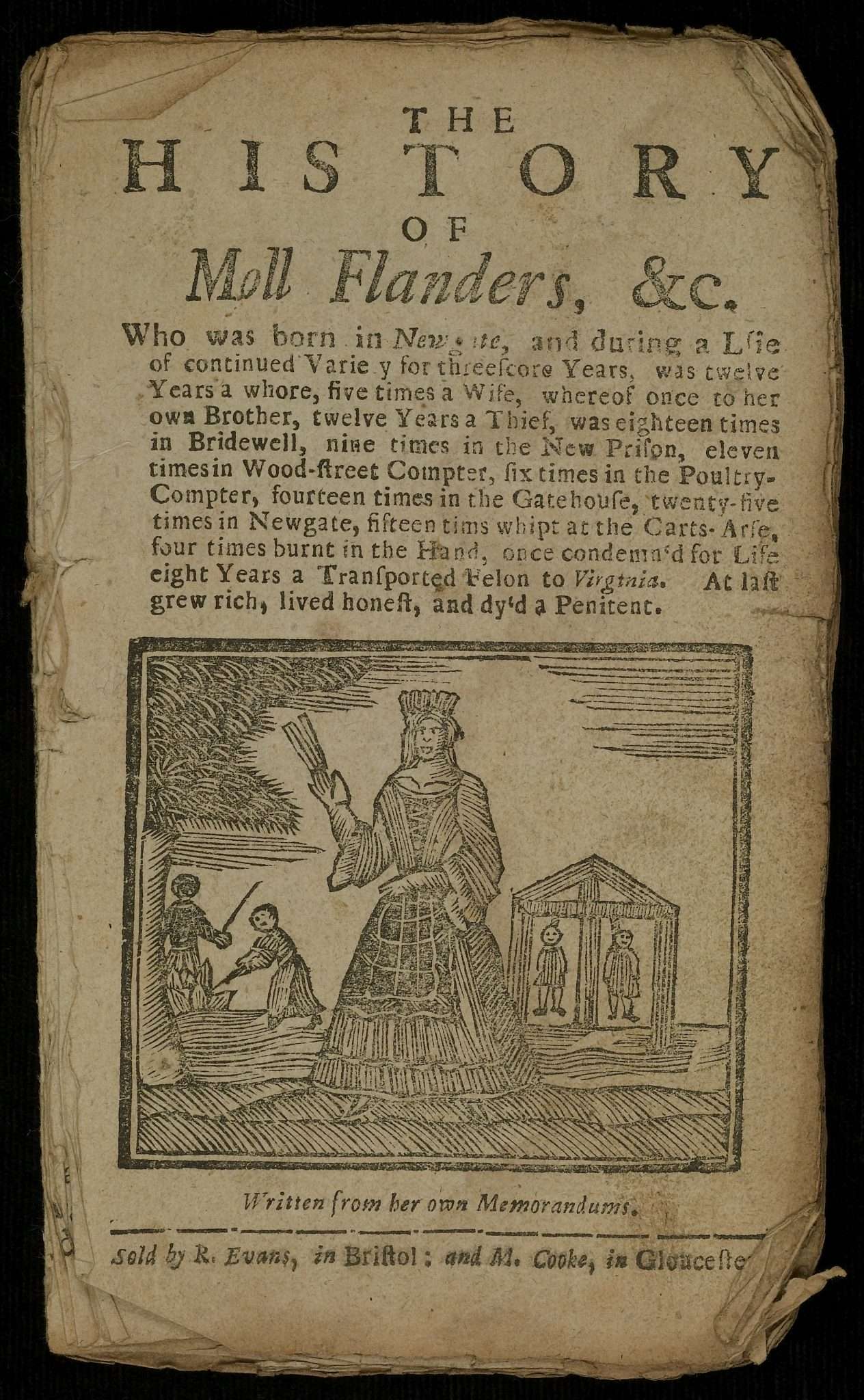
ca. 1760
1722 The Fortunes and Misfortunes of the famous Moll Flanders &c Who was born in Newgate, and during a life of continu'd variety for threescore years, besides her childhood, was twelve years a whore, five times a wife (whereof once to her own brother) twelve year a thief, eight year a transported felon in Virginia, at last grew rich, liv'd honest, and died a penitent, written from her own memorandums
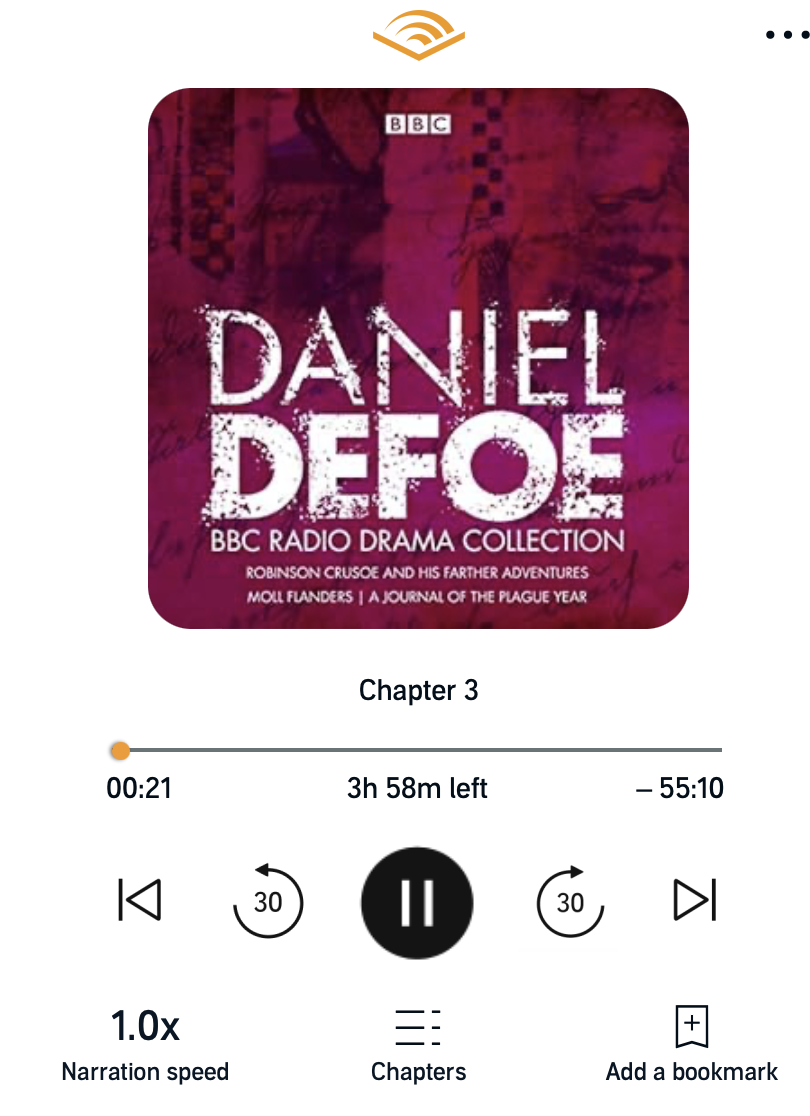
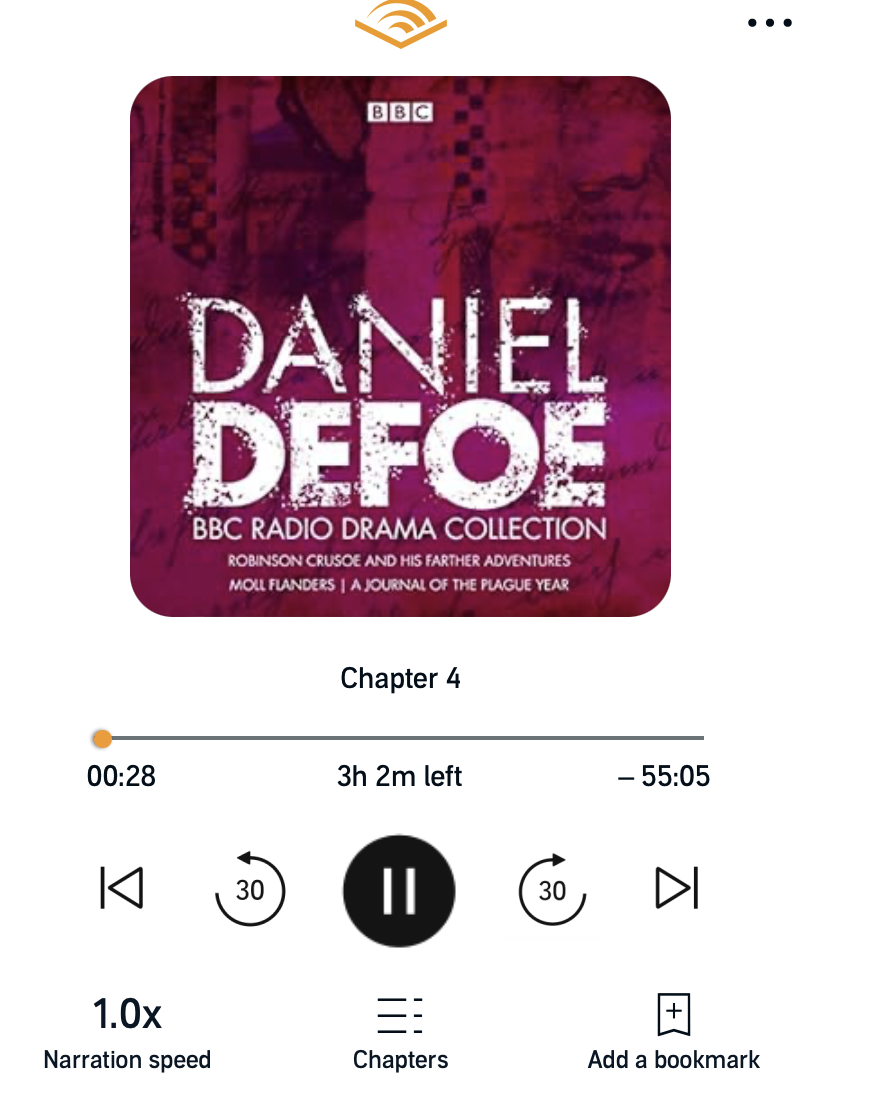
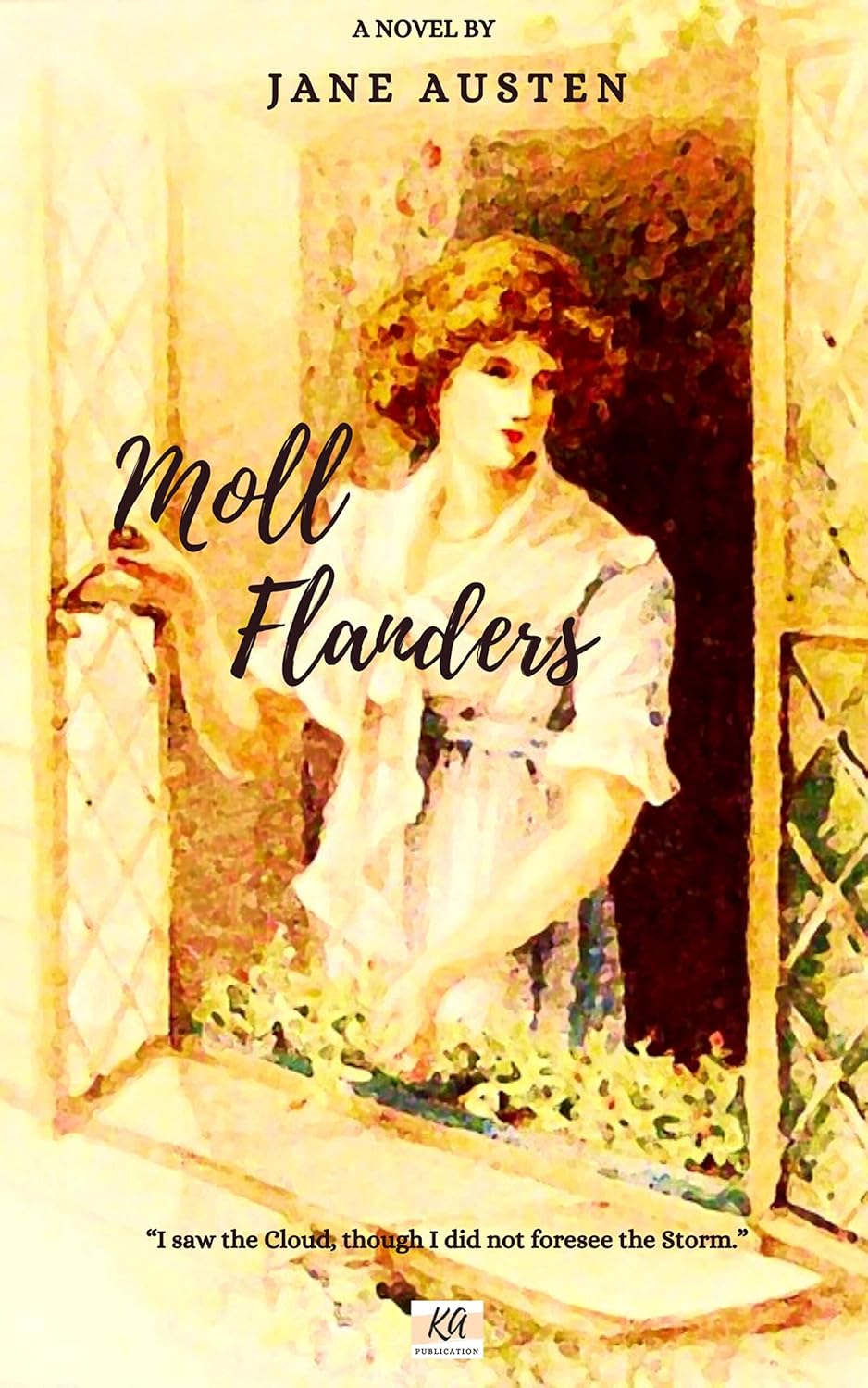


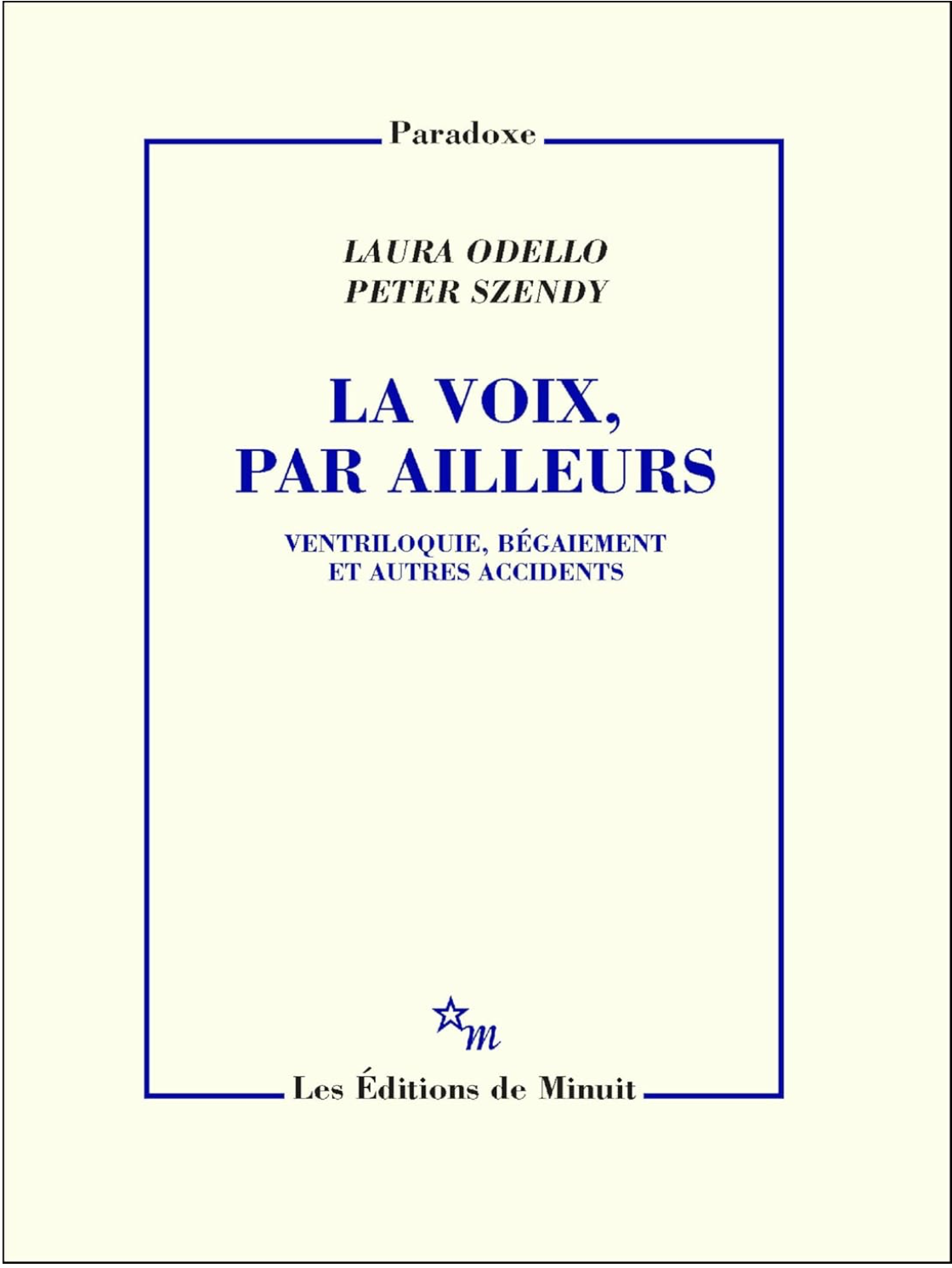
La Voix, par ailleurs: Ventriloquie, bégaiement et autres accidents (French Edition)
Kamala Harris ‘WORD SALAD CITY’ 2024
Titres, affiches et bandes-annonces de films bandes-annonces de films
Title Page, A2r
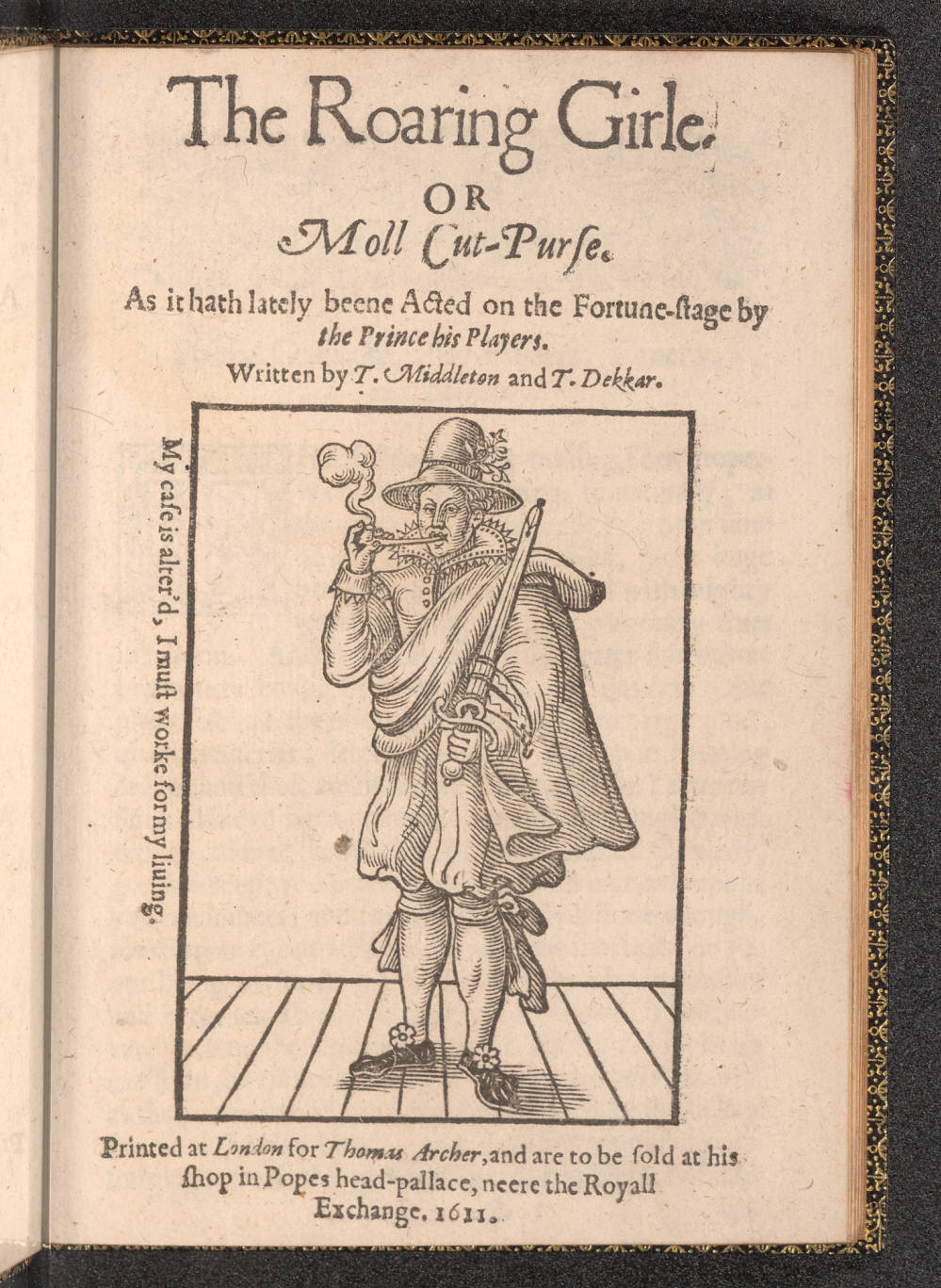
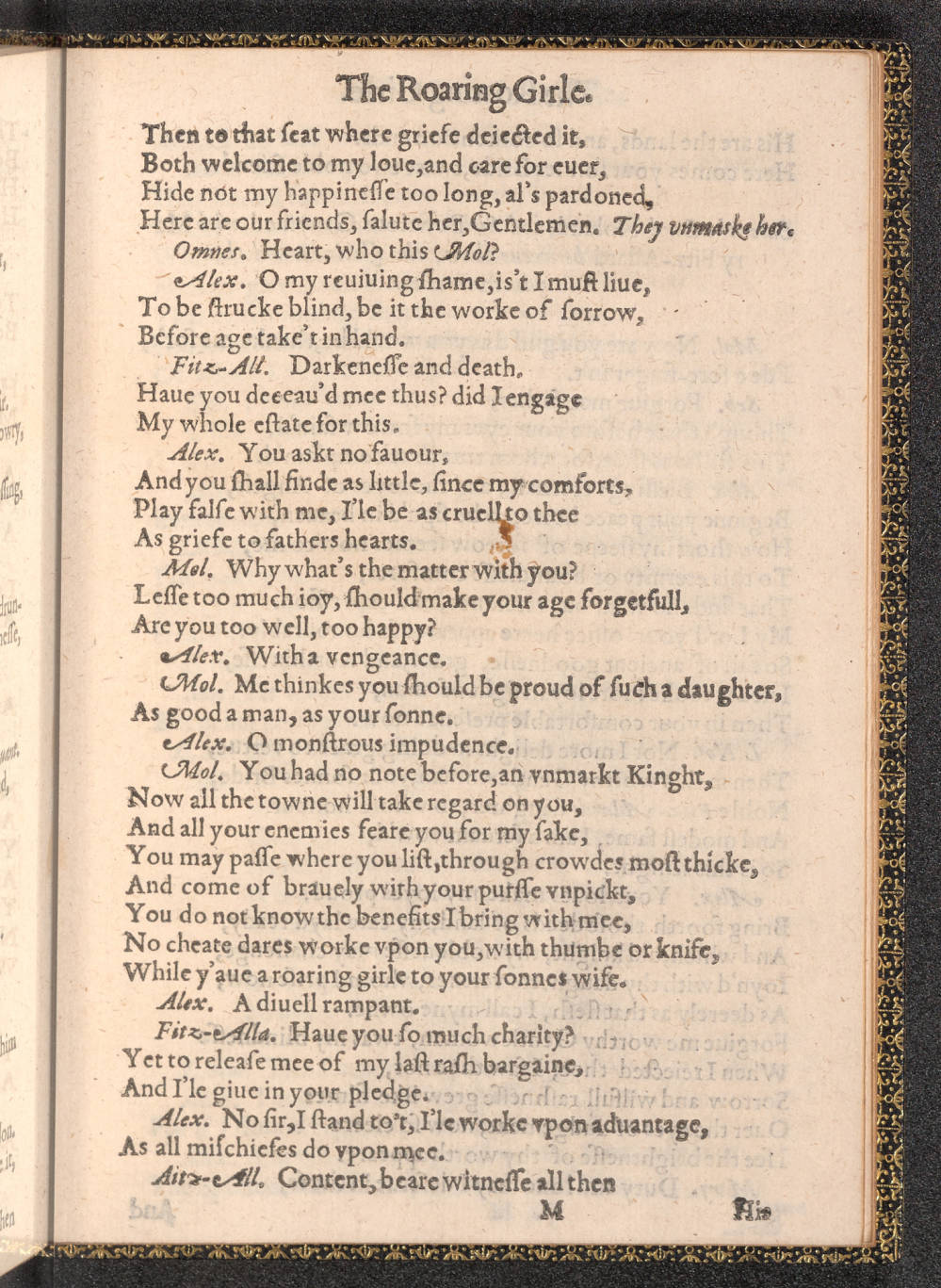
Non-Binary Literature Outloud: Who writes? Who speaks? How do you imagine the voice of a character narrating or speaking? How would you read a novel outloud? Listen to Audio recordings.
The Fortunes and Misfortunes of the Famous Moll Flanders
The Fortunes and Misfortunes of the Famous Moll Flanders by Daniel Defoe Part 1/2 | Full Audio Book
Roxana The Fortunate Mistress by Daniel Defoe - Audiobook ( Part 1/2 )
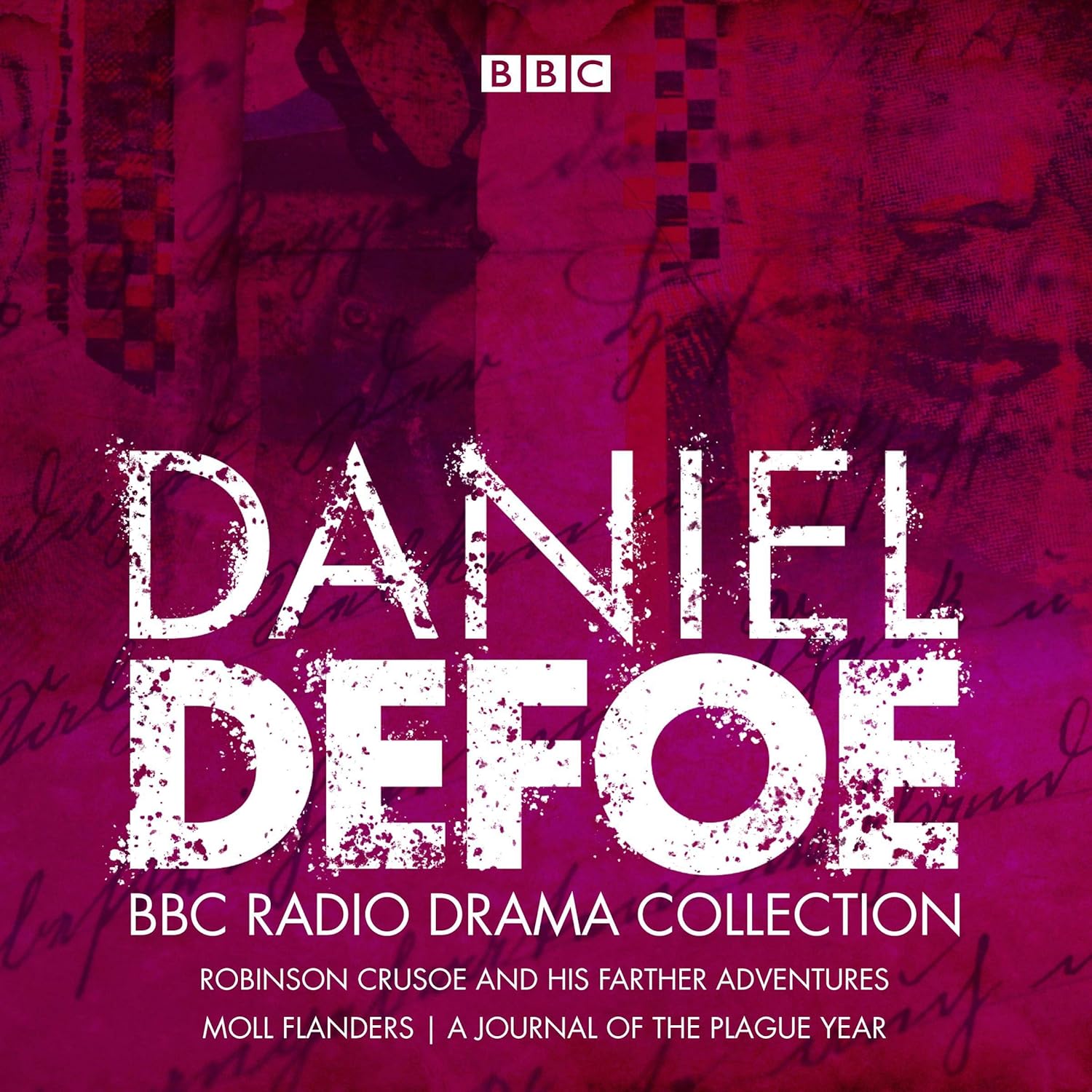
Note the use of the word "performed" below instead of "read" or "recorded.
Janet Suzman is a professional actress. I recommend her audiobook.
"All possible care, however, has been taken to give no lewd ideas, no immodest turns in the new dressing up of this story; no, not to the worst parts of her expressions. To this purpose some of the vicious part of her life, which could not be modestly told, is quite left out, and several other parts are very much shortened. What is left ’tis hoped will not offend the chastest reader or the modest hearer [Note on "modest hearer" by G.A. Starr: "novels were very frequently read aloud in families," p. 288, Oxford World Classics]; and as the best use is made even of the worst story, the moral ’tis hoped will keep the reader serious, even where the story might incline him to be otherwise. To give the history of a wicked life repented of, necessarily requires that the wicked part should be make as wicked as the real history of it will bear, to illustrate and give a beauty to the penitent part, which is certainly the best and brightest, if related with equal spirit and life."
The Fortunes and Misfortunes of the Famous Moll Flanders, &c.
See the warning given at the beginning of the PBS broadcast, 1996
Compare the illustrations of Roxana below.
.jpg)
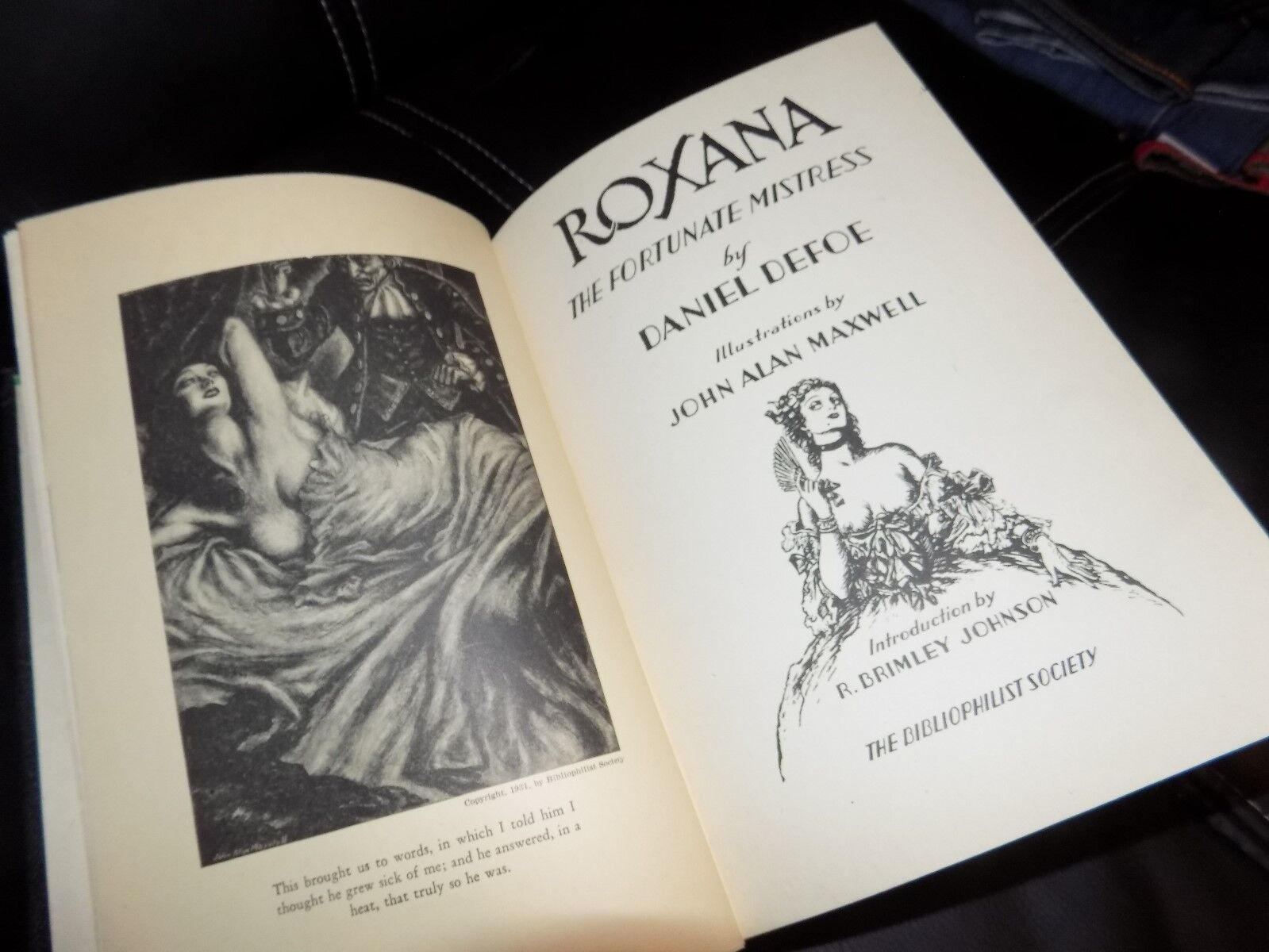
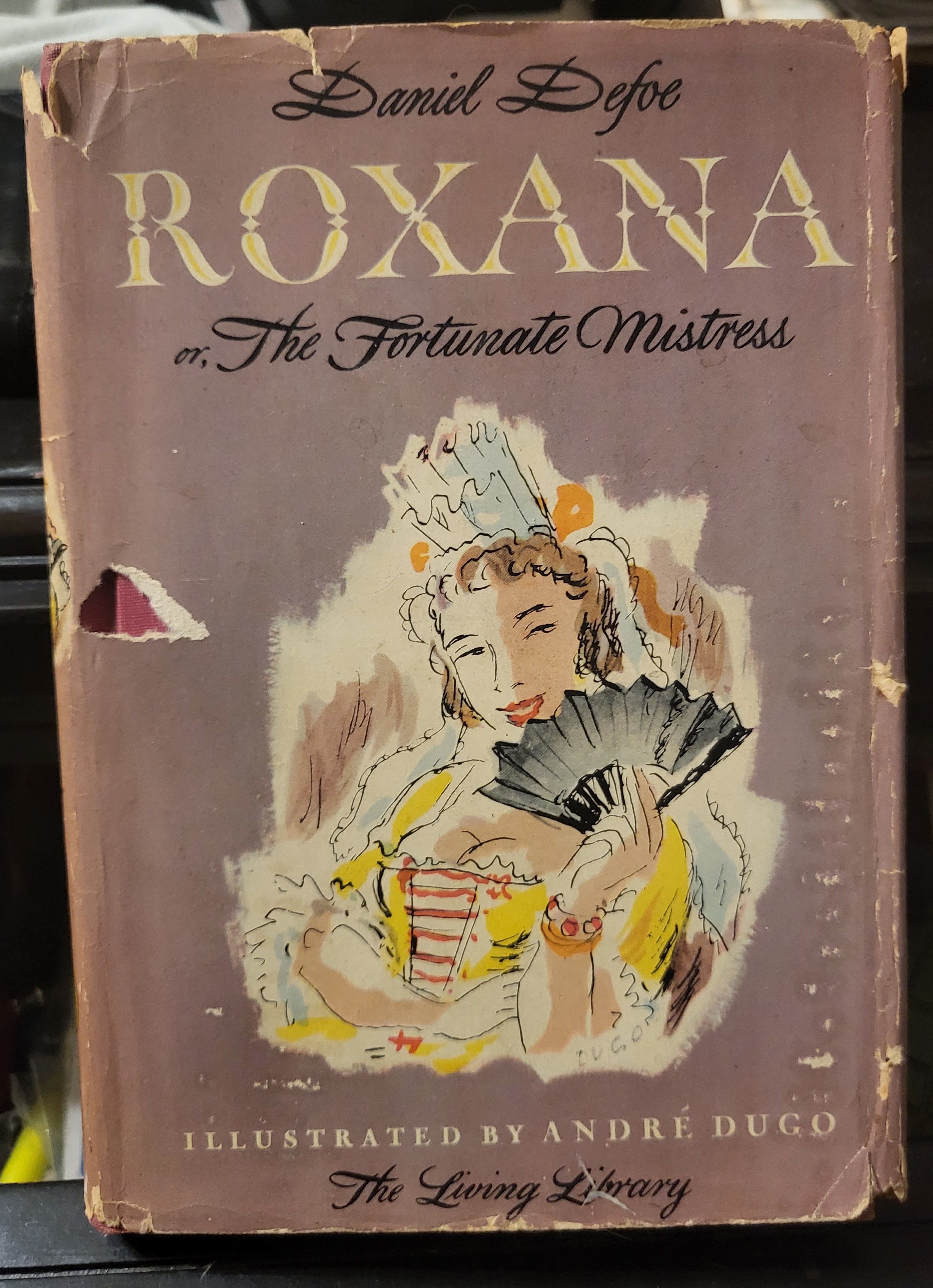
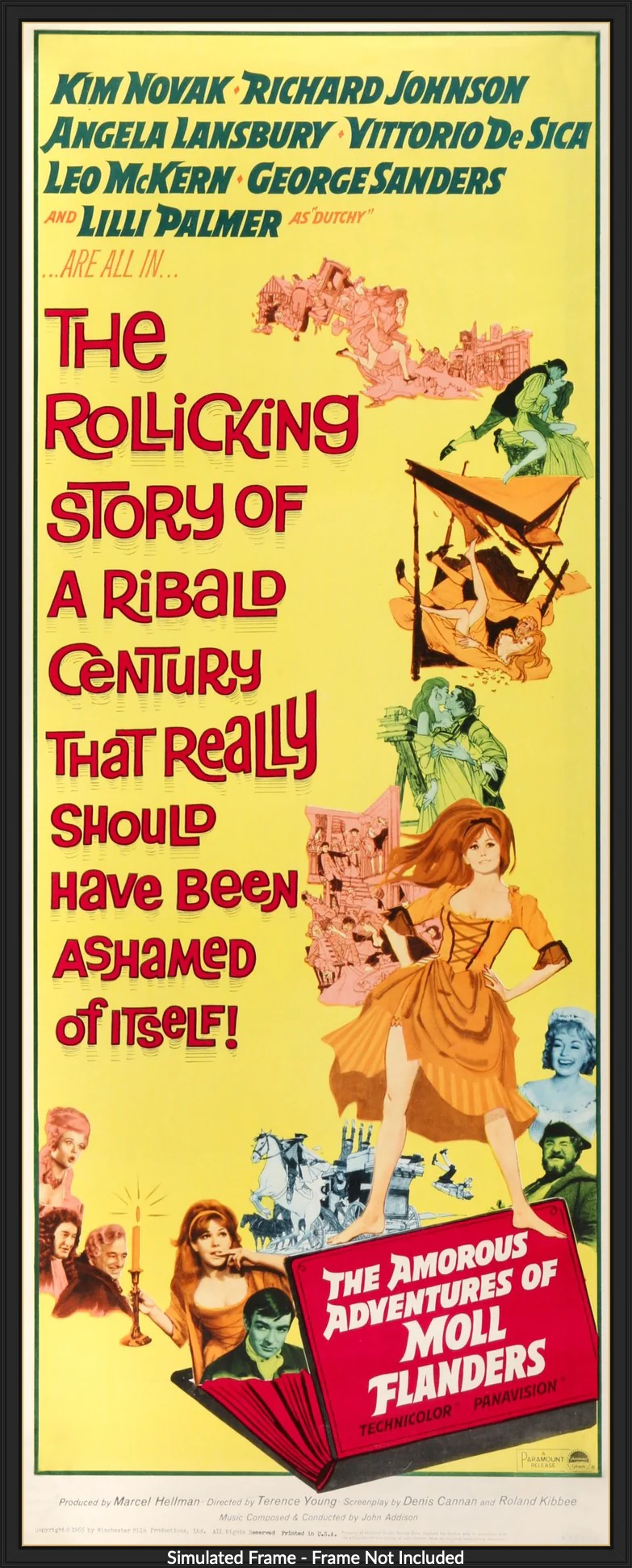
Moll Flanders Part One of Two - FULL COMPLETE and 2/2 (1996)
The Amorous Adventures of Moll Flanders (1965) 1/2 Trailer
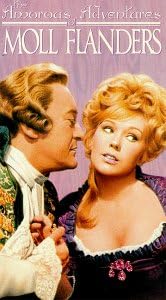
The Scandalous Lady W (2015) Seymour Fleming
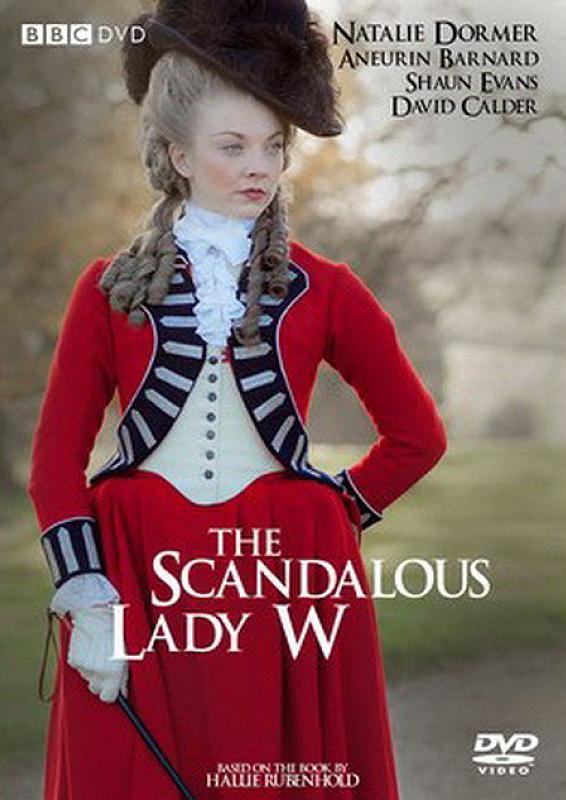
Lady Macbeth (2015) trailer
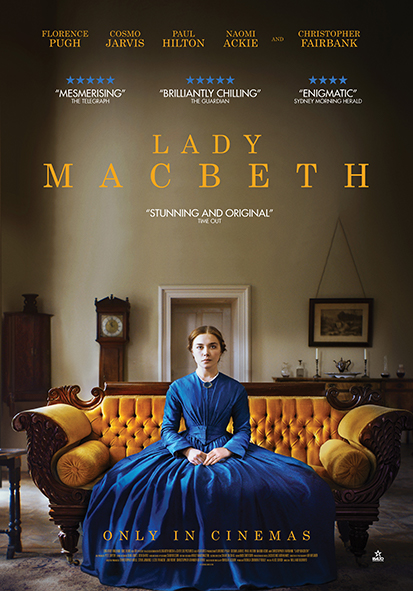
Required Viewing:
Lady J (dir. Emmanuel Mouret, 2018) on Netflix with English subtitles
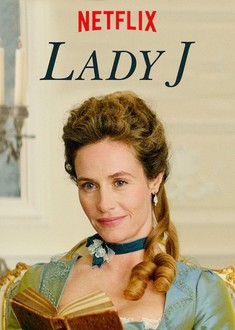
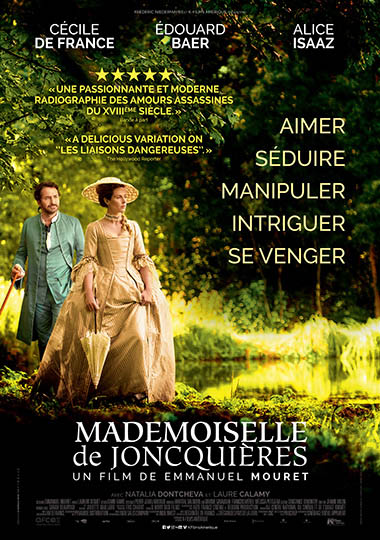
'Lady J' Review: The Aristocratic Art of Getting Even - The New York Times
(These resources are in French. But even if you don't speak French you may learn something from skimming them):
Mademoiselle de Joncquières zerodeconduit.net (dir. Emmanuel Mouret, 2018)Mademoiselle de Joncquieres Dossier
REQUIRED READING:
Denis Diderot, The episode about Madame de la Pommeraye in Jacques the Fatalist (Oxford World's Classics),(pp. 162-90, in the center of the electronic version, to the leftl; and pp. 104-36, in the print version.
Published as a stand alone excerpt as A Woman's Vengeance in 1793.
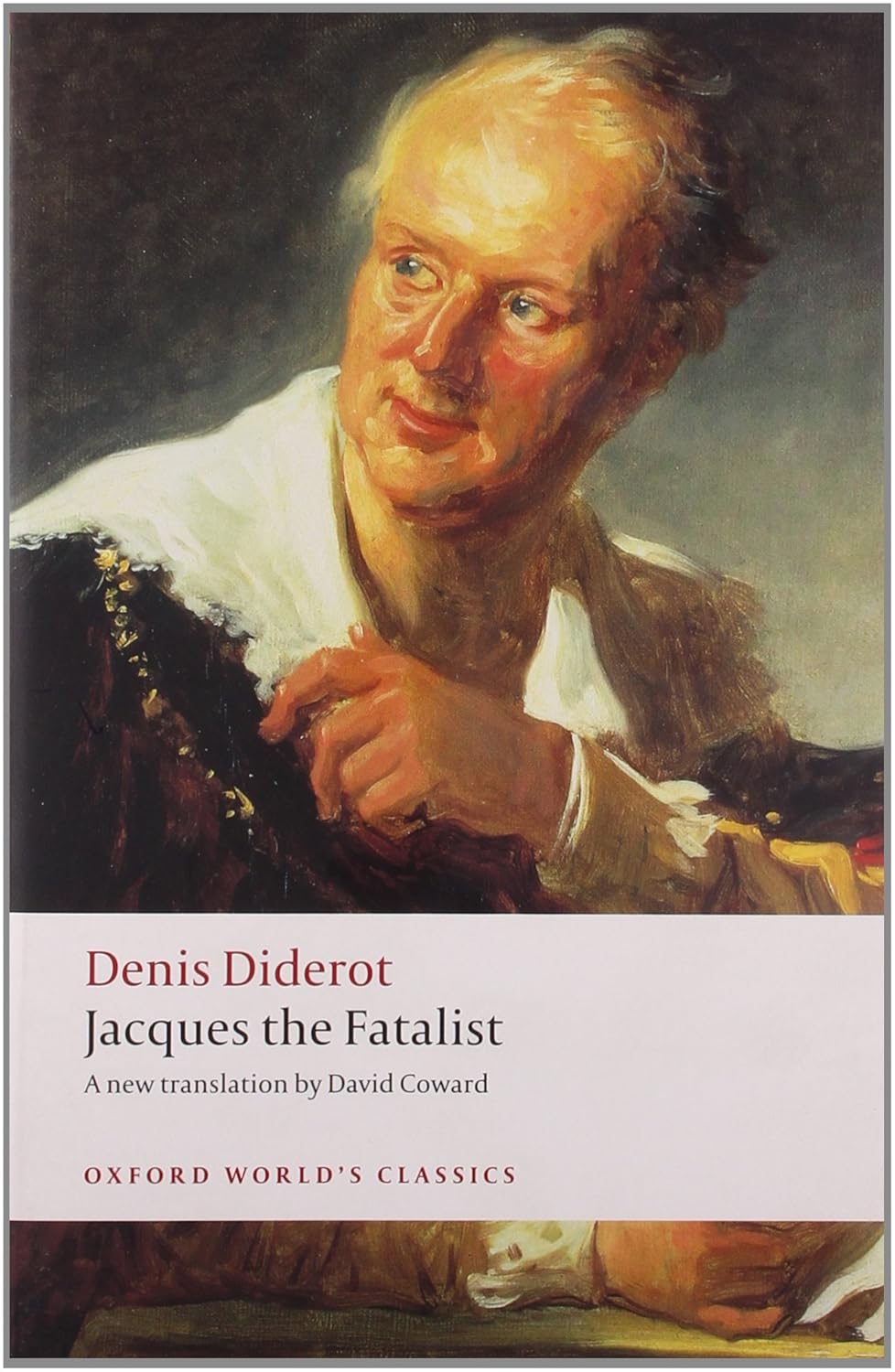
Recommended:
The French original is here:
Jacques le fataliste et son maître by Denis Diderot
Read any interview with Lore Segal and she’ll tell you about her shortcomings:
I seem to have a reluctance to make things happen.I’m not a grand creator of new characters.
I keep rewriting everything 48 times.
I don’t have the long breath required to think in terms of a novel.
I’m bad at thinking about society.
I don’t know how to be serious without being funny.
I am not a good weeper when people die.
There is no false modesty here, more a persistent self-reckoning. As she also liked to say, ‘there are things that I have accomplished and things I failed to do.’

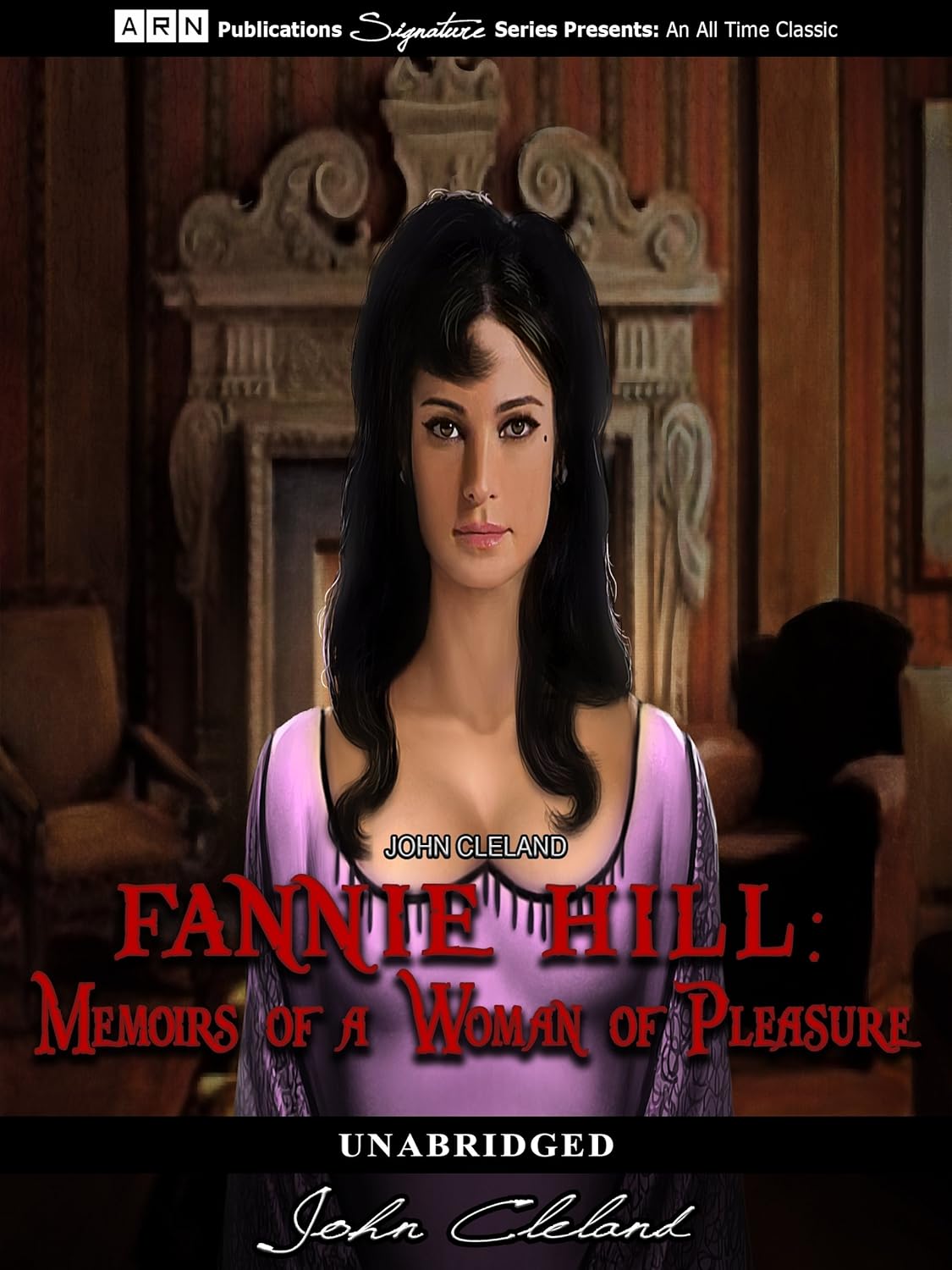
Exhibition: 25 September 2015 - 24 January 2016
Lost painting by Godefridus Schalcken found
Samuel van Hoogstraten. The Illusionist
"Samuel van Hoogstraten was one of Rembrandt’s best pupils. He learnt and worked with Rembrandt, in the attic in the pupils’ studio at Rembrandt House. He arrived there shortly after The Night Watch was completed and Rembrandt taught him about the interplay of illusion and visual deception, which he then mastered. You can see it reflected in his works of art. A nobleman reaches out to you through the painting. A man sticks his head out of a window. A letter board has the potential to become a painting. It is art that evokes amazement. Van Hoogstraten was the 3D artist of his day."Discover the diversity of our collections in the fascinating tours on various topics like love or magic. Explore the museum with your smartphone in your hand, or get to know famous works of art from a different perspective. Take a look behind the scenes, at x-ray images, backsides of works and unknown details.
Let yourself be surprised and entertained and get active! Slip into the role of a superhero or a queen, create a monster or send a bouquet of flowers to the one you love.
On the Largest Paper: The Exhibition XXL Paper at the Rijksmuseum
July, 2022
Interviewing Anna Tummers on AI and Connoisseurship by Charlotte Rulkens October, 2024
Schalcken The Painter - A review of this ghost story, the artist himself and author Sheridan Le Fanu
The Complete Interactive Vermeer Catalogue
Rembrandt, Self-Portrait with Two Circles
Rembrandt, Geertje Dircx and Hendrickje Stoffels
Blanche (Restored opening titles1971, dir. Walerian Borowczyk--full movie)
The Last Mistress, dir. Catherine Breillat, 2008)
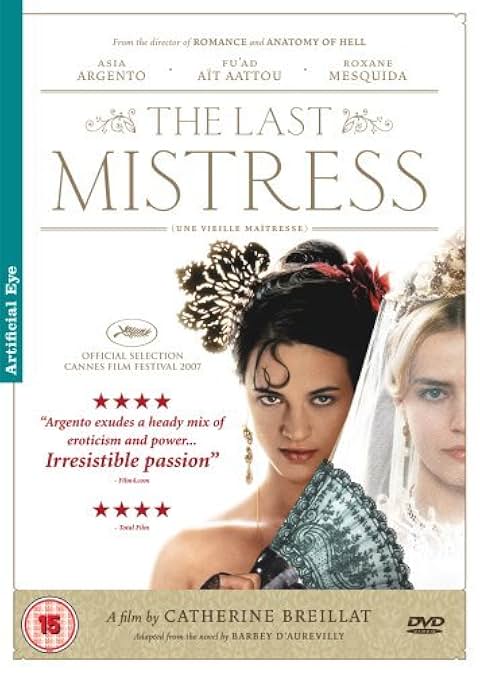
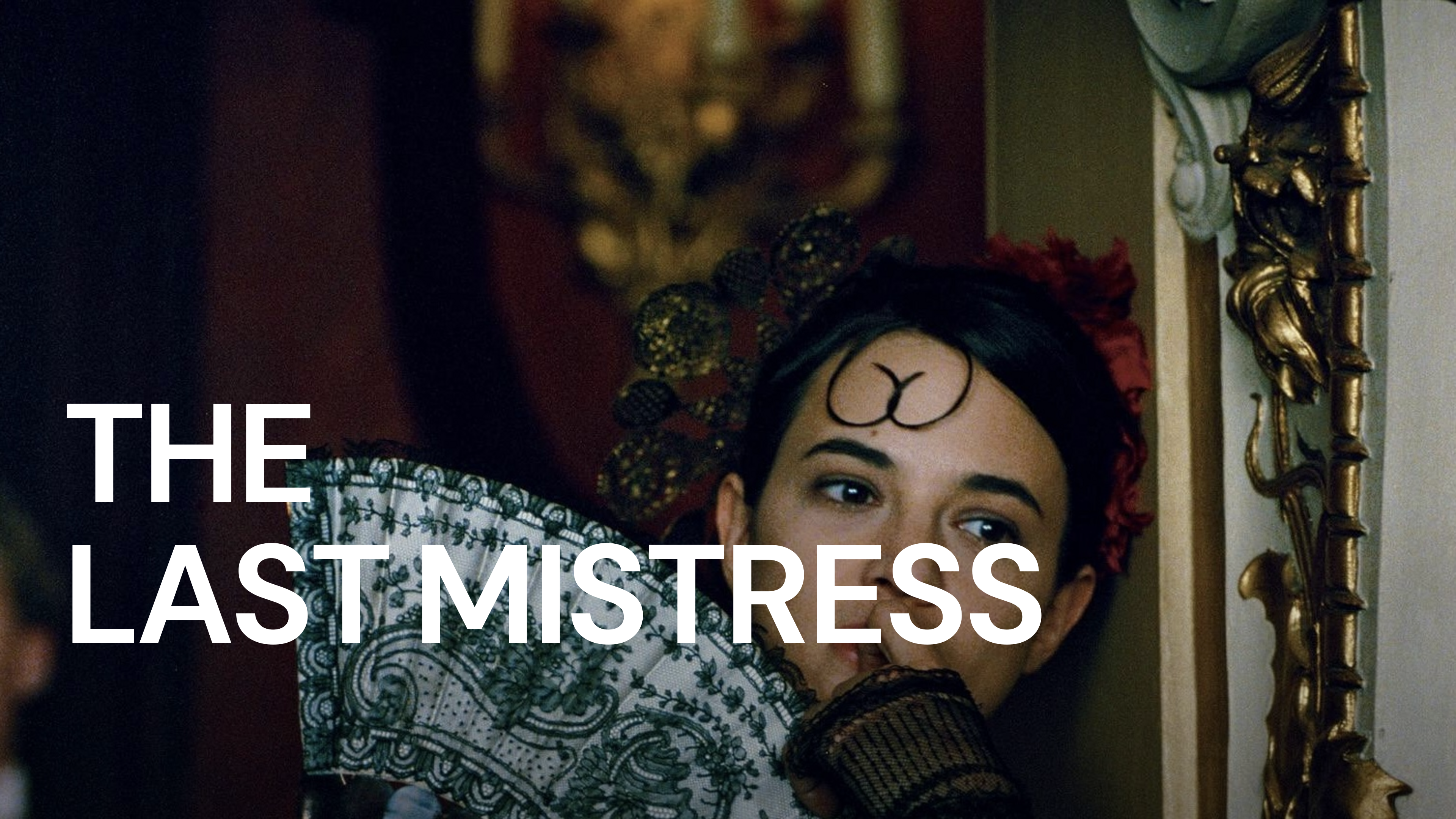
You always remember your last Roger Ebert July 17, 2008
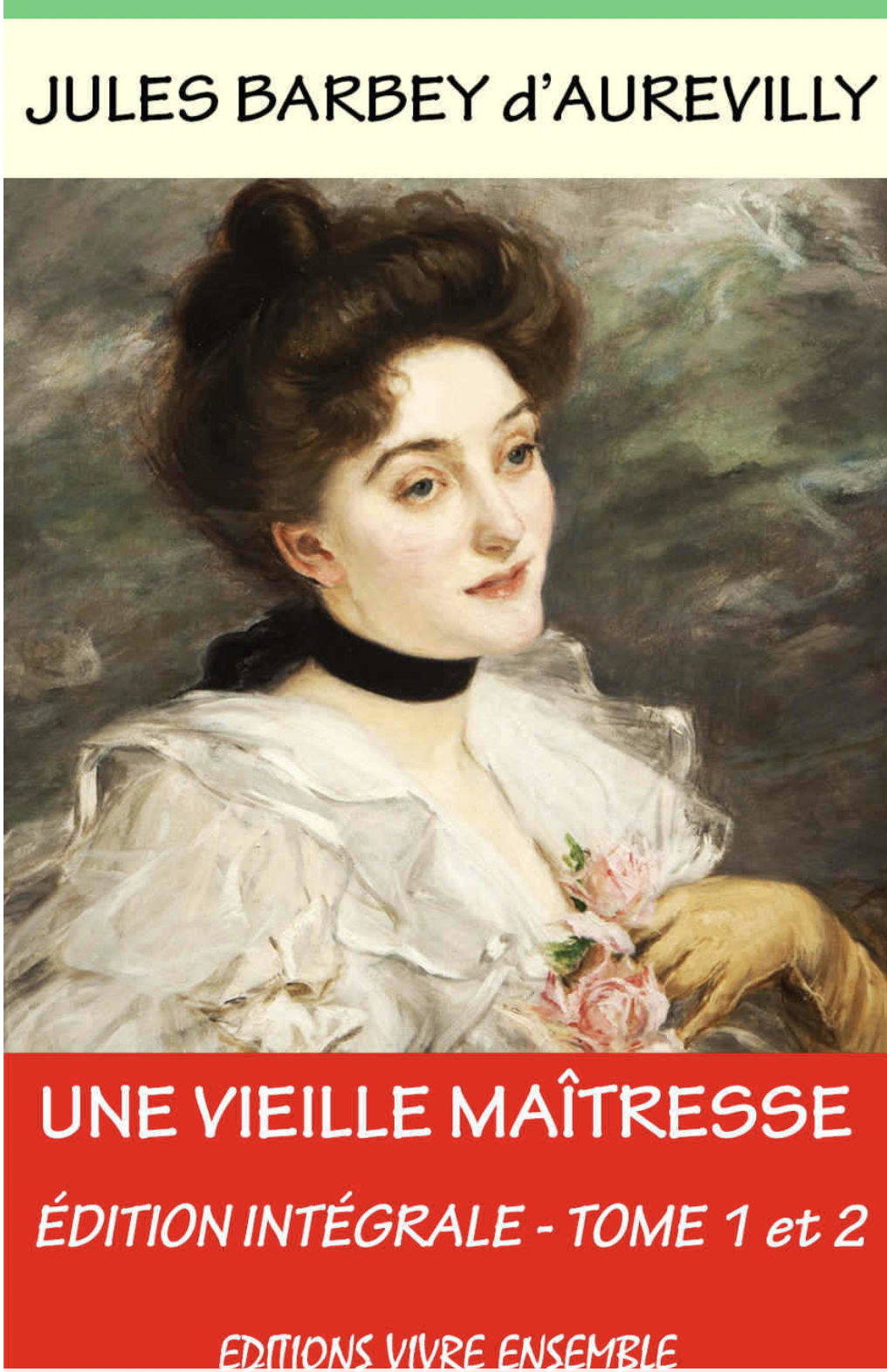
Melissa Mowry, THIEVES, BAWDS, AND COUNTERREVOLUTIONARY FANTASIES: The Life and Death of Mrs. Mary Frith
THE JOURNAL FOR EARLY MODERN CULTURAL STUDIESVol. 5, No. 1 (Spring/Summer 2005)
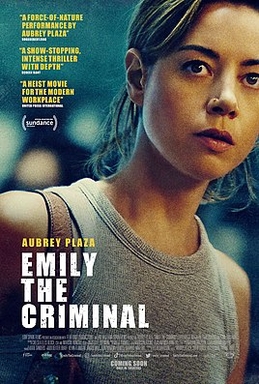
Emily the Criminal (dir. John Patton Ford, 2022)
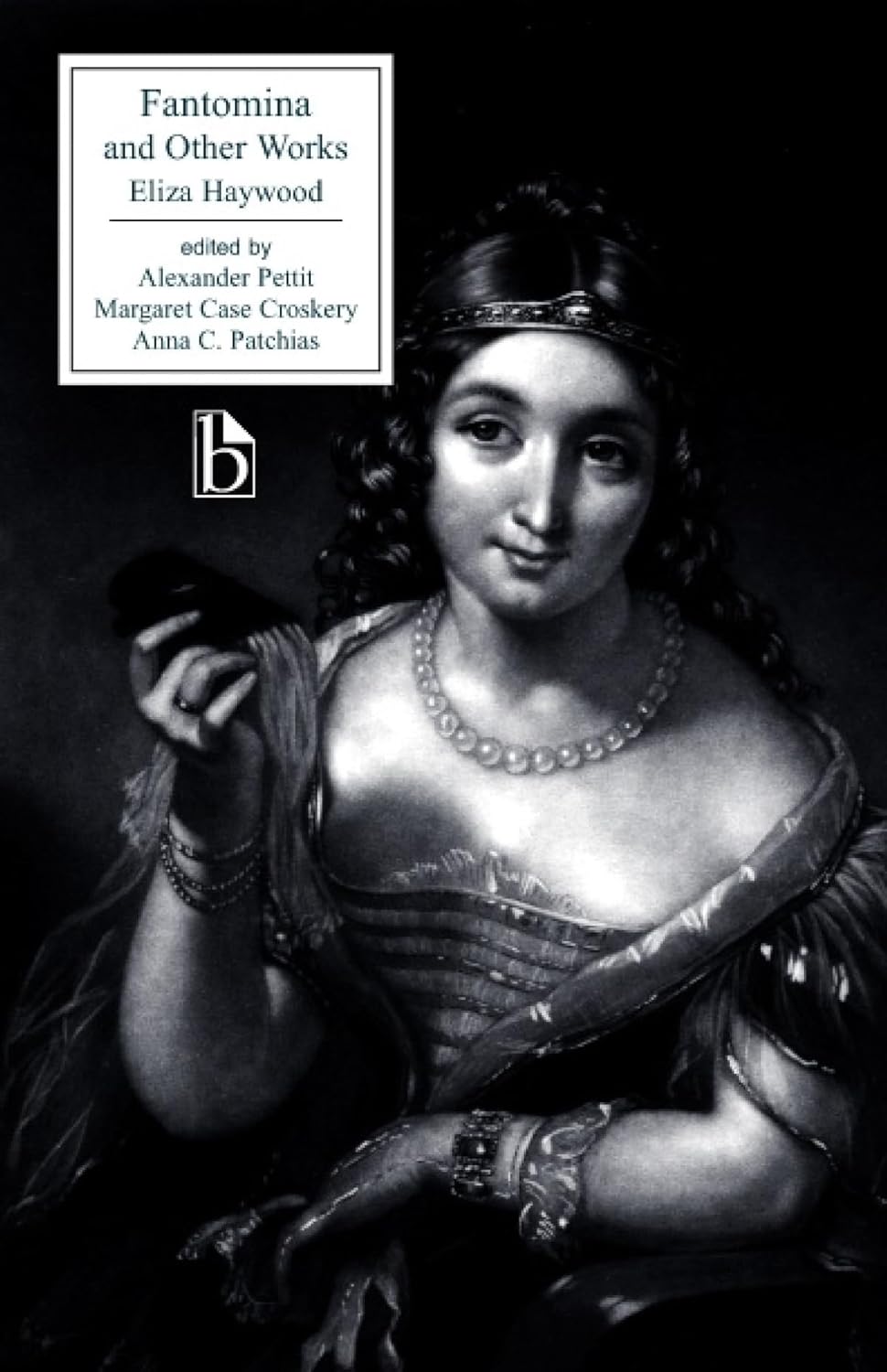
Eliza Haywood (Author), Alexander Pettit (Editor), Fantomina and Other Works
The British recluse: or, the secret history of Cleomira, suppos'd dead. A novel By Mrs. Eliza Haywood, 1722
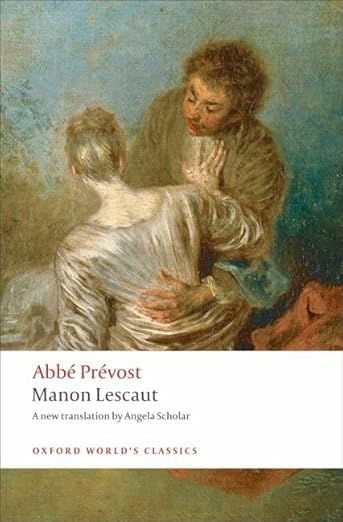

Chantal Thomas,Trans.Julie Rose The Wicked Queen: The Origins of the Myth of Marie-Antoinette
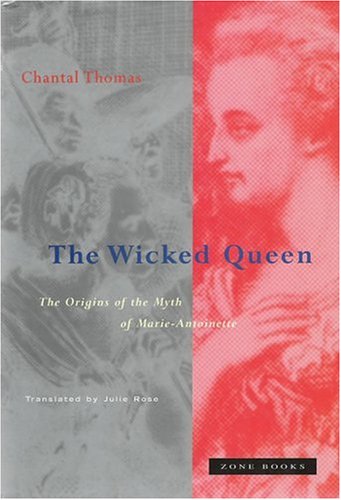
Henry Fielding, Jonathan Wild (Oxford World's Classics) Linda Bree and Hugh Amory (Editors)
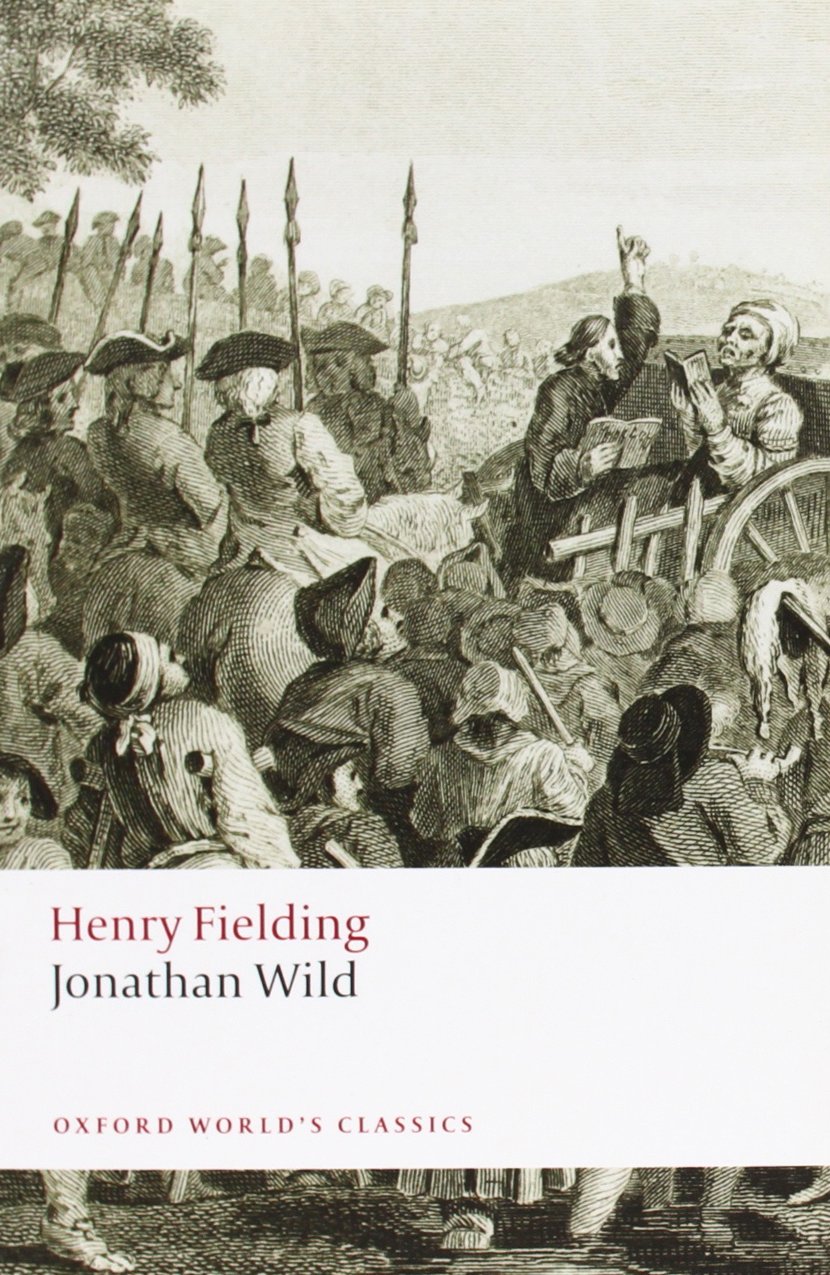
Ralph Hanna and Traugott Lawler, Ed. Jankyn's Book of Wikked Wyves: Seven Commentaries on Walter Map's Dissuasio Valerii
Ralph Hanna and Traugott Lawler, Ed. Compiled by Karl Young and Robert A. Pratt Jankyn's Book of Wikked Wyves The Primary Texts
By God, if wommen hadde writen stories,
By God, if women had written stories,
694 As clerkes han withinne hire oratories,
As clerks have within their studies,
695 They wolde han writen of men moore wikkednesse
They would have written of men more wickedness
696 Than al the mark of Adam may redresse.
Than all the male sex could set right.

L'histoire-de-mme-de-la-pommeraye-extrait-de-jacques-le-fataliste-diderot
https://gallica.bnf.fr/ark:/12148/bpt6k55448751/f160.image
L’Histoire de Mme de La Pommeraye – l’épisode le plus célèbre de Jacques le Fataliste et son maître (1796) – est un magnifique conte cruel. C’est le récit de la vengeance d’une femme trahie, qui fait cruellement payer à son amant libertin son désamour, en lui jetant comme appât une jeune prostituée dont il tombe malgré lui éperdument amoureux. Mais dans ce terrible jeu de manipulation, personne n’est vraiment celui qu’il semble être… Défense et illustration de la liberté des femmes à se faire justice elles-mêmes, plaidoyer en faveur de leur émancipation, ce texte est aussi le superbe portrait d’une femme indépendante.
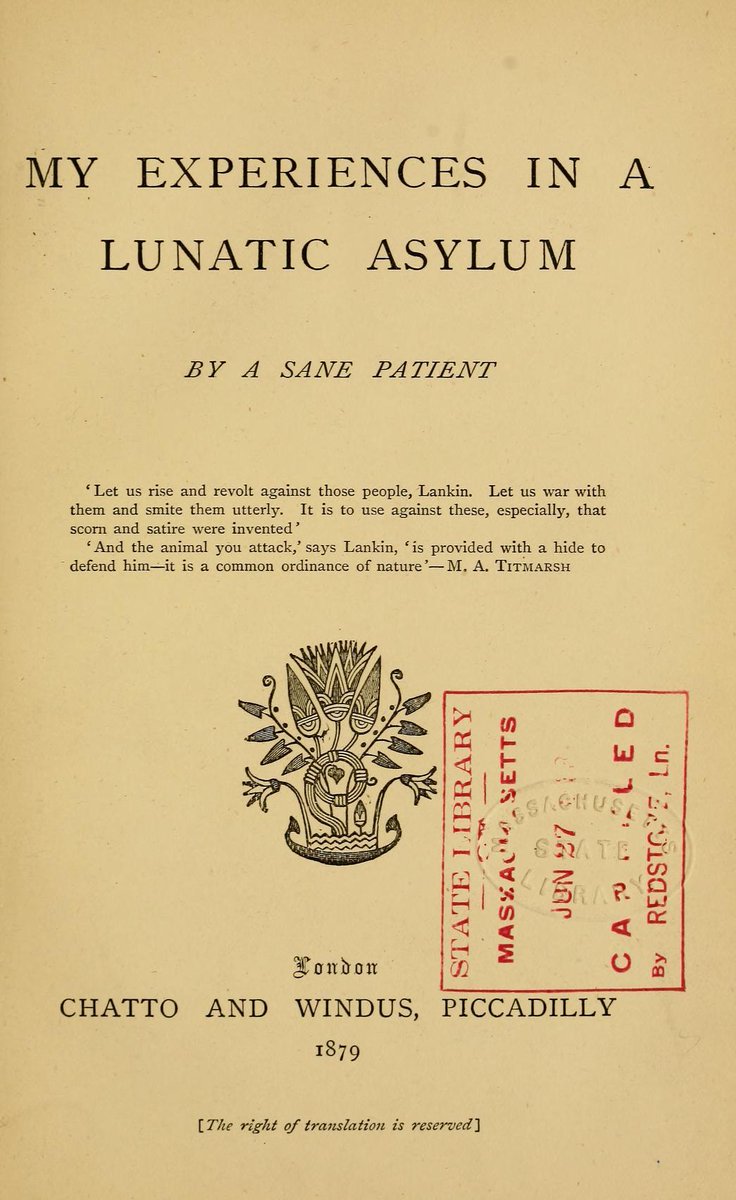
Stephen Mautner, "The Story of the Compromised Author: Parabasis in Friedrich Schlegel and Denis Diderot," Comparative Literature Studies Vol. 16, No. 1, (1979), pp. 21-32.
Michael Vande Berg, "Pictures of Pronunciation": Typographical Travels through Tristram Shandy and Jacques le Fataliste," Eighteenth-Century Studies, Vol. 21, No. 1 (Autumn, 1987), 21-47.
Mary Norris, "Comma Queen" New Yorker March 2015
Kate Tunstall, "Anonymity," or "*" as the anonymous author named Diderot, signing off with an asterisk as footnote
129 Why sholde men elles in hir bookes sette
Why else should men set in their books
130 That man shal yelde to his wyf hire dette?
1207 "Now, sire, of elde ye repreve me;
"Now, sir, of old age you reprove me;
1208 And certes, sire, thogh noon auctoritee
And certainly, sir, though no authority
1209 Were in no book, ye gentils of honour
Were in any book, you gentlefolk of honor
1210 Seyn that men sholde an oold wight doon favour
Say that men should be courteous to an old person
1211 And clepe hym fader, for youre gentillesse;
And call him father, because of your nobility;
1212 And auctours shal I fynden, as I gesse.
And authors shall I find, as I guess.
685 To reden on this book of wikked wyves.
To read in this book of wicked wives.
686 He knew of hem mo legendes and lyves
He knew of them more legends and lives
687 Than been of goode wyves in the Bible.
Than are of good women in the Bible.
688 For trusteth wel, it is an impossible
For trust well, it is an impossibility
689 That any clerk wol speke good of wyves,
That any clerk will speak good of women,
690 But if it be of hooly seintes lyves,
Unless it be of holy saints' lives,
691 Ne of noon oother womman never the mo.
Nor of any other woman in any way.
812 We fille acorded by us selven two.
We made an agreement between our two selves.
813 He yaf me al the bridel in myn hond,
He gave me all the control in my hand,
814 To han the governance of hous and lond,
To have the governance of house and land,
815 And of his tonge, and of his hond also;
And of his tongue, and of his hand also;
816 And made hym brenne his book anon right tho.
And made him burn his book immediately right then.
693 By God, if wommen hadde writen stories,
By God, if women had written stories,
694 As clerkes han withinne hire oratories,
As clerks have within their studies,
695 They wolde han writen of men moore wikkednesse
They would have written of men more wickedness
696 Than al the mark of Adam may redresse.
Than all the male sex could set right.
Guillaume de Lorris and Jean de Meun; Frances Horgan (Trans.), "Chapter Seven The Advice of the Old Woman" in The Romance of the Rose (Oxford World's Classics, 2009), pp. 191-224. (Compare the old woman to Chaucer's Wife of Bath)
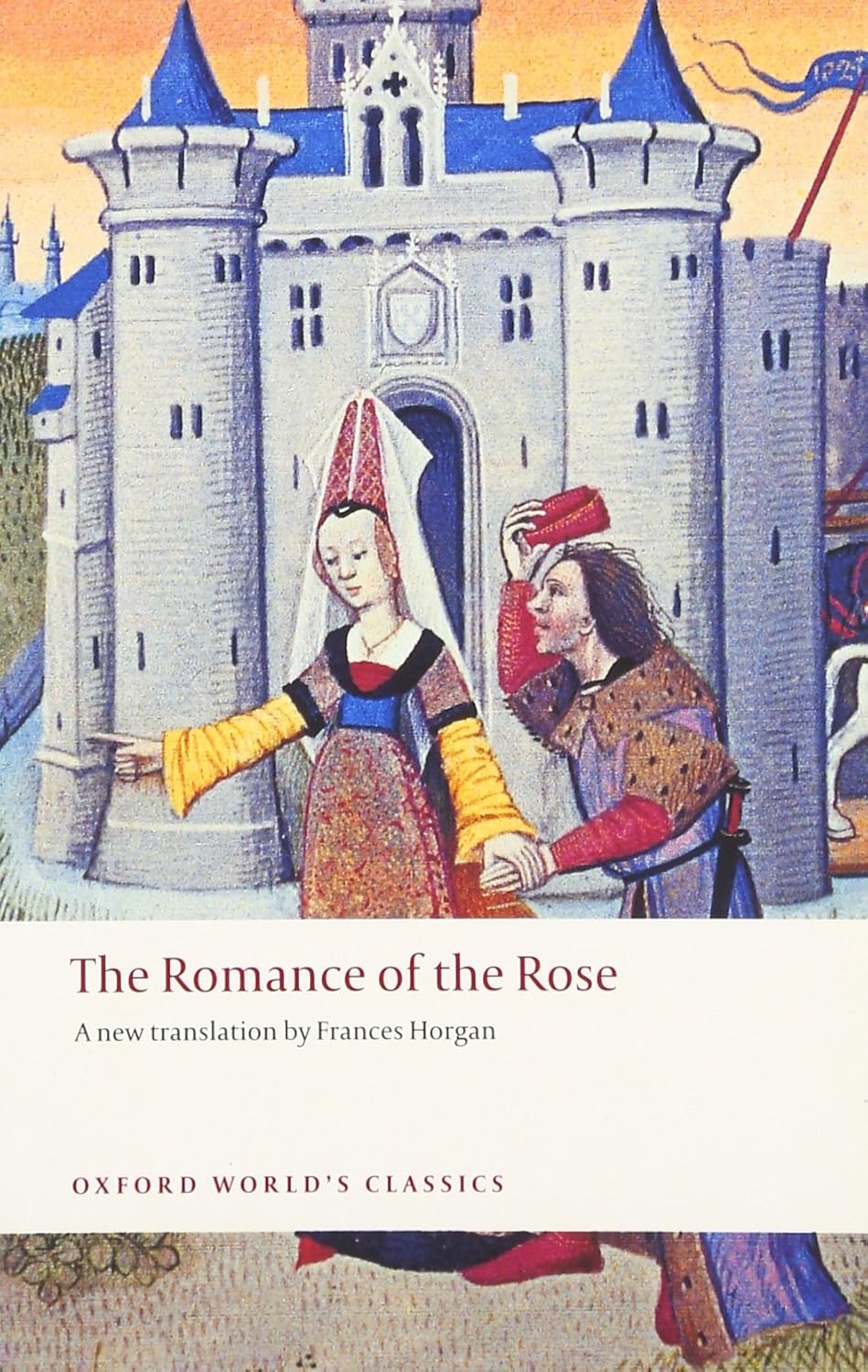
Fanny Hill (dir. Russ Meyers, 1964)
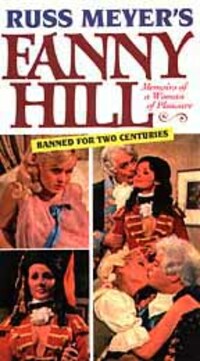
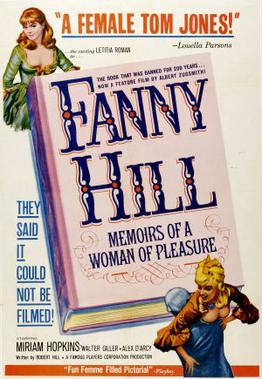
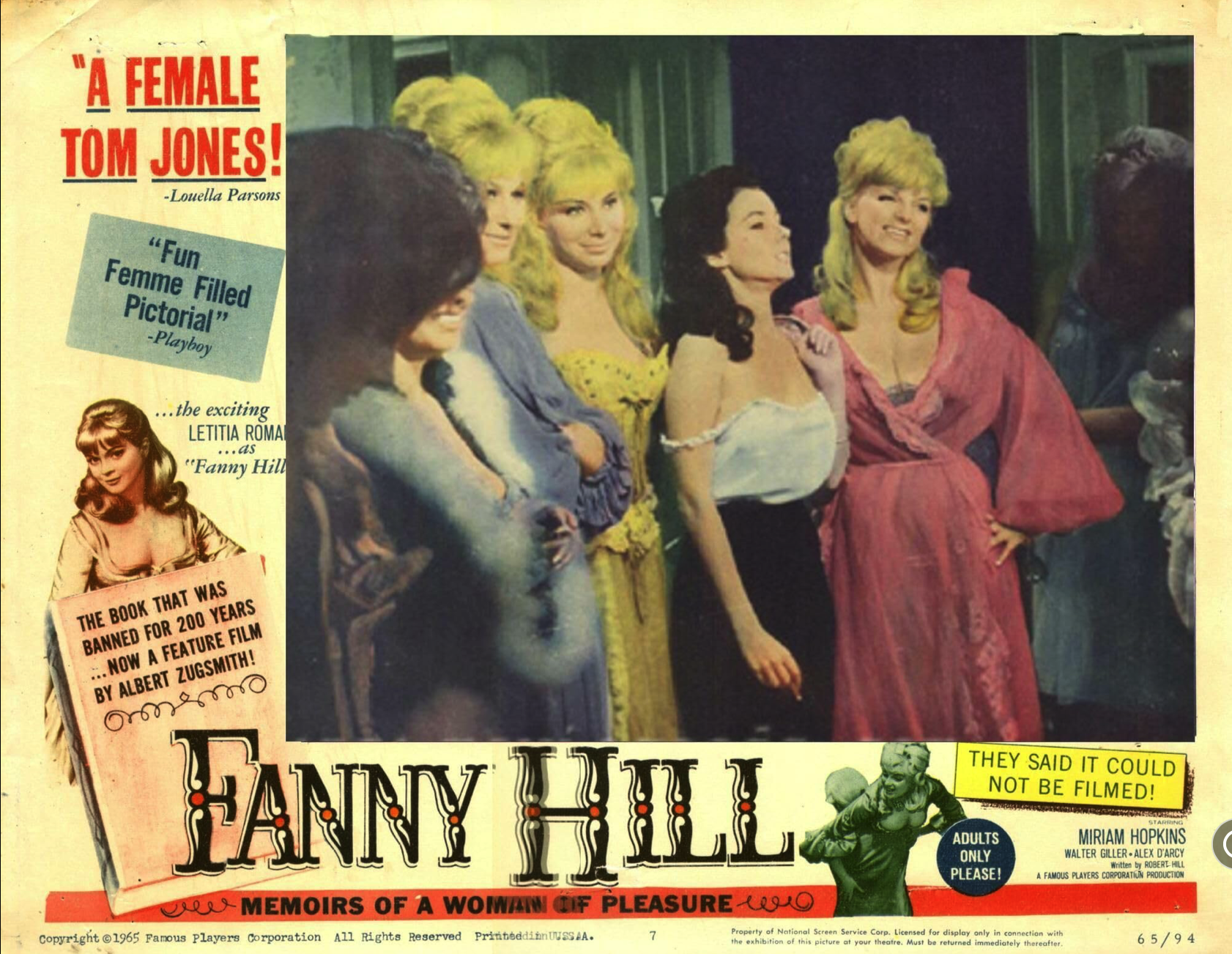
Fanny Hill (dir. Gerry O'Hara,1983)
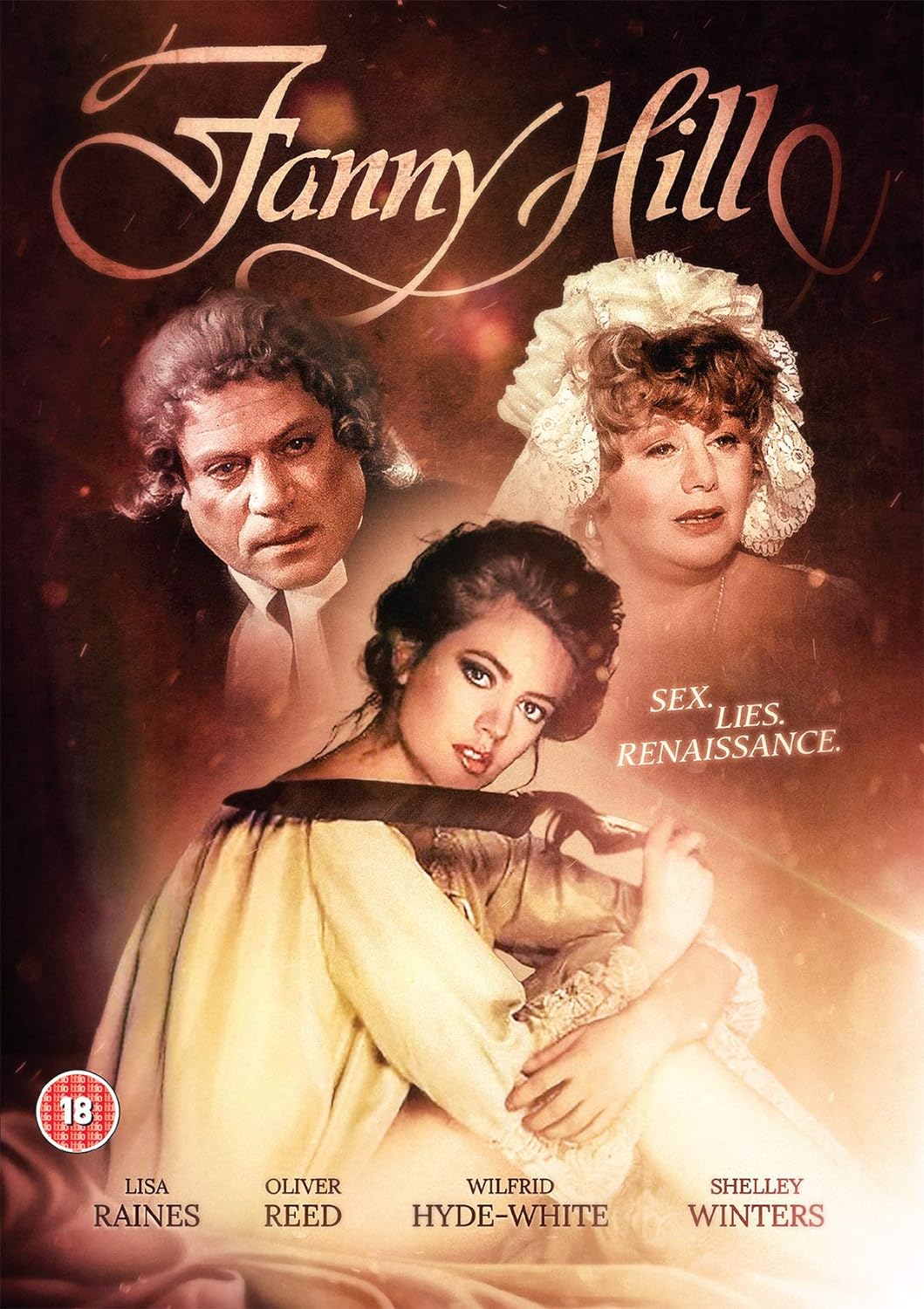
Paprika (dir.Tinto Brass, 1991)
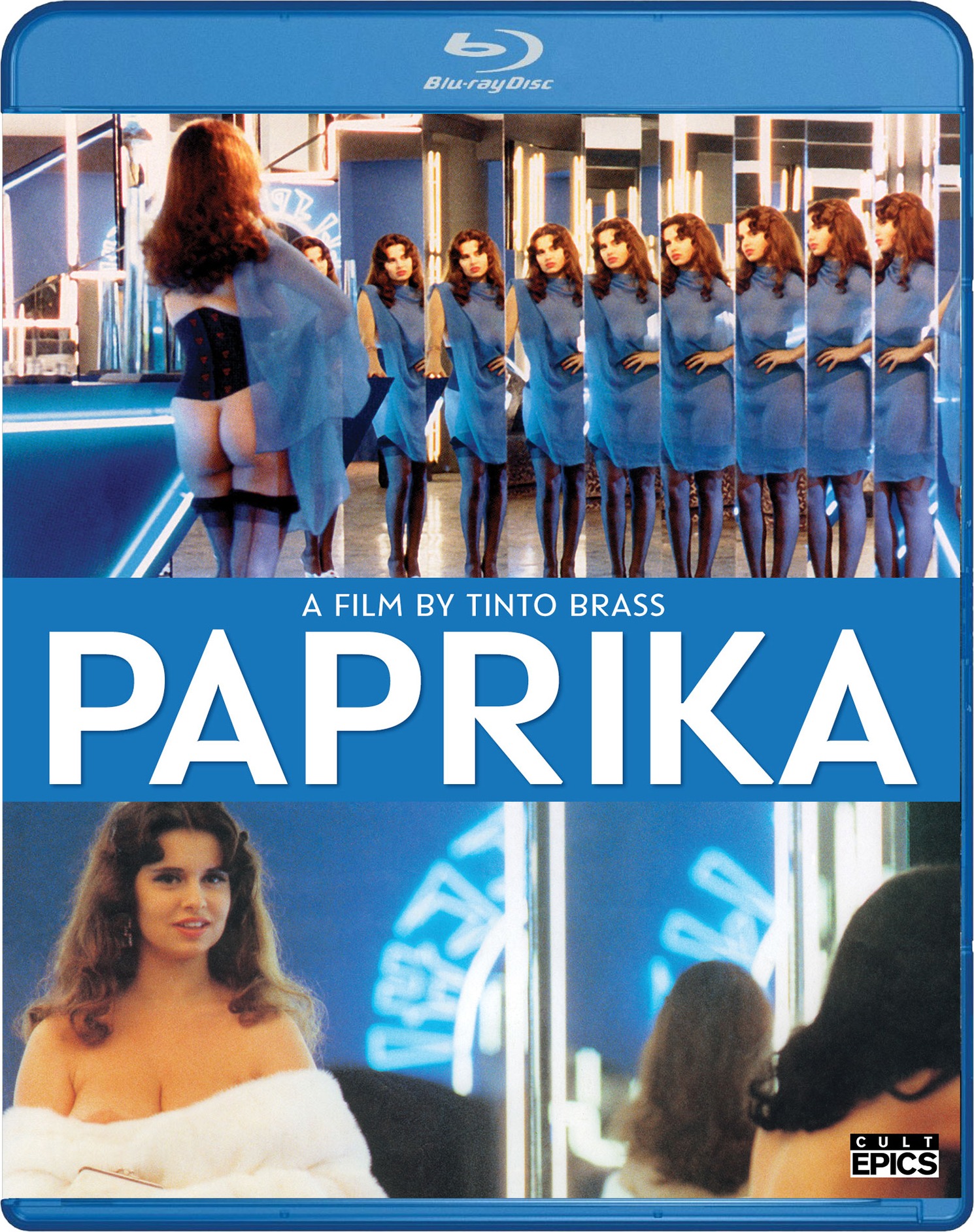
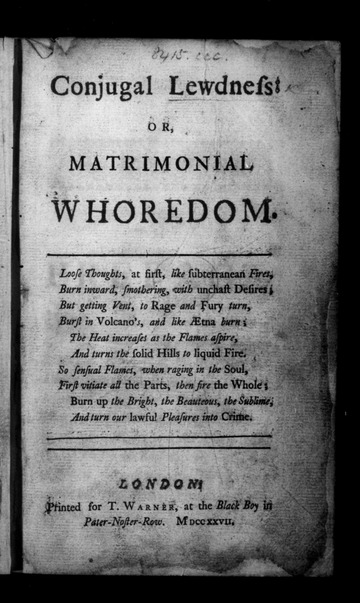
Daniel Defoe, Conjugal Lewdness: Or, Matrimonial Whoredom (1727)
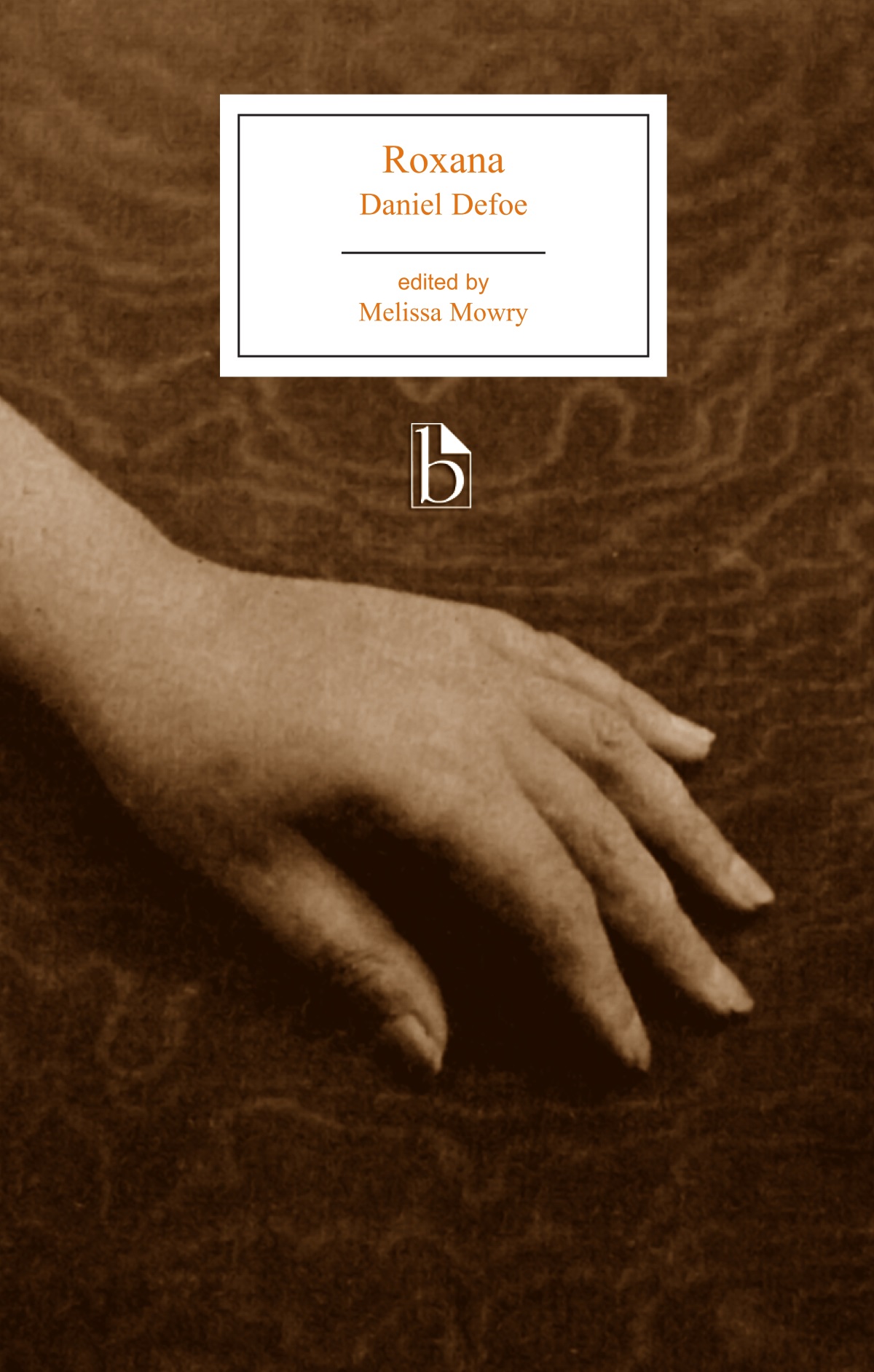
There is a great deal, in the writing of poetry, which must be conscious and deliberate. In fact, the bad poet is usually unconscious where he ought to be conscious, and conscious where he ought to be unconscious. Both errors tend to make him ‘personal’. Poetry is not a turning loose of emotion, but an escape from emotion; it is not the expression of personality, but an escape from personality. But, of course, only those who have personality and emotions know what it means to want to escape from these things.
Roxana or, The Fortunate Mistress
https://broadviewpress.com/product/roxana/#tab-table-of-contents
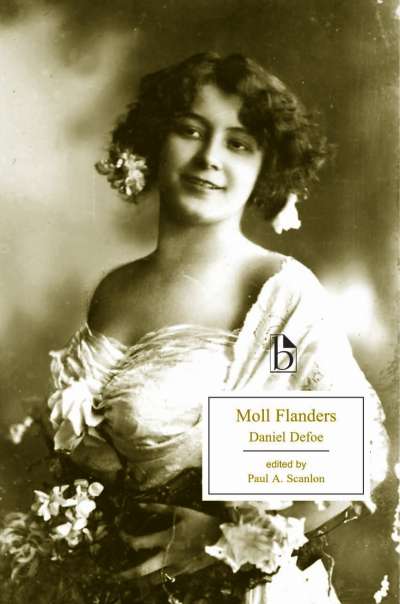
Acknowledgements
Introduction
Daniel Defoe: A Brief Chronology
Defoe’s Times: A Brief Chronology
A Note on the Text
Moll Flanders
Appendix A: Related Writings by Defoe
Appendix B: Related Works by Other Writers
Appendix C: Defoe and Moll Flanders: Eighteenth-Century Views
Early American Literature, Vol. 54, No. 1 (2019), pp. 163-188
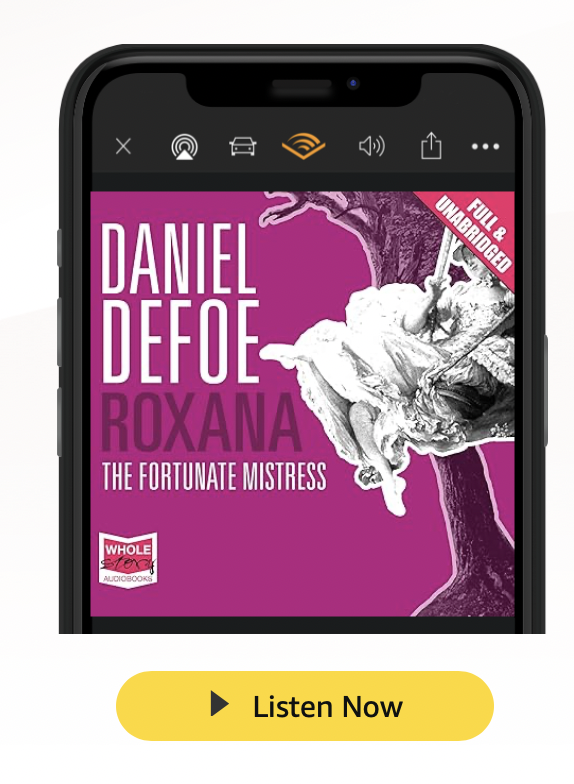
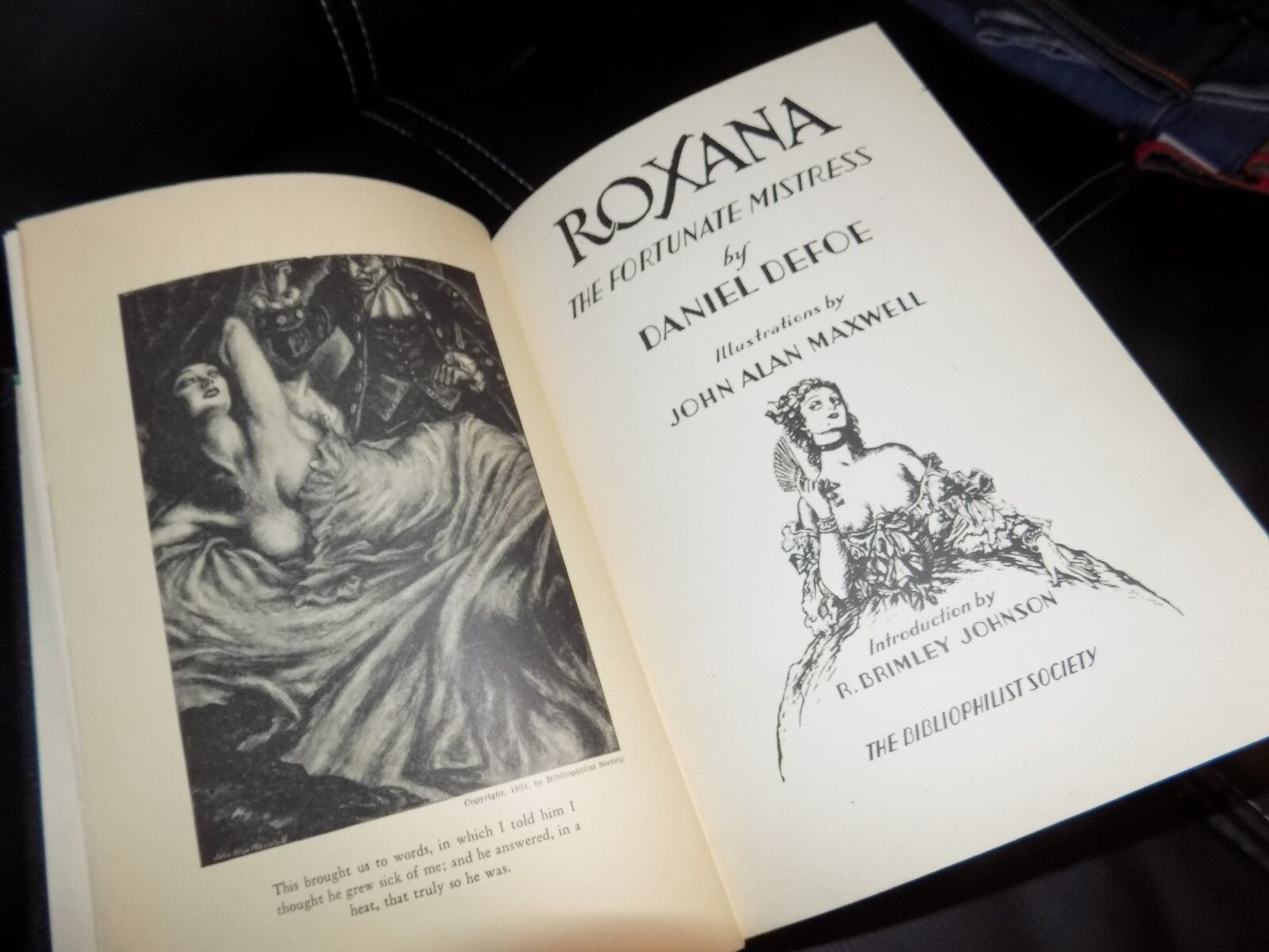
THE EPISTLE TO THE READER; OR, THE TRUE CHARACTER OF THIS BOOK.
To all those that are truly virtuous, and can touch pitch and yet never defile themselves; read the mischievous lives and pernicious practices of villains, and yet be never the worse at the end of the book, but rather confirmed the more in their honest estates and the uprightness of their virtues;—to such I dedicate myself, the wholesome intent of my labours, the modesty of my phrases, that even blush when they discover vices and unmask the world's shadowed villainies: and I account him as a traitor to virtue, who, diving into the deep of this cunning age, and finding there such monsters of nature, such speckled lumps of poison as panders, harlots, and ruffians do figure, if he rise up silent again, and neither discover or publish them to the civil rank of sober and continent livers, who thereby may shun those two devouring gulfs, to wit, of deceit and luxury,<1> which swallow up more mortals than Scylla and Charybdis, those two cormorants and Woolners<2> of the sea, one tearing, the other devouring. Wherefore I freely persuade myself, no virtuous spirit or judicial worthy but will approve my politic moral, where, under the shadow of the devil's legacies, or his bequeathing to villains, I strip their villainies naked, and bare the infectious bulks<3> of craft, cozenage, and panderism, the three bloodhounds of a commonwealth. And thus far I presume that none will or can except at this—which I call the Black Book, because it doubly damns the devil—but some tainted harlot, noseless bawd, obscene ruffian, and such of the same black nature and filthy condition, that poison the towardly spring of gentility, and corrupt with the mud of mischiefs the pure and clear streams of a kingdom. And to spur-gall<4> such, who reads me shall know I dare; for I fear neither the ratsbane of a harlot nor the poniard of a villain.
T. M.
Thomas Middleton, The Black Book
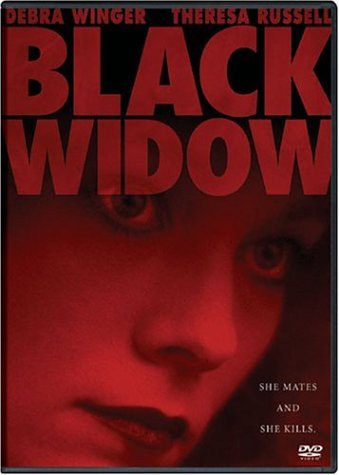
Black Widow (dir. Bob Rafelson, 1987)
https://www.imdb.com/title/tt0090738/
Fintan O’Toole, "Vile Bodies"
NYRB June 27, 2019 issue/
Roxana or, The Fortunate Mistress
Acknowledgements
Introduction
Daniel Defoe: A Brief Chronology
Defoe’s Times: A Brief Chronology
A Note on the Text
Roxana
Appendix A: Roxana’s Shifting Identity and the Tradition of Whore Biography
Appendix B:Women’s Work
Appendix C: Court Culture
Appendix D: City Culture
Appendix E: The Great Debate on the Poor
Appendix F:Women and Marriage
Appendix G: Alternate Endings of Roxana
Appendix H: Defoe, Roxana, and Posterity
Select Bibliography
List of illustrations
Acknowledgements
Introduction
John Cleland: A Brief Chronology
A Note on the Text
Memoirs of a Woman of Pleasure
Appendix A: Censorship and Its Repeal
Appendix B: Writing Sex
Appendix C: Sexual Bodies
Appendix D: Prostitution
Appendix E: Cleland’s Writings on the Novel
Select Bibliography
Recommended
Vanity Fair (2018 TV series) Episodes 1-3
.jpg)
NOT RECOMMENDED:
Vanity Fair (dir. Mira Nair, 2004 film)

Beyond wicked into the monstrous / horrorific
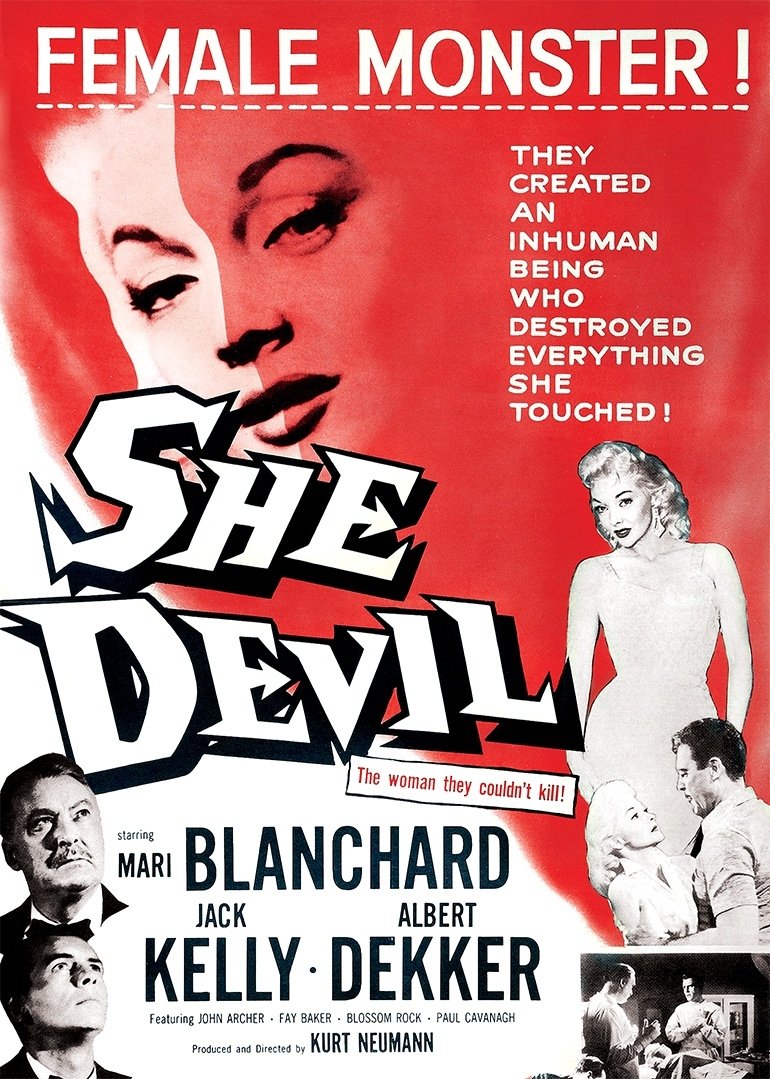
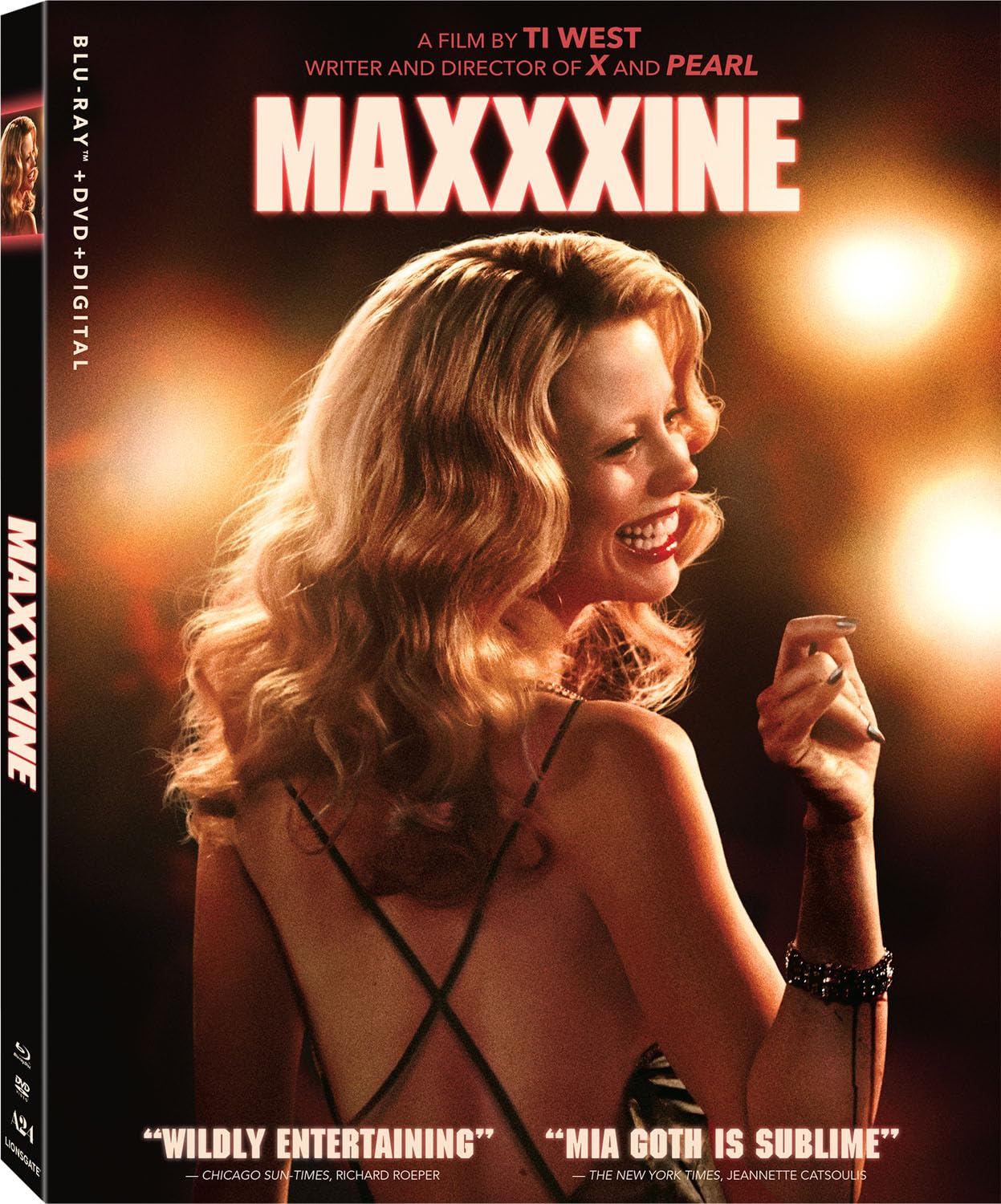
"The Rise and Fall — and Rise? — of Close Reading On John Guillory’s new history of a contested technique."
"When I was an undergraduate at Amherst College, it was a rite of passage for all English majors to discover that they had entirely misunderstood Robert Frost’s most famous poem “The Road Not Taken” (“I took the one less traveled by / And that has made all the difference”). Look carefully at how Frost describes the two roads, our professor instructed us. One of them “was grassy and wanted wear.” But the “passing there,” it turns out, “had worn them really about the same.” Did the two paths, then, appear all that different in the moment when the speaker chose between them? Is he confident now that he made the right decision, or is he only imagining that he will one day — “ages and ages hence” — tell himself he did in order to rationalize what he can no longer undo? Does the title, “The Road Not Taken,” refer to the supposedly less travelled road that the speaker took, or in fact to the road he did not take? Is the poem a triumphant statement of nonconformity, as we originally thought, or an unanswerable question about what might have been, a reminder that none of us knows what possibilities our various choices have foreclosed?
To start with confidence and end with profound uncertainty: surely the sign of a successful college class! Our minds were duly blown. But what exactly had we learned? There was no obvious takeaway. Quite the opposite: Our professor had divested the poem of its apparent message — don’t follow the crowd — and turned it into a conundrum, a maze of ambiguities."
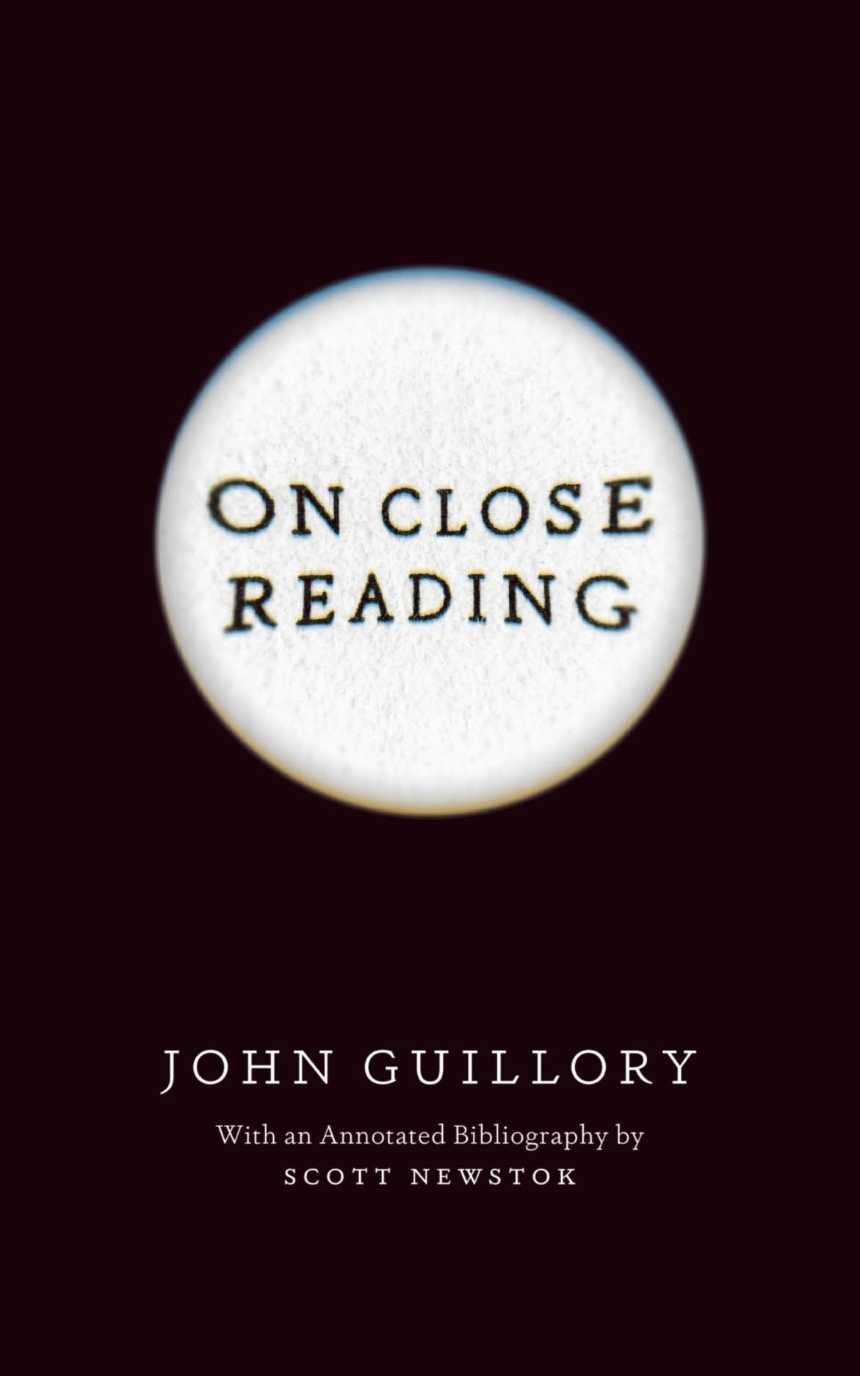
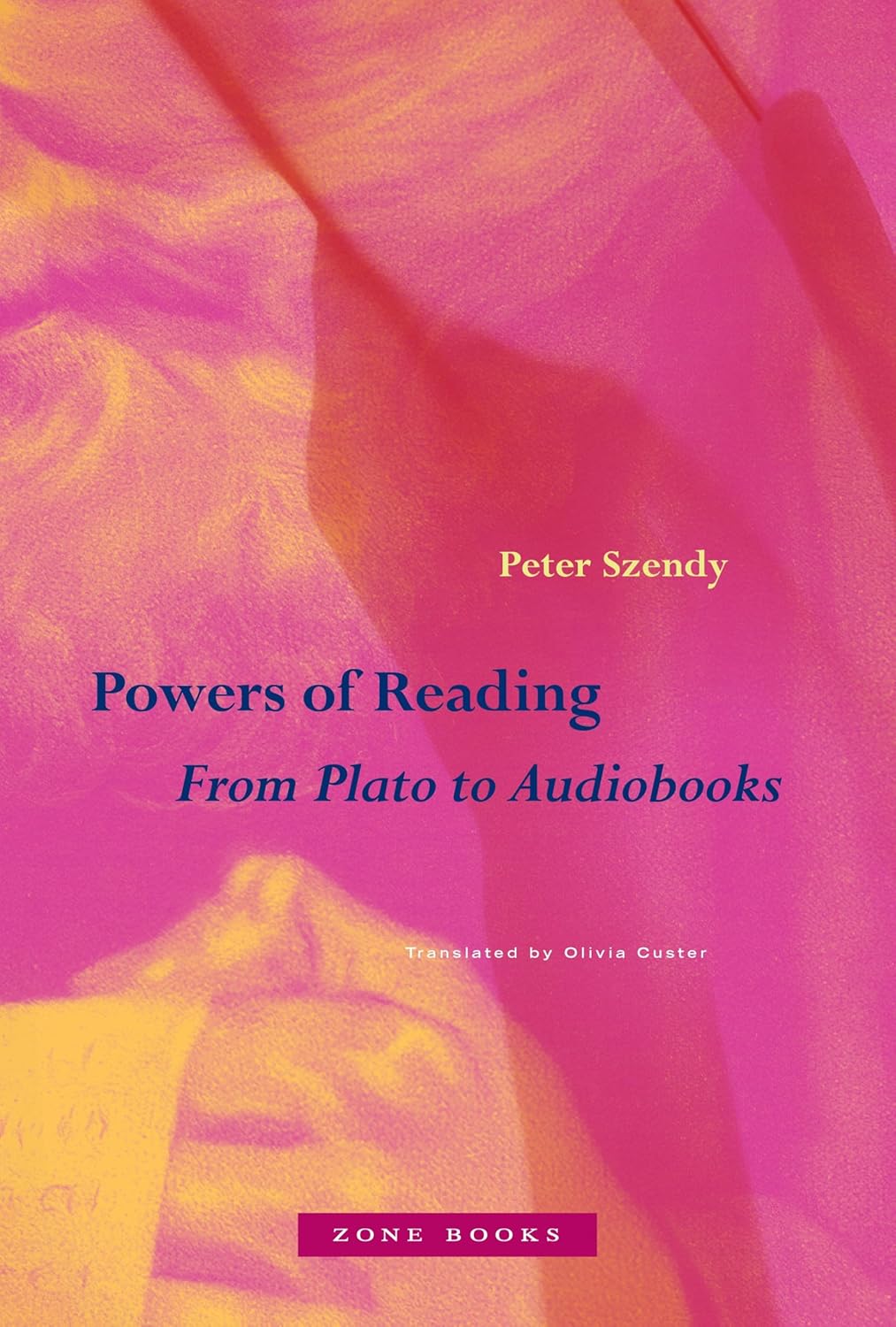
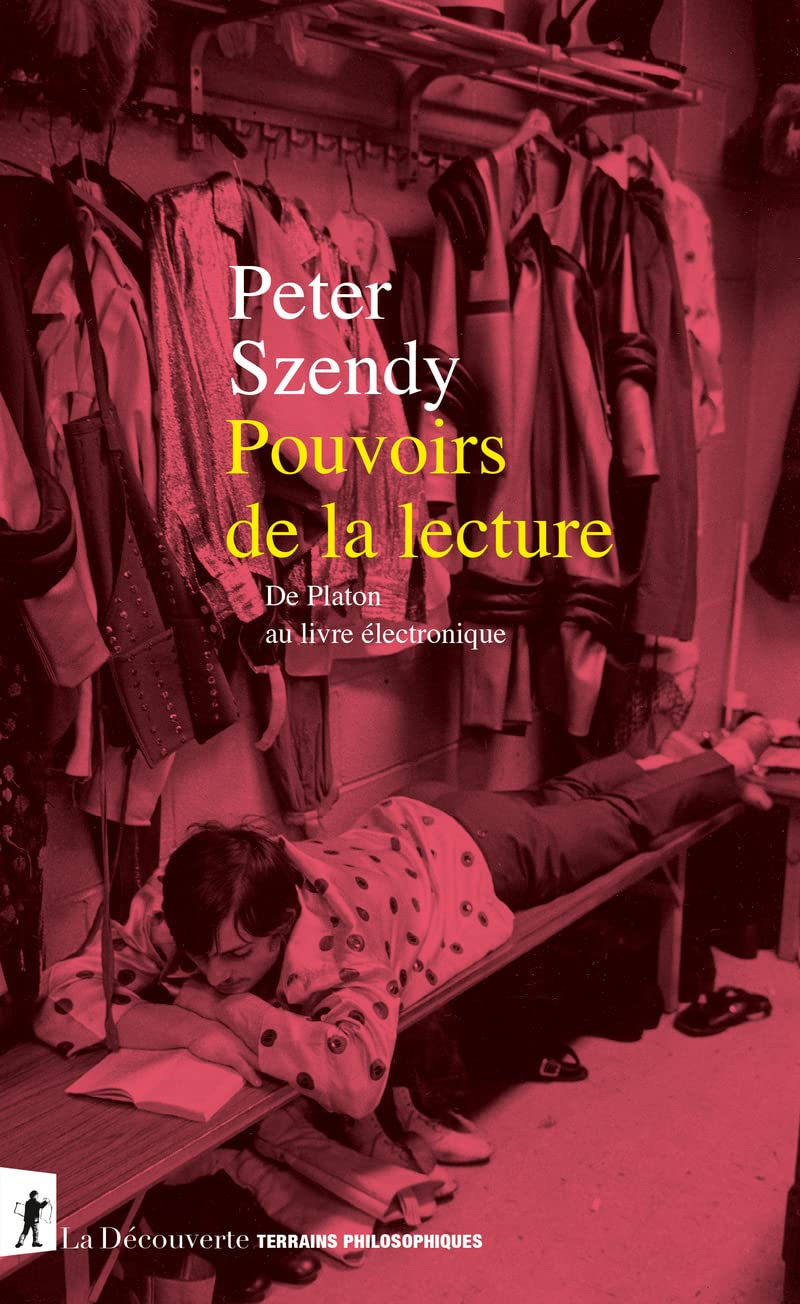
The Complete Works of Friedrich Nietzsche, Vol. 8 (Beyond Good and Evil / On the Genealogy of Morality)
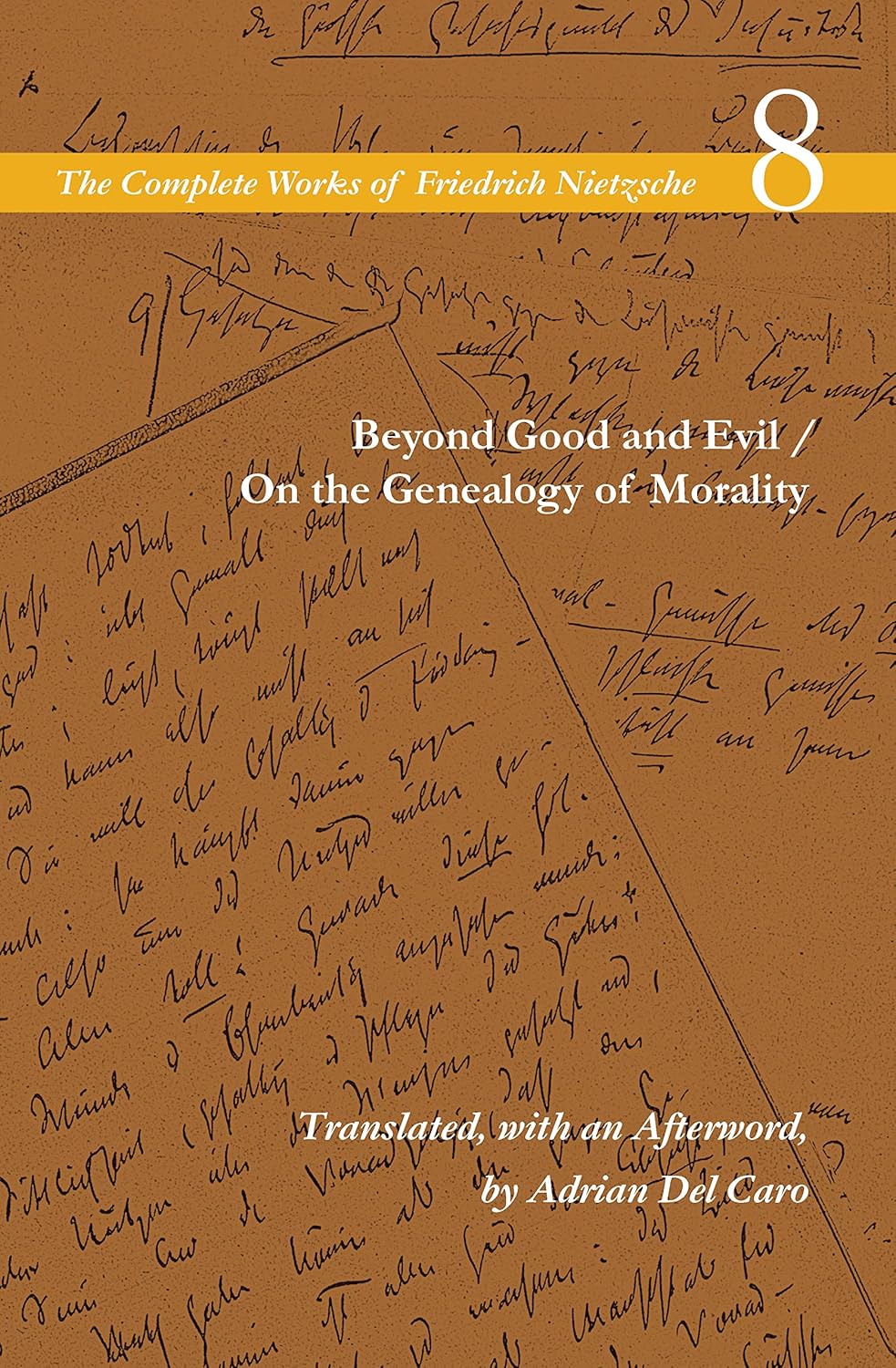
Dark cinema and color grading in digital cinema: Nosferatu_the_Vampyre_
Understanding the Cinematography of Bruno Delbonnel
MR. KLEIN (1976) | 4K Restoration | Trailer | Dir. by Joseph Losey & starring Alain Delon
Critics' Picks - 'Contempt' | The New York Times
Le Mépris (New Trailer) - In cinemas 1 Jan 2016 | BFI release
Jean-Luc Godard's CONTEMPT Trailer
Le SamouraÏ - 4K Restoration Trailer
SEVEN SAMURAI - Official 4K Restoration Trailer
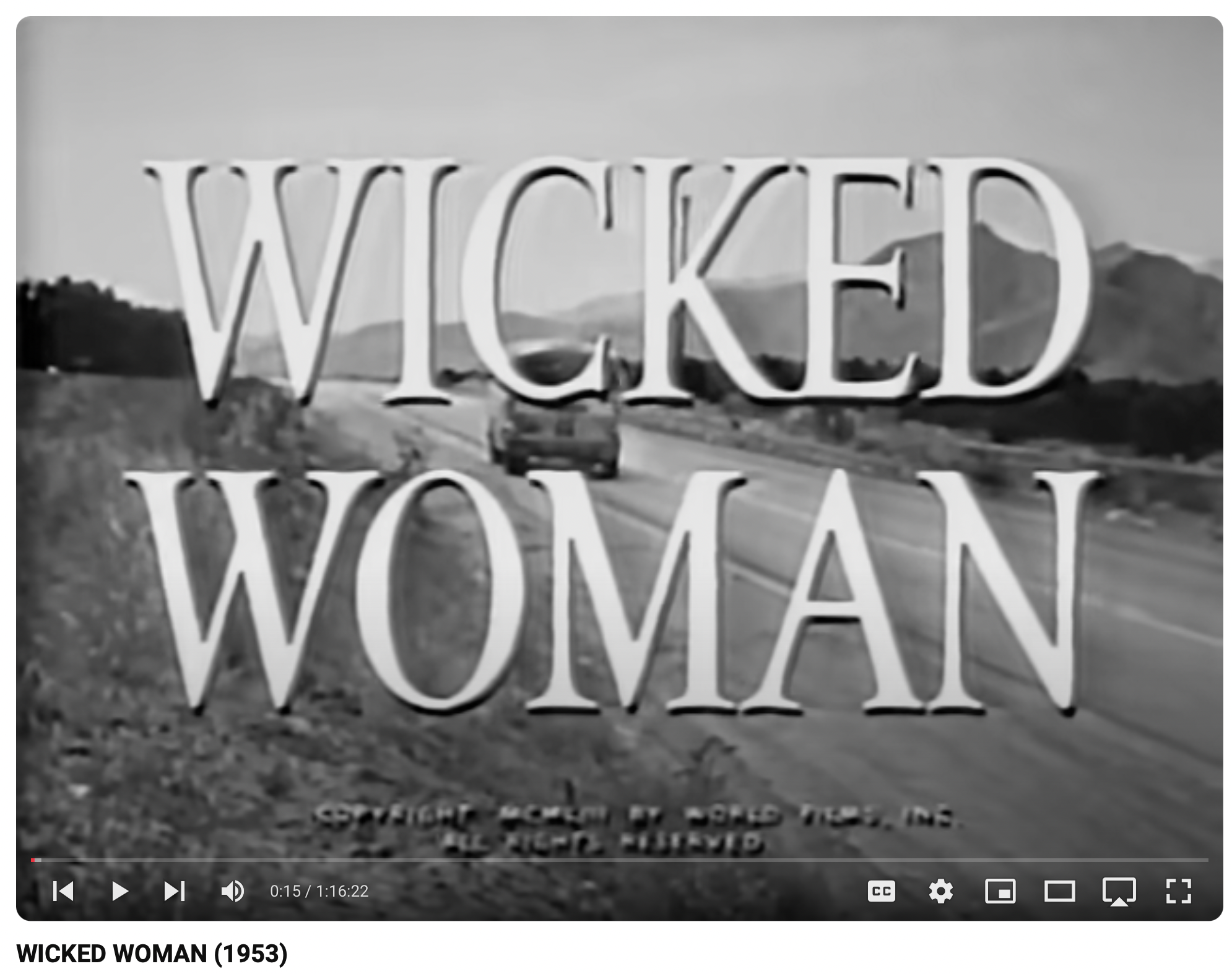
Wicked Woman (dir. Russell Rouse, 1953)
Shockproof (dir. Douglas, Sirk, 1949)
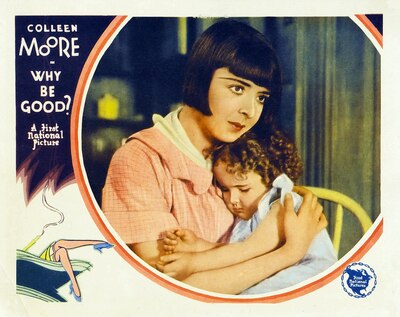
Also known as That’s a Bad Girl in the USA
(1929) United States of America B&W : Eight reels / 7507 feet Directed by William A. Seiter
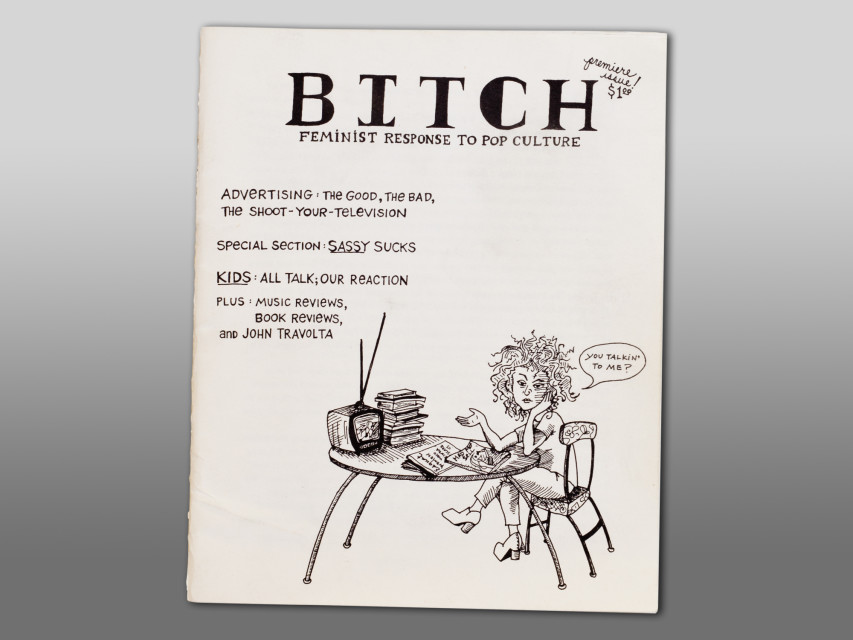
Meredith Brooks - Bitch (Official Music Video) (1997)
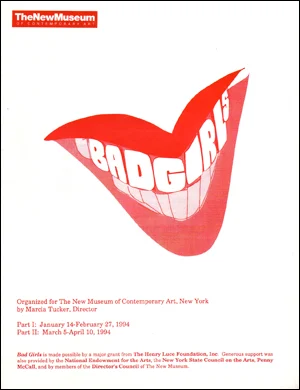
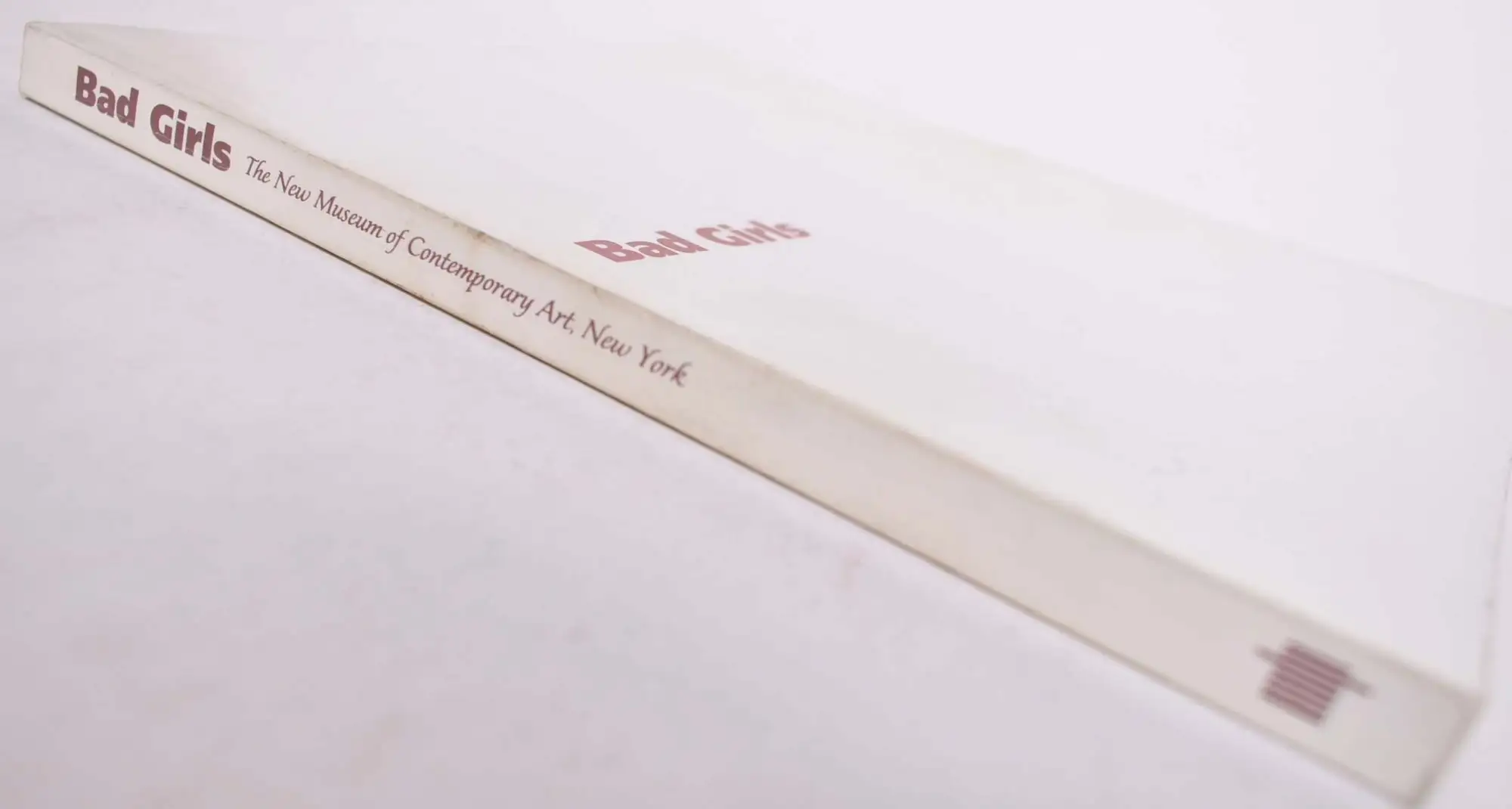
Caught Looking: Feminism, Pornography & Censorship 1992 Edited by Beth Jaker (Author), Nan Hunter (Author), O'Dair (Author), Kate Ellis (Author), Feminist Anti-Censorship Taskforce (Editor), Abby Tallmer (Editor)
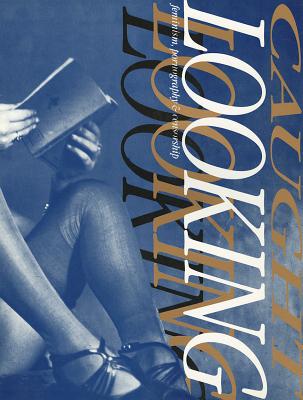
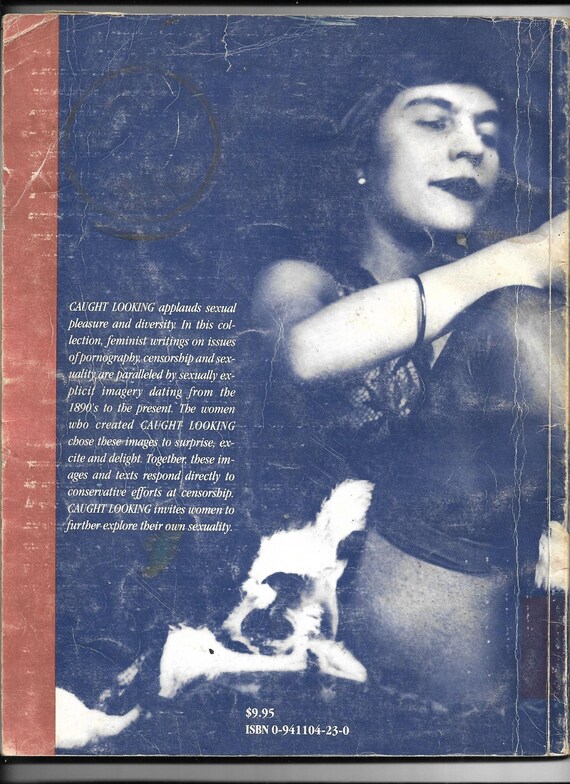
Carole Vance, Pleasure and Danger: Exploring Female Sexuality (1984)
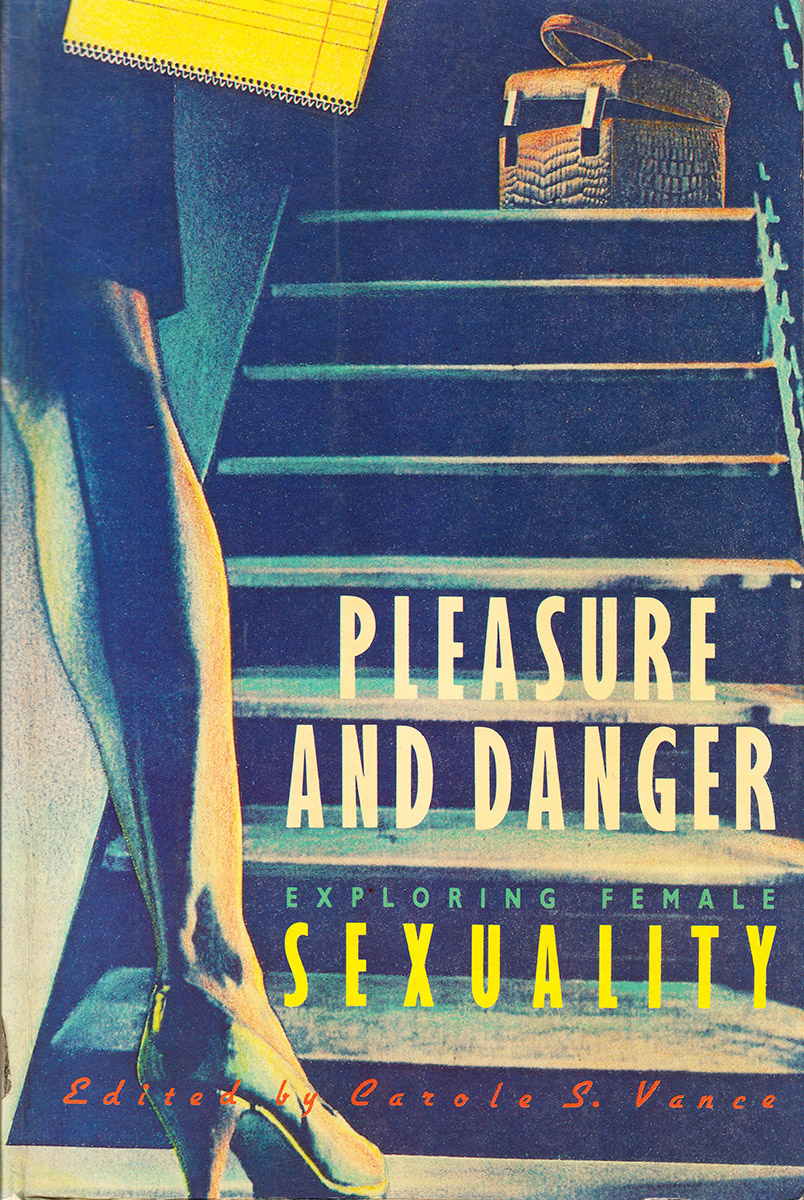
Carol Clover, Men, Women, and Chainsaws (1992)
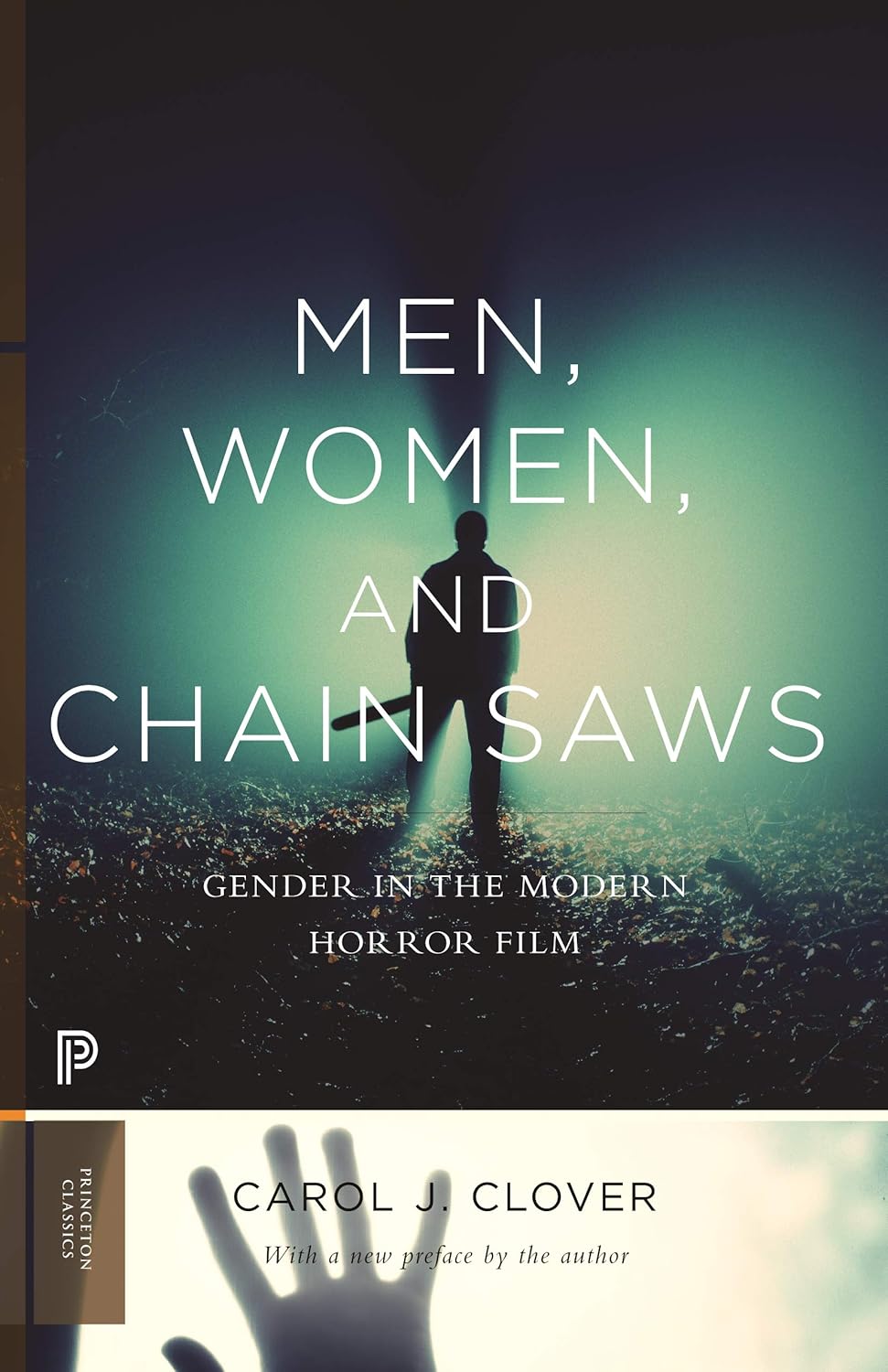
Mary Russo, The Female Grotesque: Risk, Excess, and Modernity (1994)
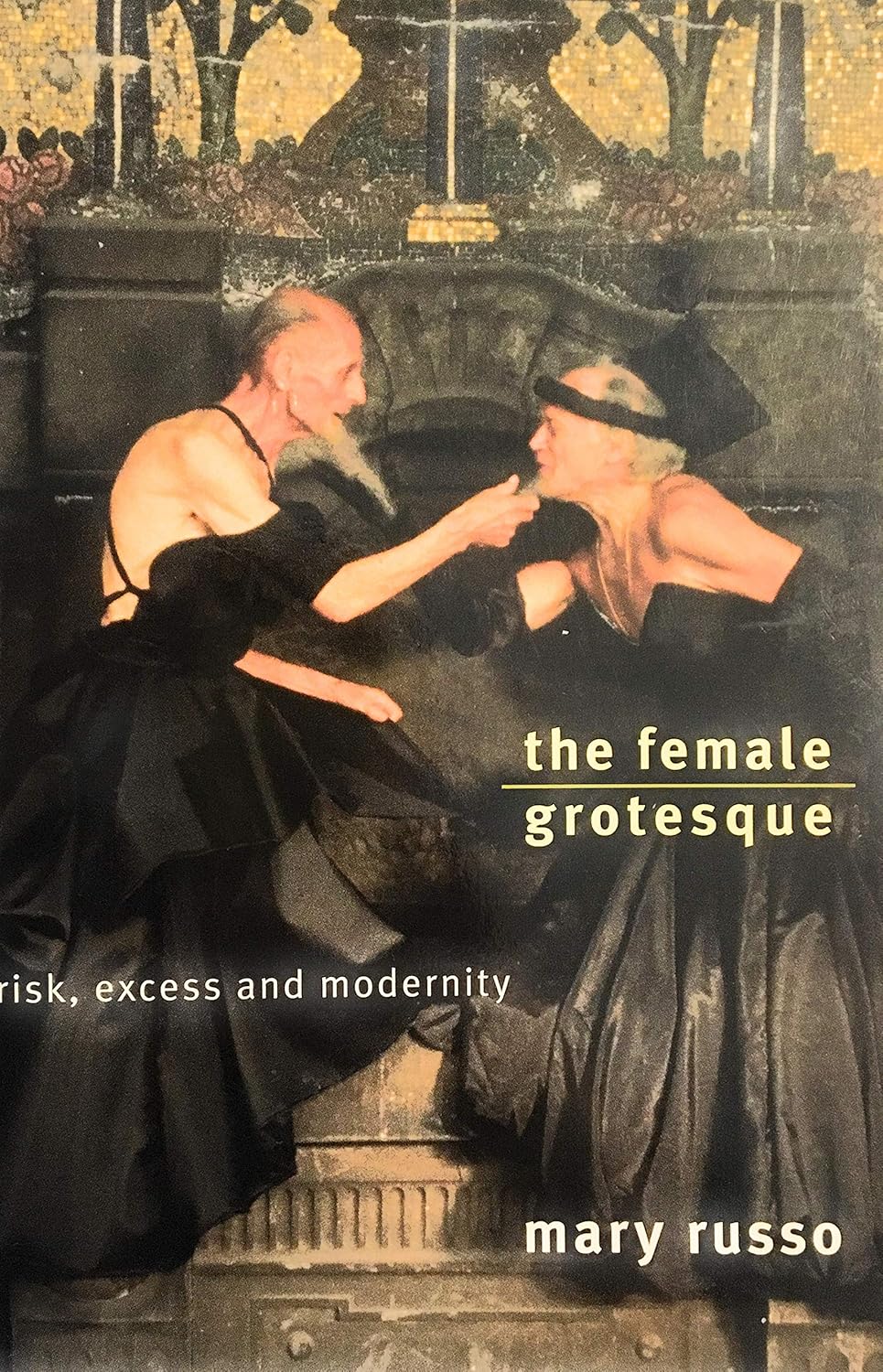
"Current Challenges to Free Expression: A New Age of Repression" Geoffrey R. Stone 1991
Wendy Kaminer, Feminists Against the First Amendment The Atlantic November 1992 Issue
A critique of a movement that is winning new recruits among politicians and on college campuses—a movement that appeals to the widespread loathing of pornography, that promotes a view of men as lubricious brutes, and that has united authoritarians on the left and the right in an assault on free speech
John Ruskin's one sentence description of the Schaffhausen waterfall in Modern Painters (Vol. I, Part II):
“Stand for half an hour beside the fall of Schaffhausen, on the north side, where the rapids are long, and watch how the vault of water first bends, unbroken, in pure velocity, over the arching rocks at the brow of the cataract, covering them with a dome of crystal twenty feet thick, so swift that its motion is unseen except when a foam-globe from above darts over it like a fallen star; and how the trees are lighted above it under all their leaves, at the instant that it breaks into foam; and how all the hollows of that foam burn with green fire like so much shattering chrysopase; and how, ever and anon, startling you with its white flash, a jet of spray leaps hissing out of the fall, like a rocket, bursting in the wind and driven away in dust, filling the air with light; and how, through the curdling wreaths of the restless crashing abyss below, the blue of the water, paled by the foam in its body, shows purer than the sky through white rain-cloud; while the shuddering iris stoops in tremulous stillness over all, fading and flushing alternately through the choking spray and shattered sunshine, hiding itself at last among the thick golden leaves which toss to and fro in sympathy with the wild water; their dripping masses lifted at intervals, like the sheaves of loaded corn, by some stronger gush from the cataract, and bowed again upon the mossy rocks as its roar dies away; the dew gushing from their thick branches through drooping clusters of emerald herbage, and sparkling in white threads along the dark rocks of the shore, feeding the lichens which chase and chequer them with purple and silver.”
In this course, I will be asking you to learn how to do something no one may ever have asked you to do: it's called close reading. (Please do not confuse being moralistic and judgmental--"it didn't do 'x' and it should have done!"--with being critical--"why is the work doing what it is doing the way it is doing it?")."
Close reading means paying attention to language, to the words the author has used, the order in which they are used, and appreciating how well they are used. It means paying attention not to what is said but to how it is said; it means paying attention to the structure of sentences and the structure of the narrative; it means paying attention to tropes such as metaphor, metonymy, and irony, among others; it means being alert to allusions a work of literature makes to other works of literature.
See Cleanth Brooks, "The Heresy of Paraphrase," in The Well-Wrought Urn.
Close reading is a practice designed for literature, for texts that are extremely well-written. Literature is universal. Literature is often difficult to write. And it is often difficult to read. Not just anyone can write it. And not just anyone can read it closely. (If you do not know how to write a grammatical sentence or how to punctuate or how to use words correctly, you cannot learn how to read closely.) All writers of literature are excellent close readers. They know humongous amounts of (big) words.
Do not ask about the author or the historical context. Do not ask speculative questions. They cannot be answered and so are not productive for discussion. Do not ask what the work tells us about some general issue today. Ask questions the work raises.
Predatory Reading vs. Literary Criticism
How to Read a Book 1940 edition
How to Read a Book 1966 edition
How To Read A Book 1972 Edition
Guy J. Williams, "Harkness Learning: Principles of a Radical American Pedagogy"
"What we must not forget, however, is that it is in the completion of the text by the reader that these adjustments are made; and each reader will make them differently. Plurality is here not a prescription but a fact. There is so much that is blurred and tentative, incapable of decisive explanation; however we set about our reading, with a sociological or a pneumatological, a cultural or a narrative code uppermost in our minds, we must fall into division and discrepancy; the doors of communication are sometimes locked, sometimes open, and Heathcliff may be astride the threshold, opening, closing, breaking. And it is surely evident that the possibilities of interpretation increase as time goes on. The constraints of a period culture dissolve, generic presumptions which concealed gaps disappear, and we now see that the book, as James thought novels should, truly "glories in a gap," a hermeneutic gap in which the reader's imagination must operate, so that he speaks continuously in the text.
Barthes denies the charge that on his view of the reading process one can say absolutely anything one likes about the work in question; but he is actually much less interested in defining contraints that in asserting liberties.
When we see that the writer speaks more than he knows what we mean is that the text is under the absolute control of no thinking subject, or that it is not a message from one mind to another."
--Frank Kermode, "A Modern Way with the Classic"
New Literary History Vol. 5, No. 3 (Spring, 1974), pp. 415-434; pp. 425; 432; 433
The reason literature, film, and philosophy are so great, so deeply admired yet often controversial, even despised, is that writers are free to say anything they wish they way they want to say it, fillmakers get to show images of anything they wish, they way they want to show them, and philosophers can ask philosophical questions about anything they wish whenever they want. It's called FREEDOM OF EXPRESSION. As anyone who understands anything about language knows, intention and context do matter. I find attempts to get people fired from their jobs because of something they said repellent and unseemly.
In order to include all students in class discussion, and in order to make it easier for you to read closely and thereby improve your own writing, We will close read, read slowly the assigned text sentence by sentence or the assigned film shot by shot. Discussion co-leaders and I will call on a student at random and ask that student to read a specific sentence out loud and then to close read it. If the student is unable to read the sentence closely, the co-leaders will call on another student and ask that student to read a specific sentence out loud and then to close read it. We will continue to discuss the same sentence until a student reads it closely. We will then proceed in the same fashion with the next sentence. And so on. Due to time constraints and because close reading is slow reading, we will skip parts of the assigned text, but we will always be talking and only be talking about words, syntax, punctuation, paragraphing, and narration in the text. As we move through the text, we will be able to make more general comments about parts of it. If students have comments to add on the sentence under discussion, they may raise their hands and make them once they have been called on by the co-leaders or me.
In order to learn the names of all the students in the class, I will take roll on canvas at the beginning of class. As I state on the requirements webpage, if you are late to class, I consider you absent. If you are absent more than twice, your final grade may suffer. If you are absent four times, you fail the class.
Here is what I have written on the requirements webpage:
"Attendance means not only being in class, but includes completing the assigned work for each class by the time it is due and arriving to class on time. (If you arrive late to class or if you don't do the discussion questions, you are counted as absent.)
Repetition is key to learning.
To learn how to understand a piece of music, a philosopher said, you have to hear it twice.
A conductor of baroque music said you have to listen to repeated hearings before you understand it.
"How full of meaning and significance the language of music is we see from the repetition of signs, as well as from the Da capo which would be intolerable in the case of works composed in the language of words. In music, however, they are very appropriate and beneficial; for to comprehend it fully, we must hear it twice."
--Arthur Schopenhauer, "On the Metaphysics of Music"
Vienna and Schubert: 'Death and the Maiden' String Quartet - Professor Chris Hogwood CBE
"The greatest pieces of music are called classics simply because at a first hearing--that is terribly...very complicated to work out what's going on or even more complicated to explain to yourself why it's going on--even to hear it has to be heard several times. Probably after first hearing, immediately go back and hear it again, and on repeated hearings repeated things come to light."
--Christopher Hogwood
 |
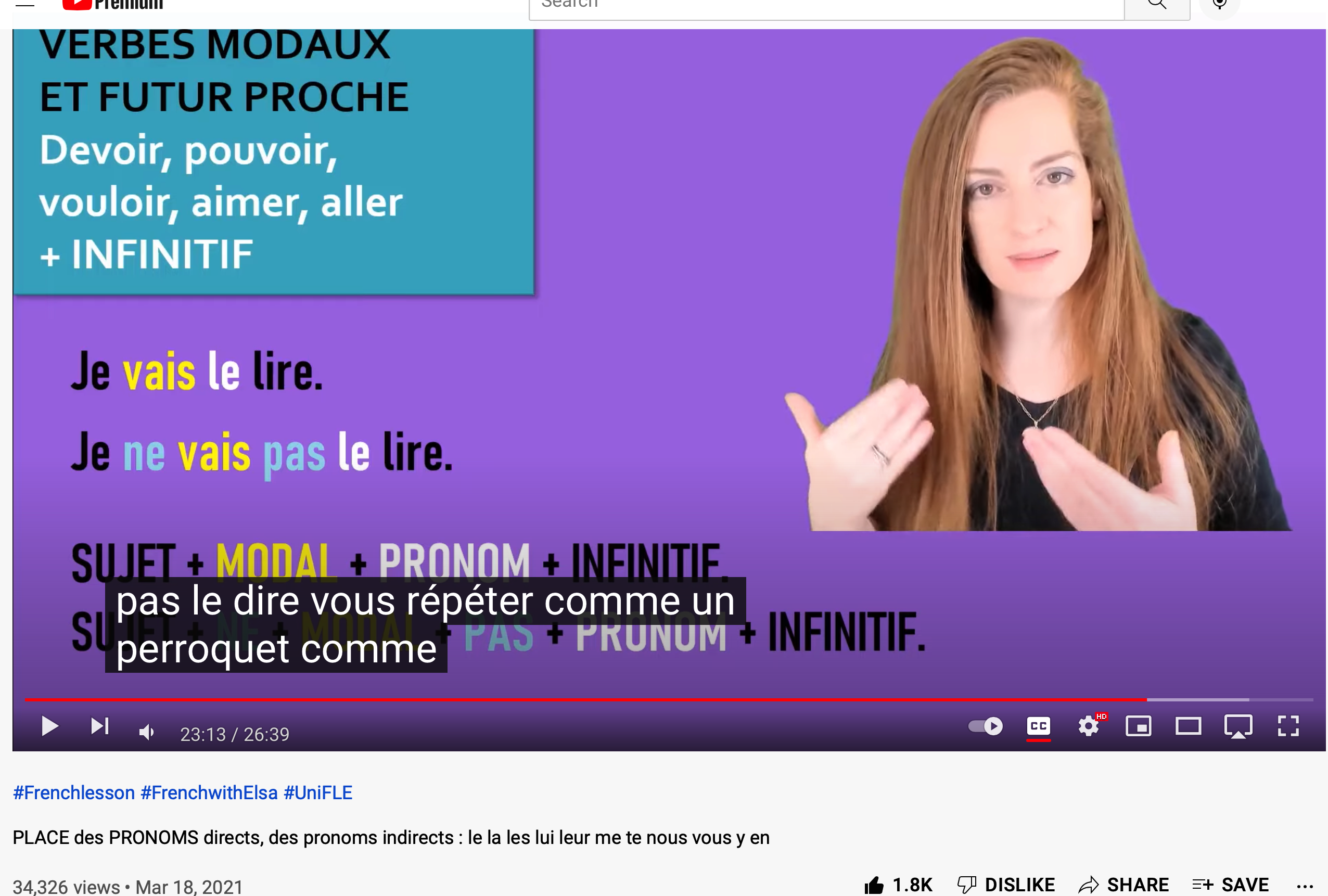 |
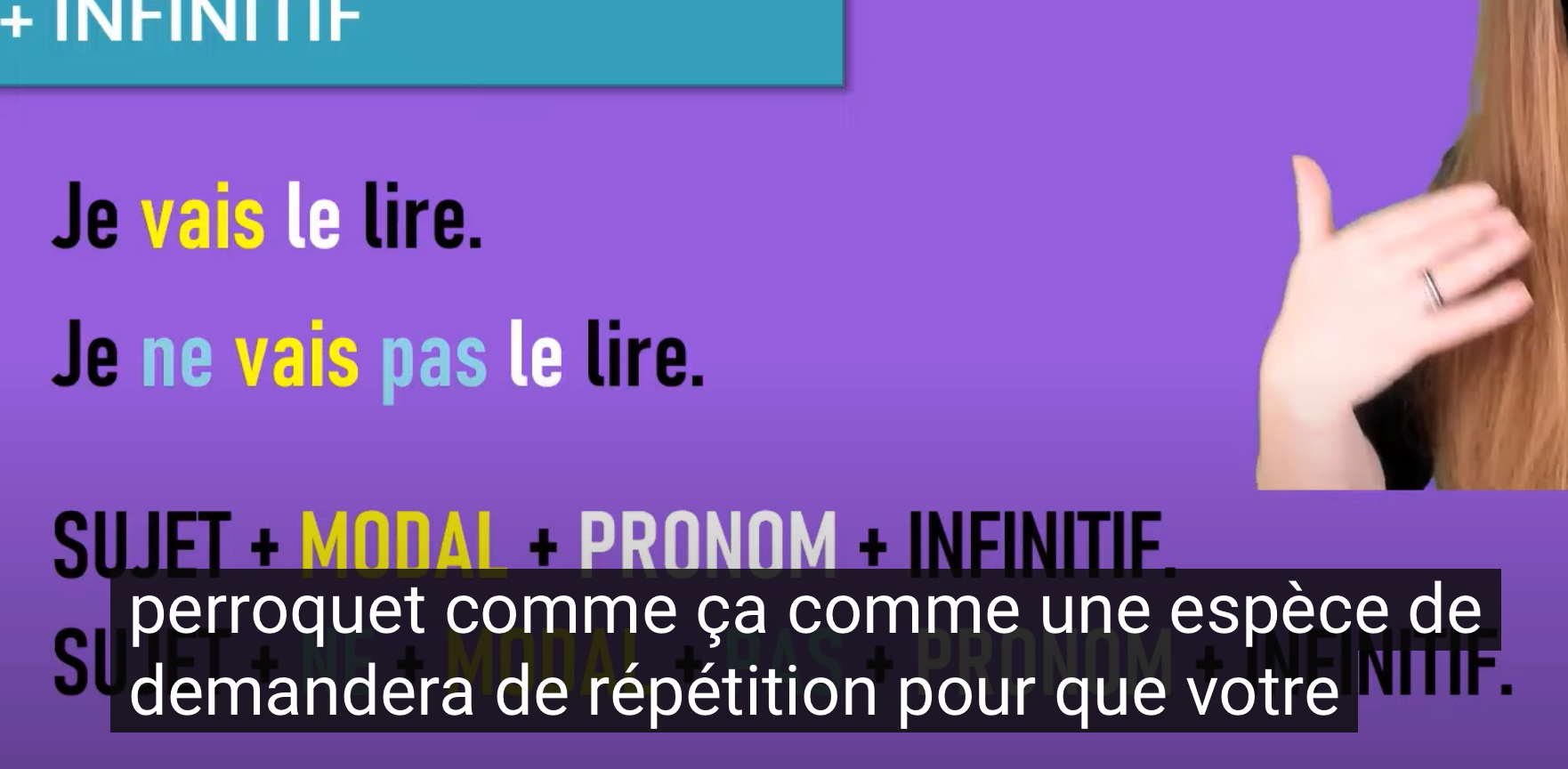 |
https://www.youtube.com/watch?v=mTziL0Xwa-s timestamp 29:00 |

--Barbara Johnson quoting Roland Barthes on rereading versus reading.
Paddington Pop-Up London: Movie tie-in: Iconic pop-up book from the movie, Paddington 2
The Pop Up Book Scene | Paddington 2
Bad Girls go to Hell (dir. Doris Wishman, 1965) - Trailer
Wicked | Shiz University Library
Wicked's ‘Dancing Through Life’ Full Scene Breakdown: Choreography, VFX & More